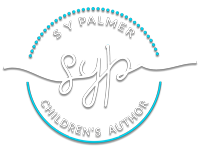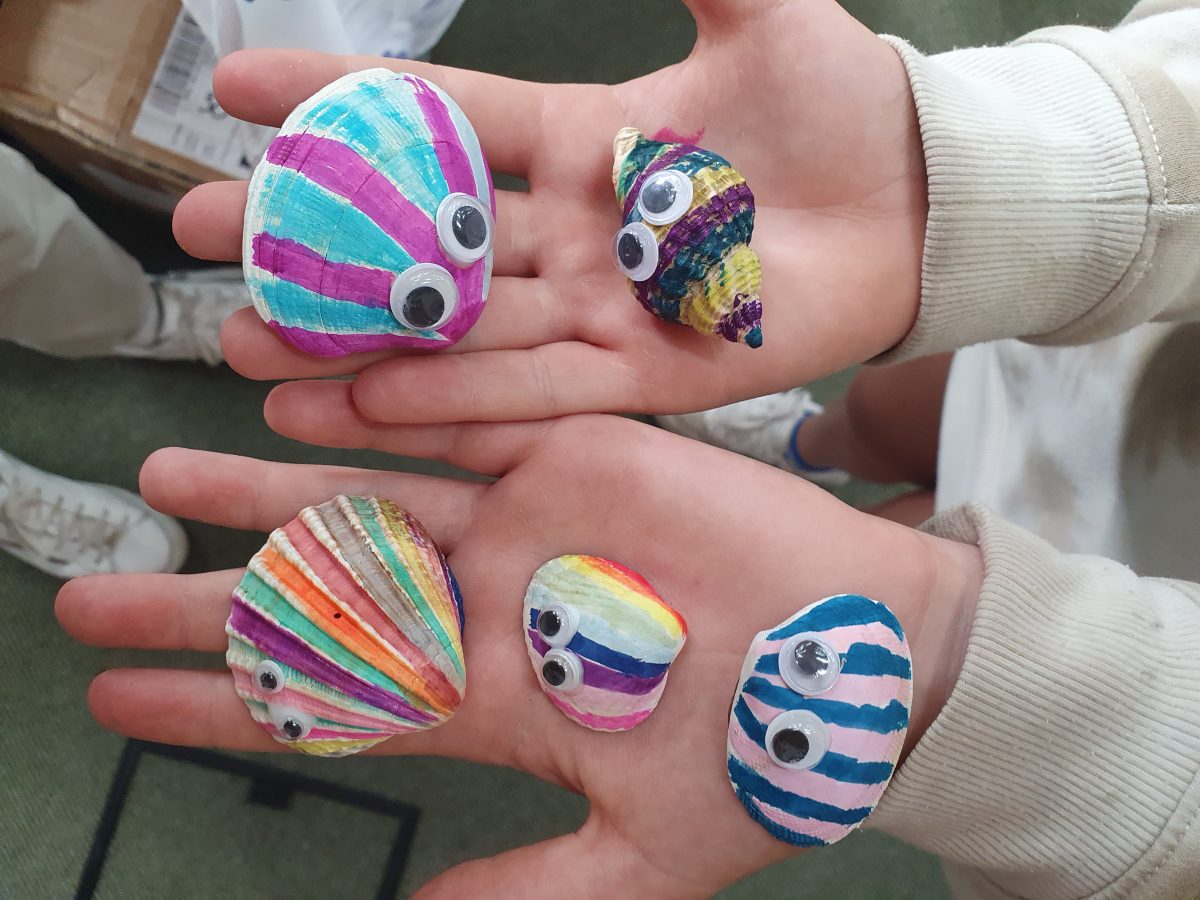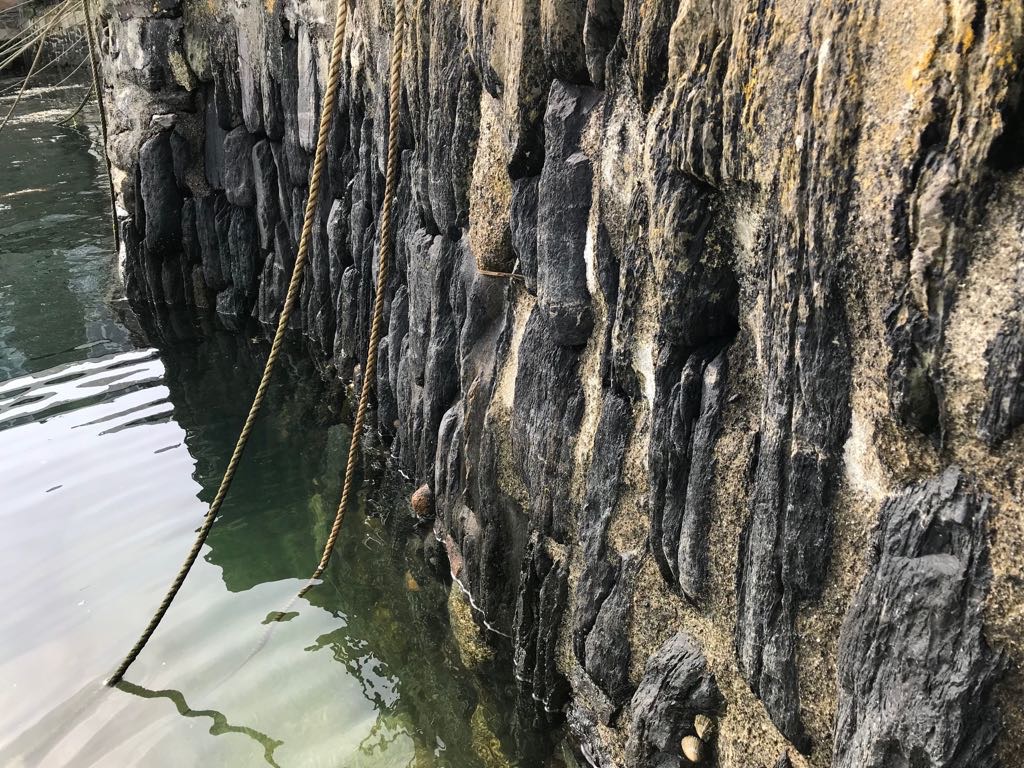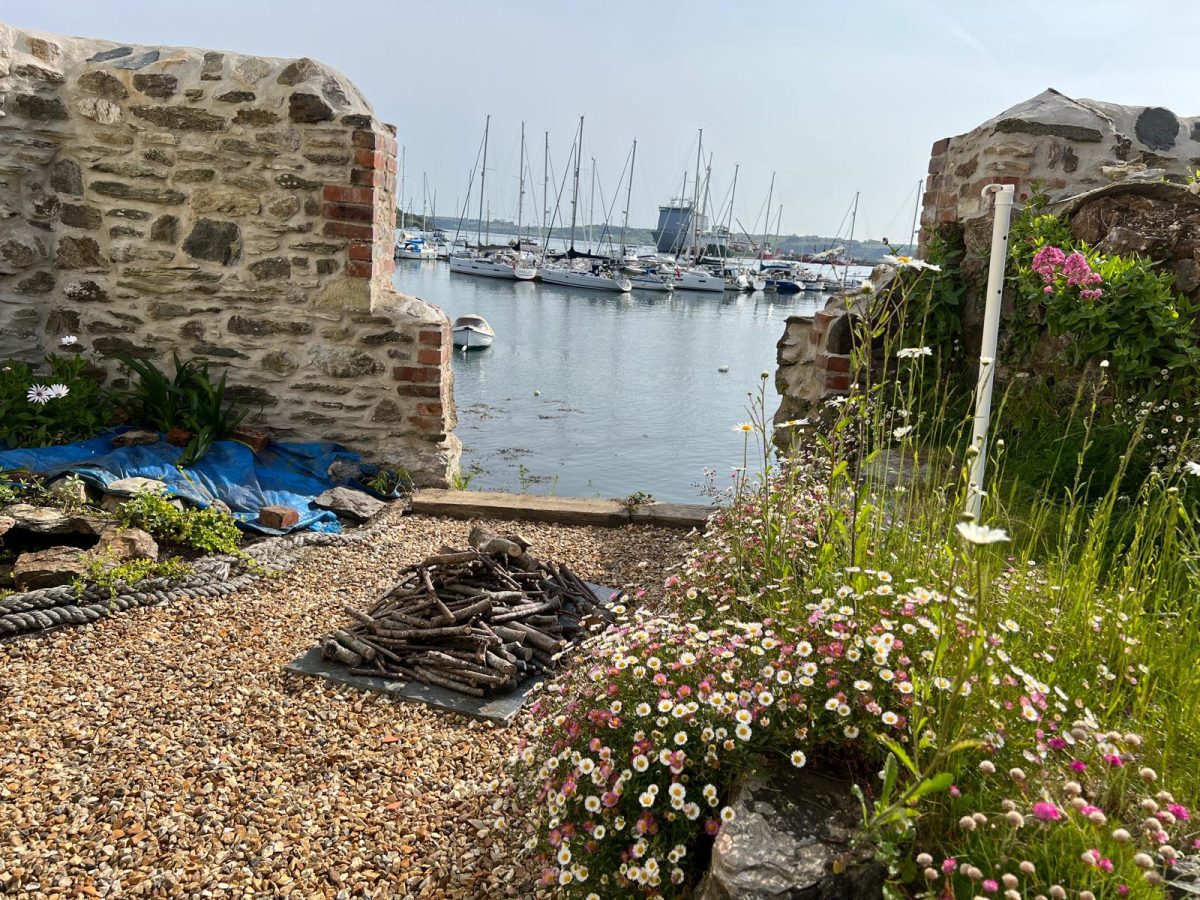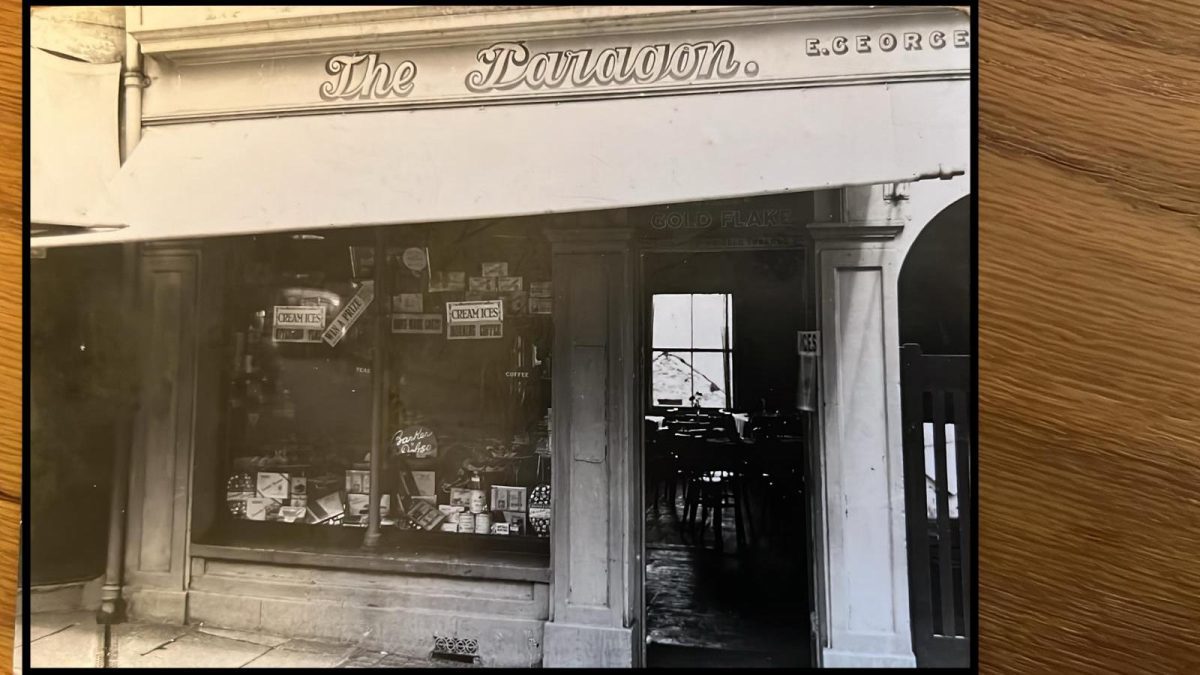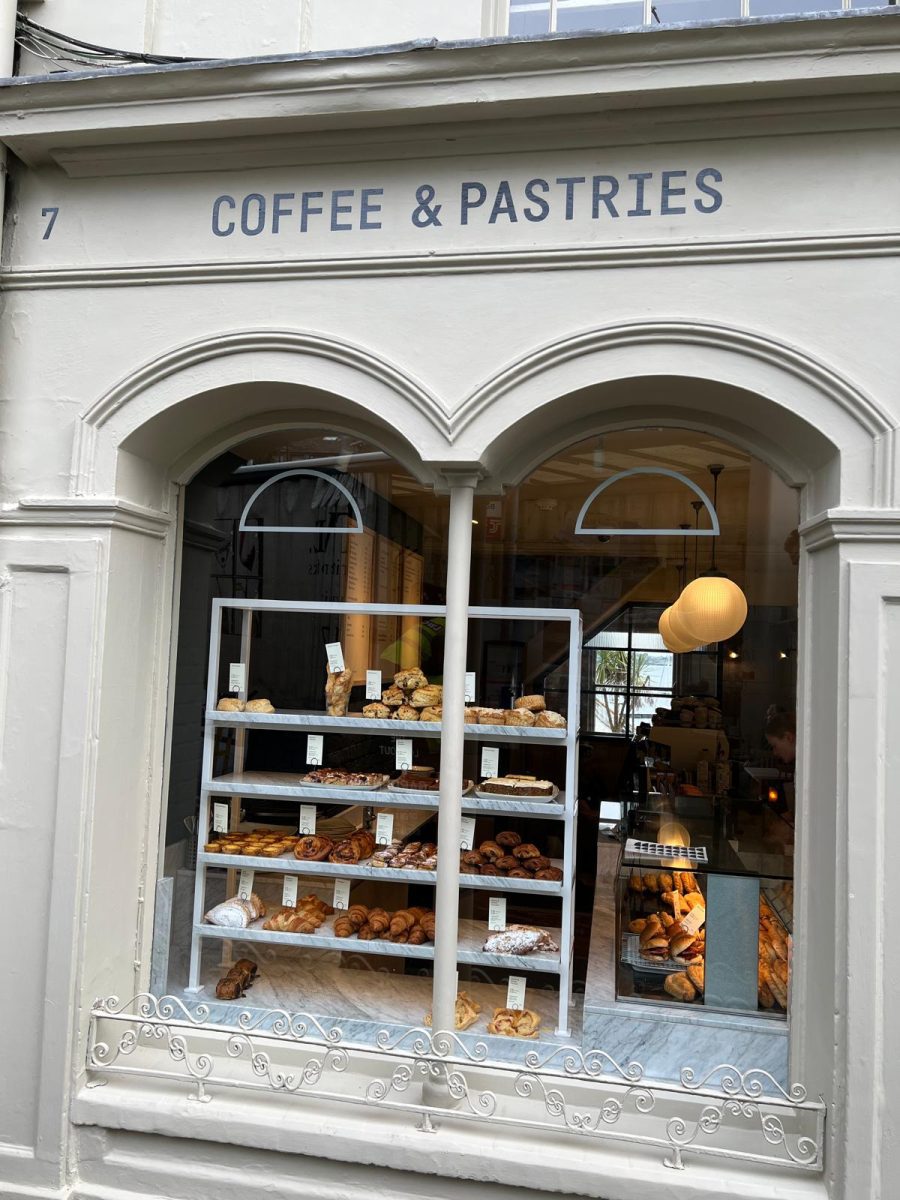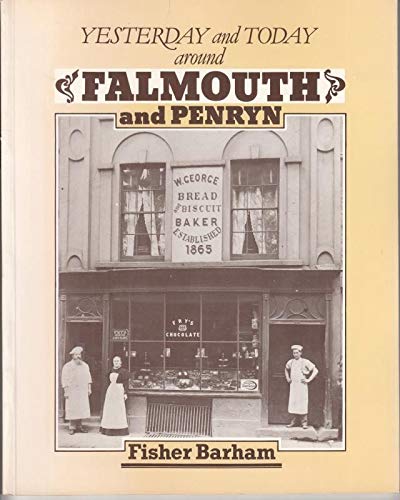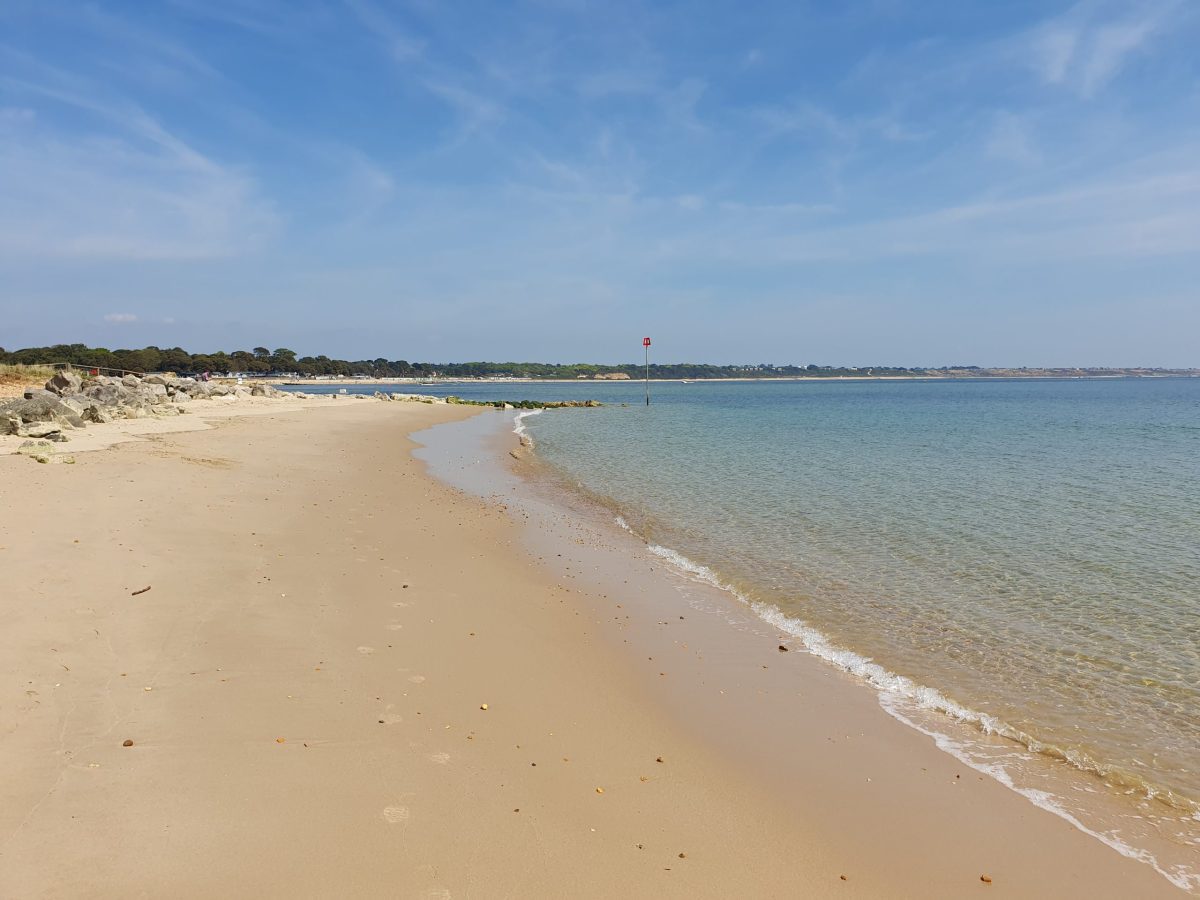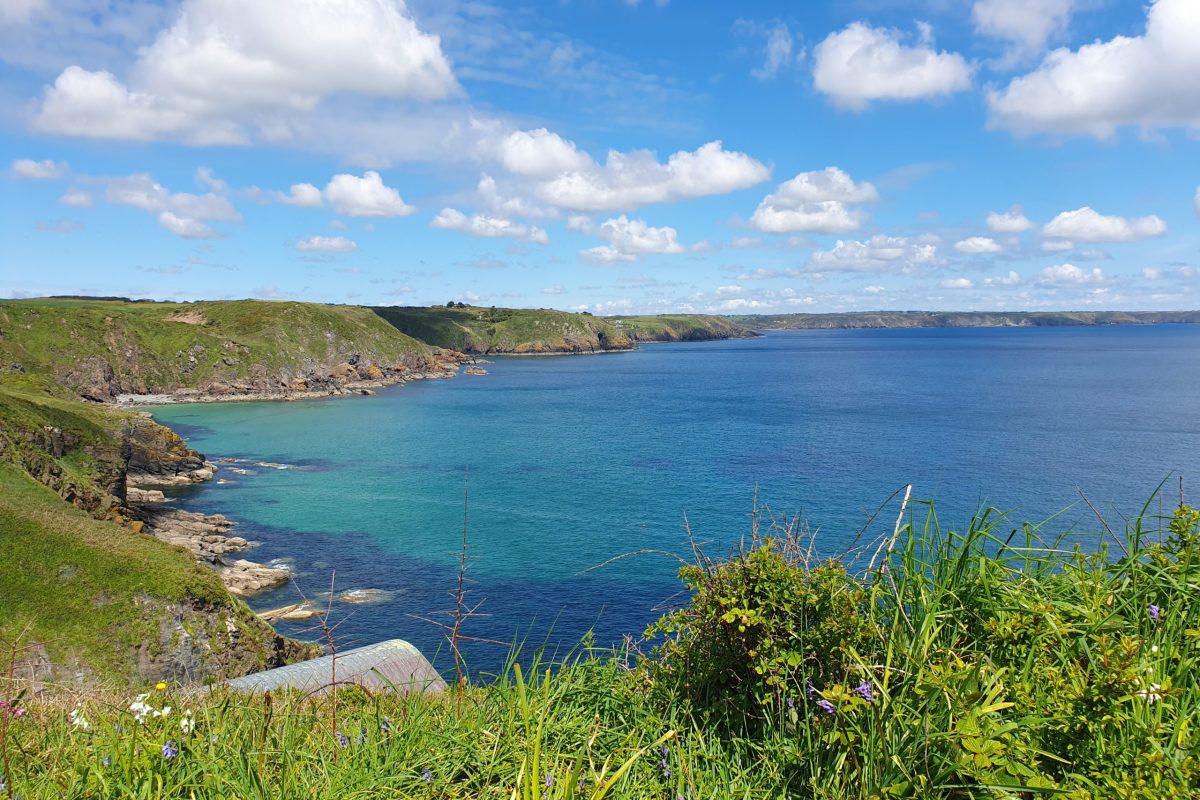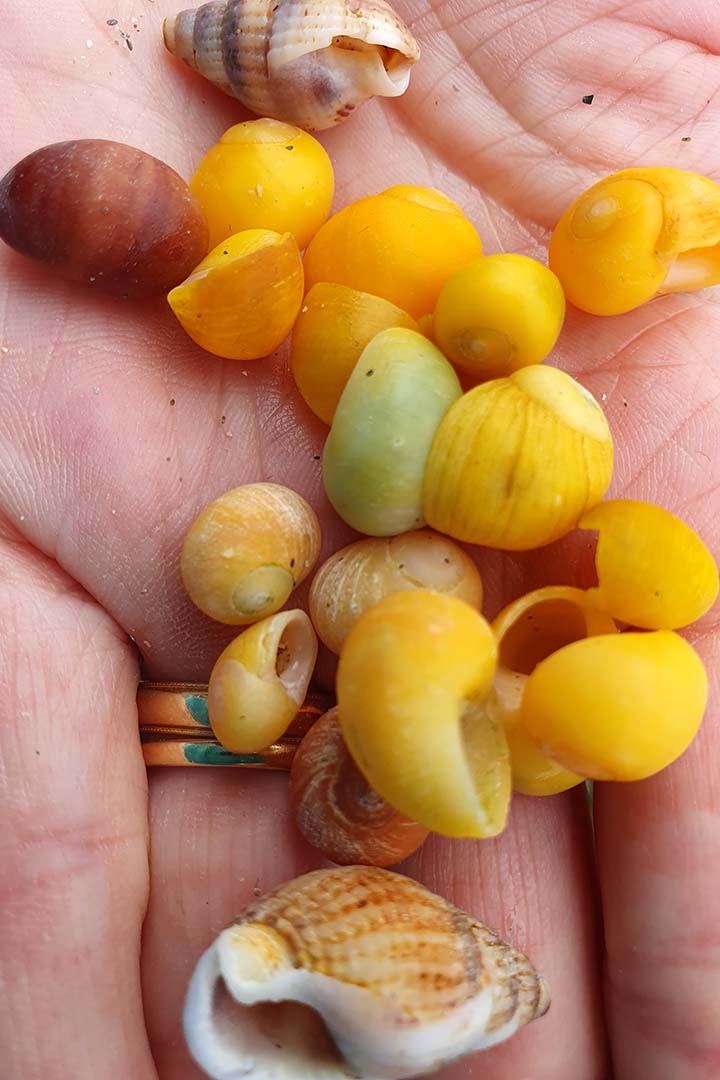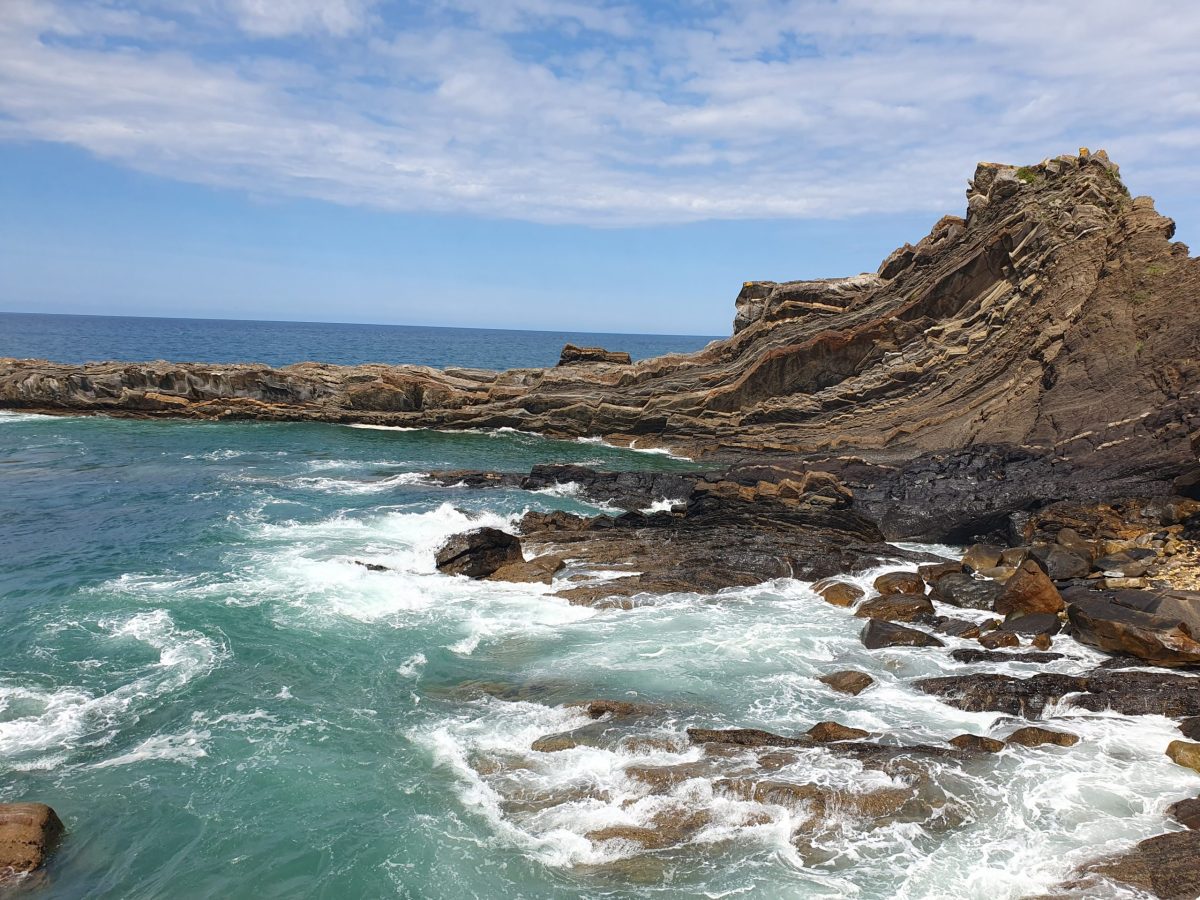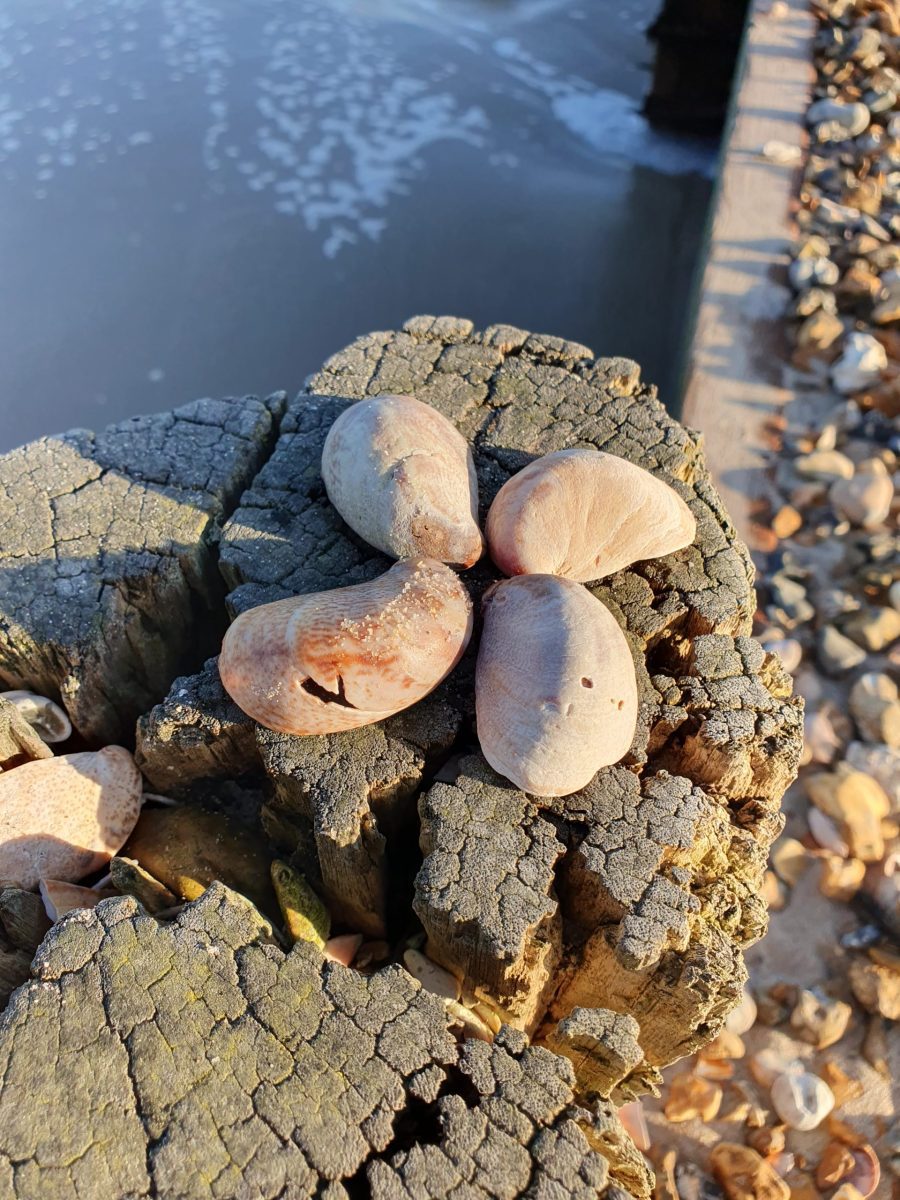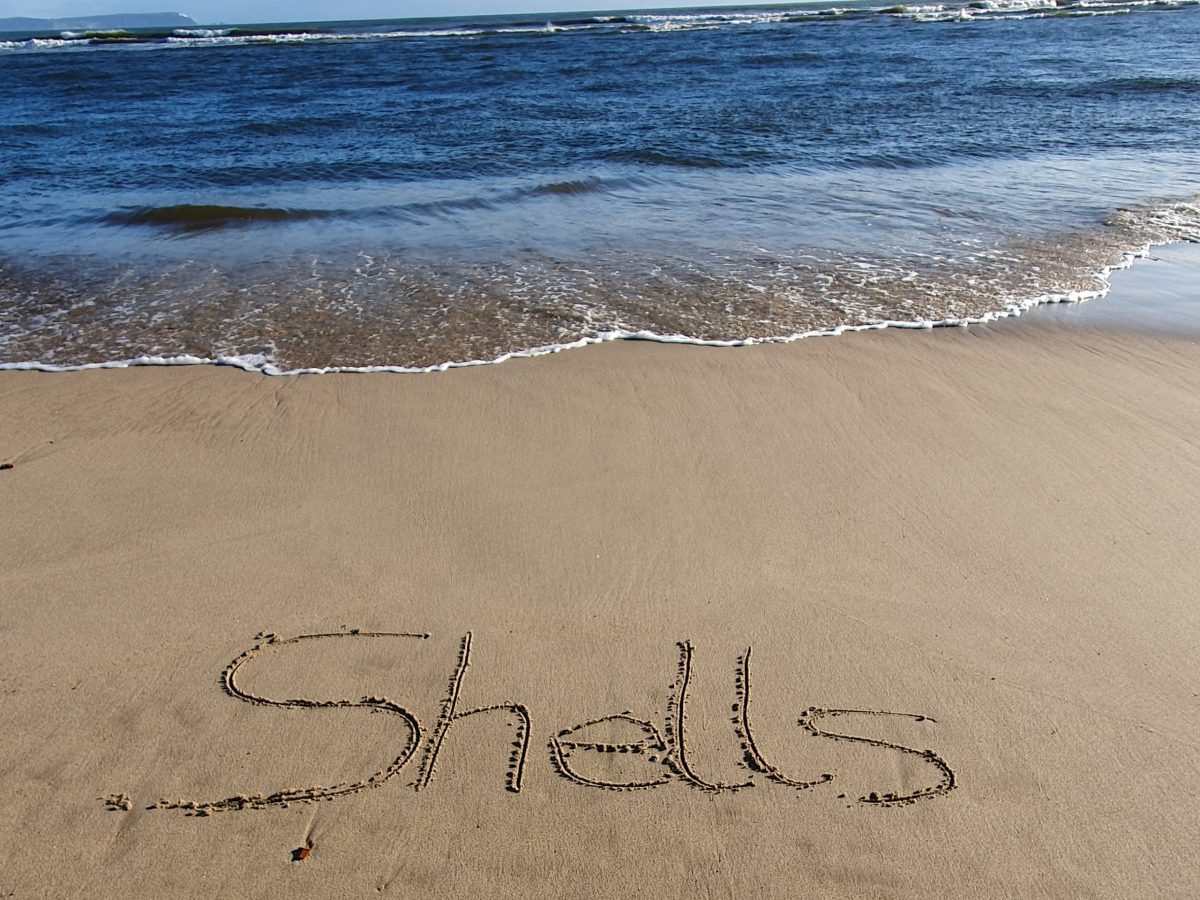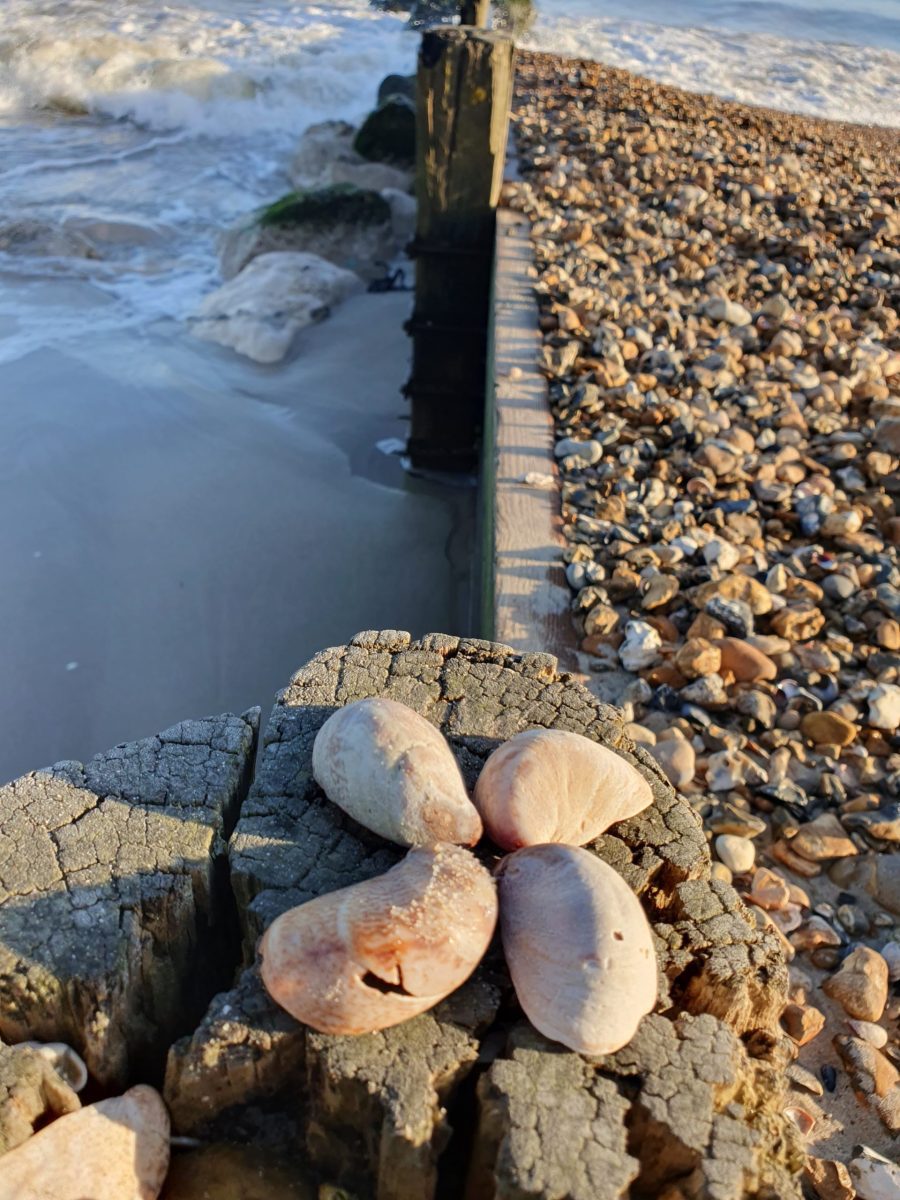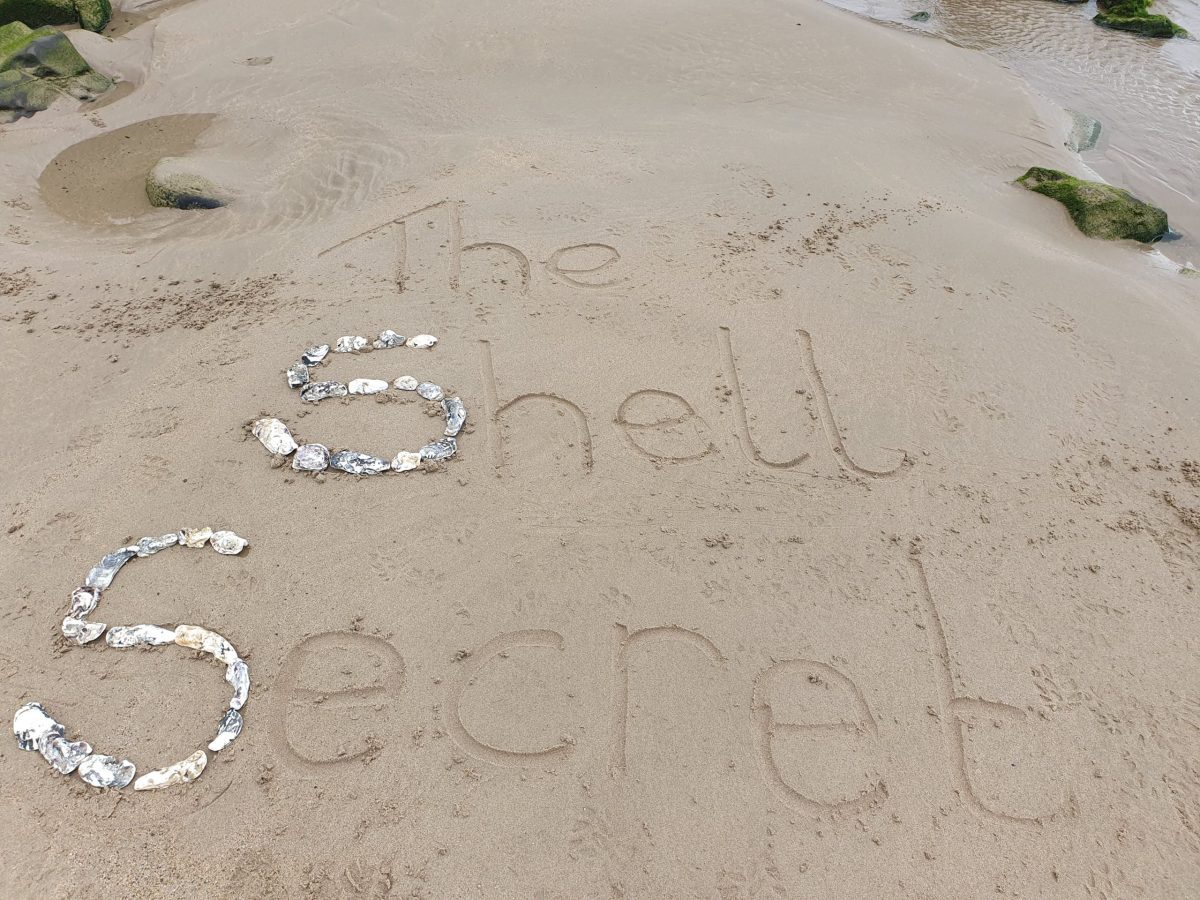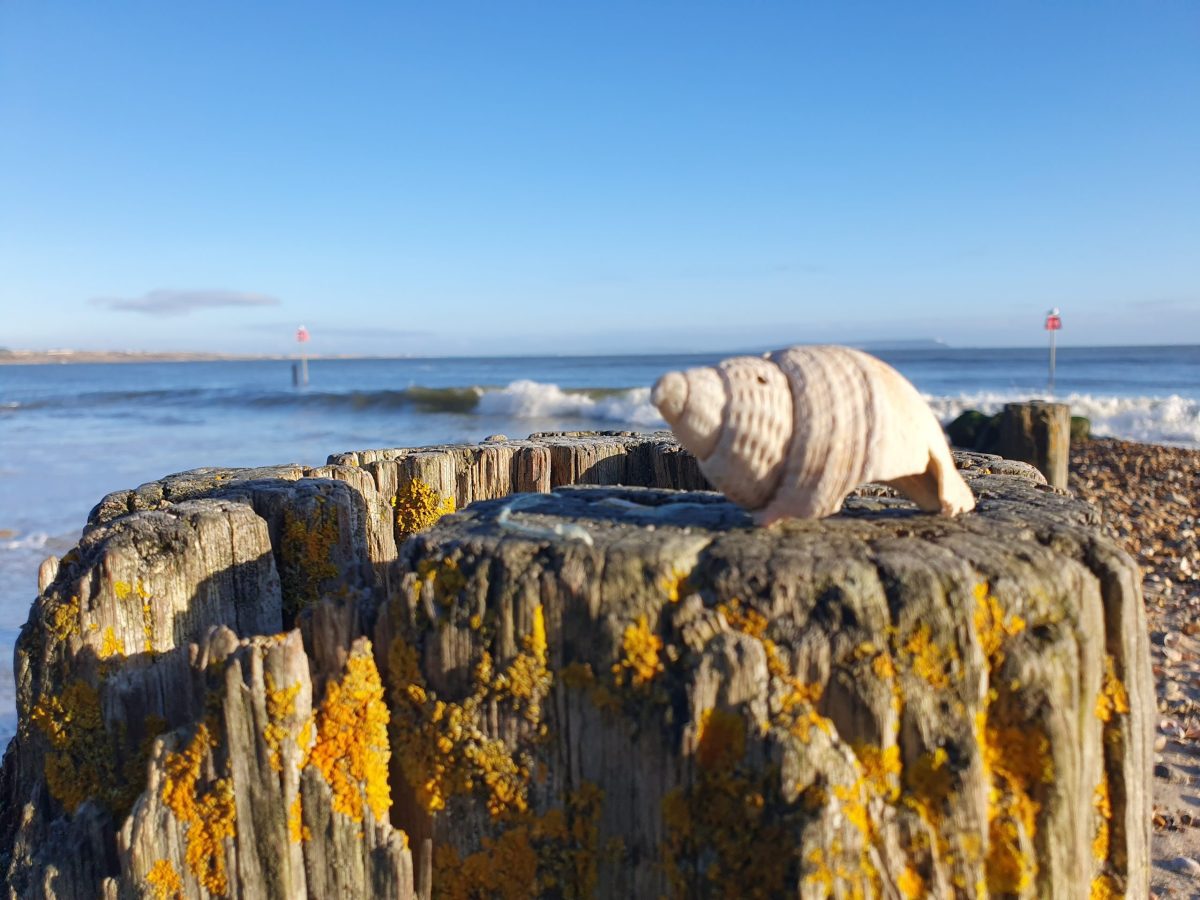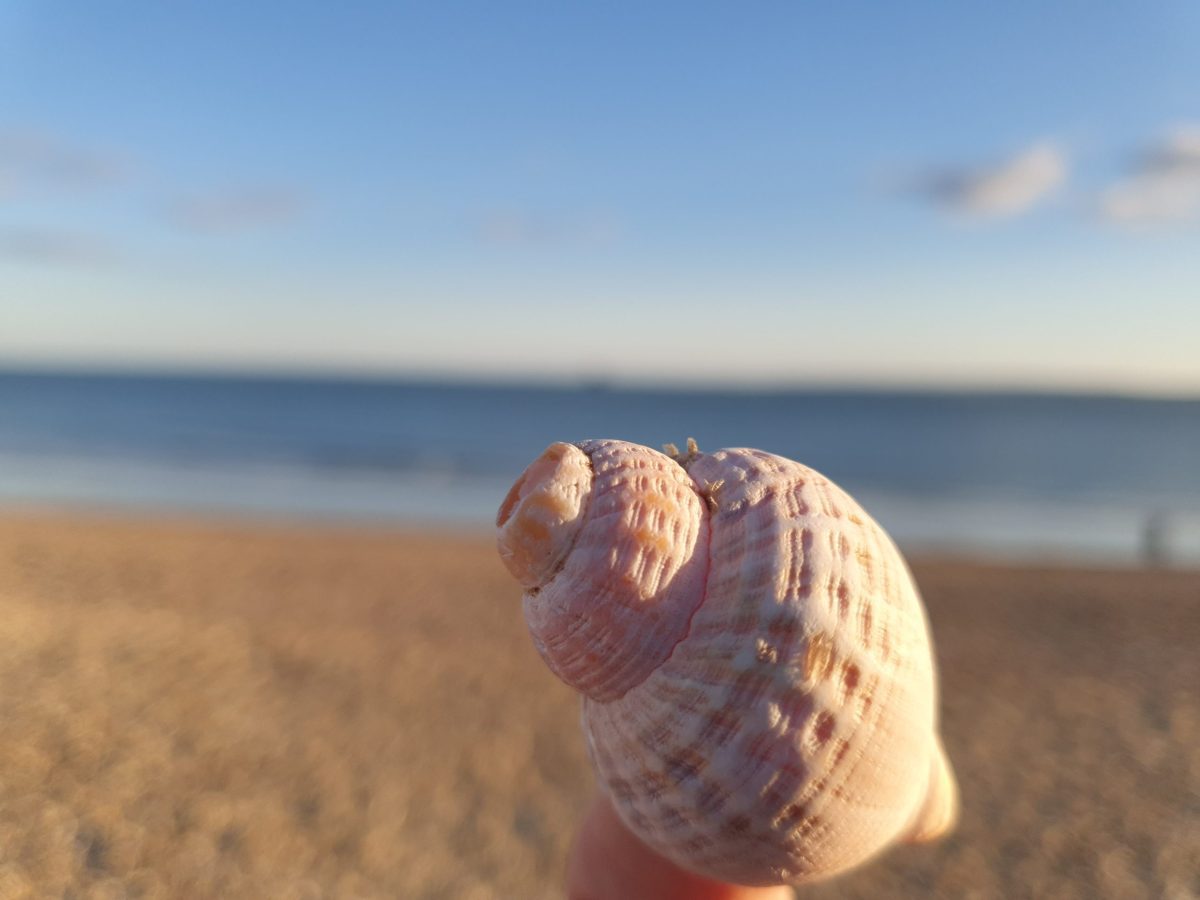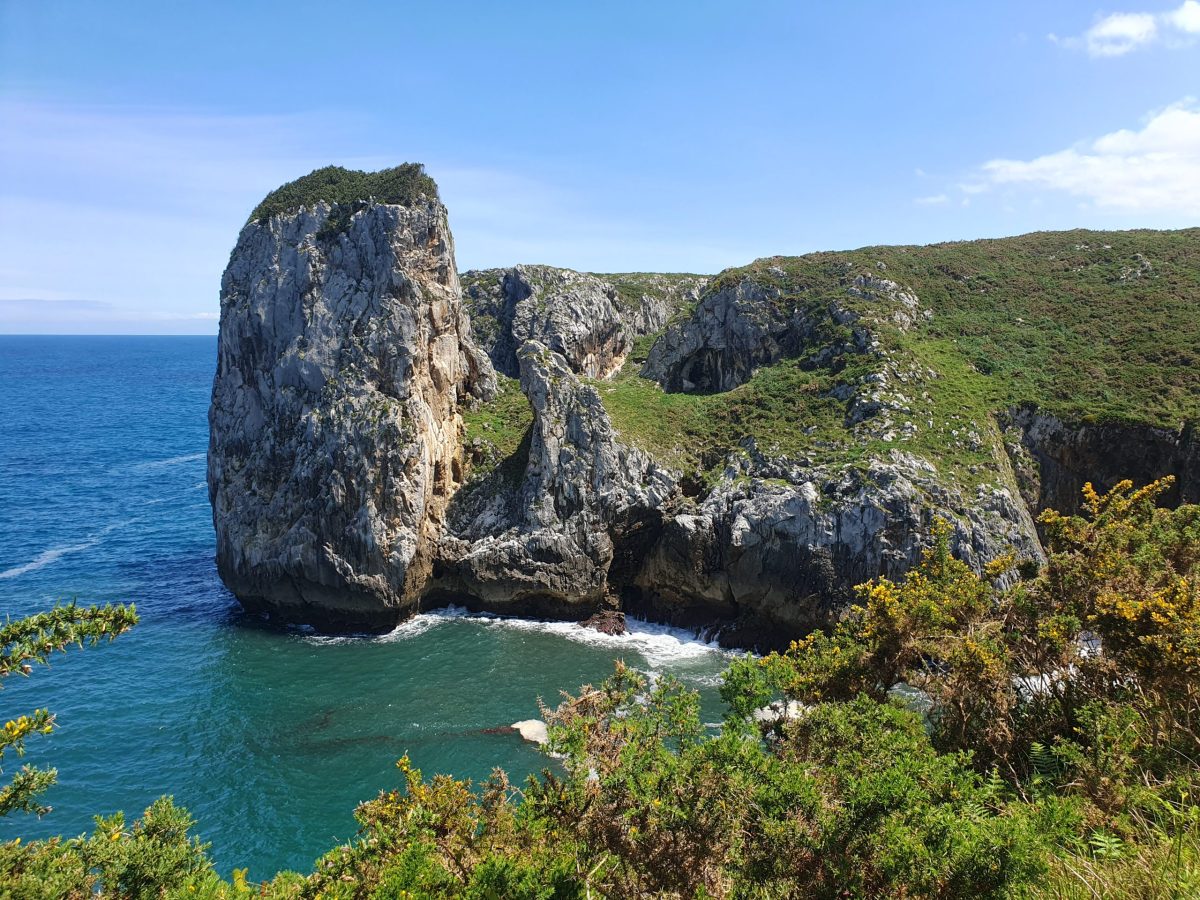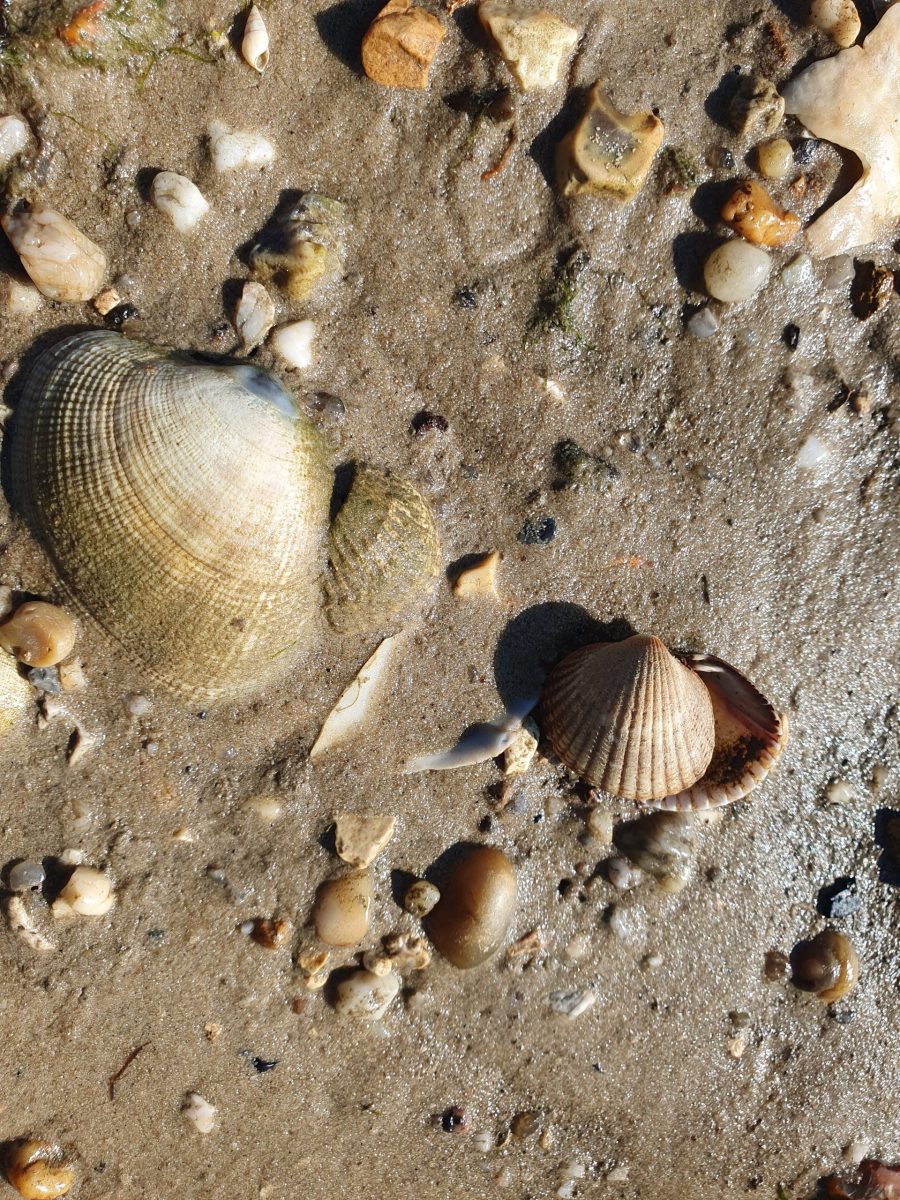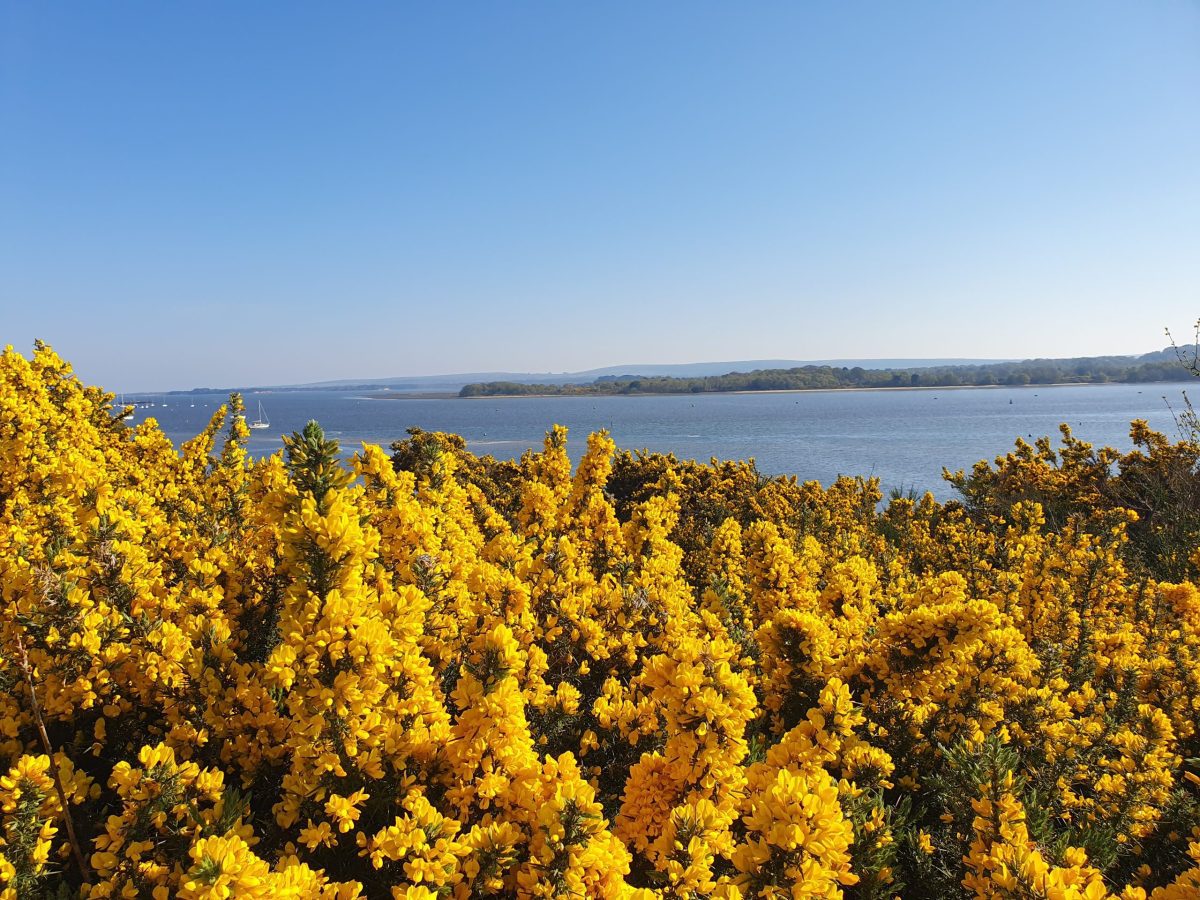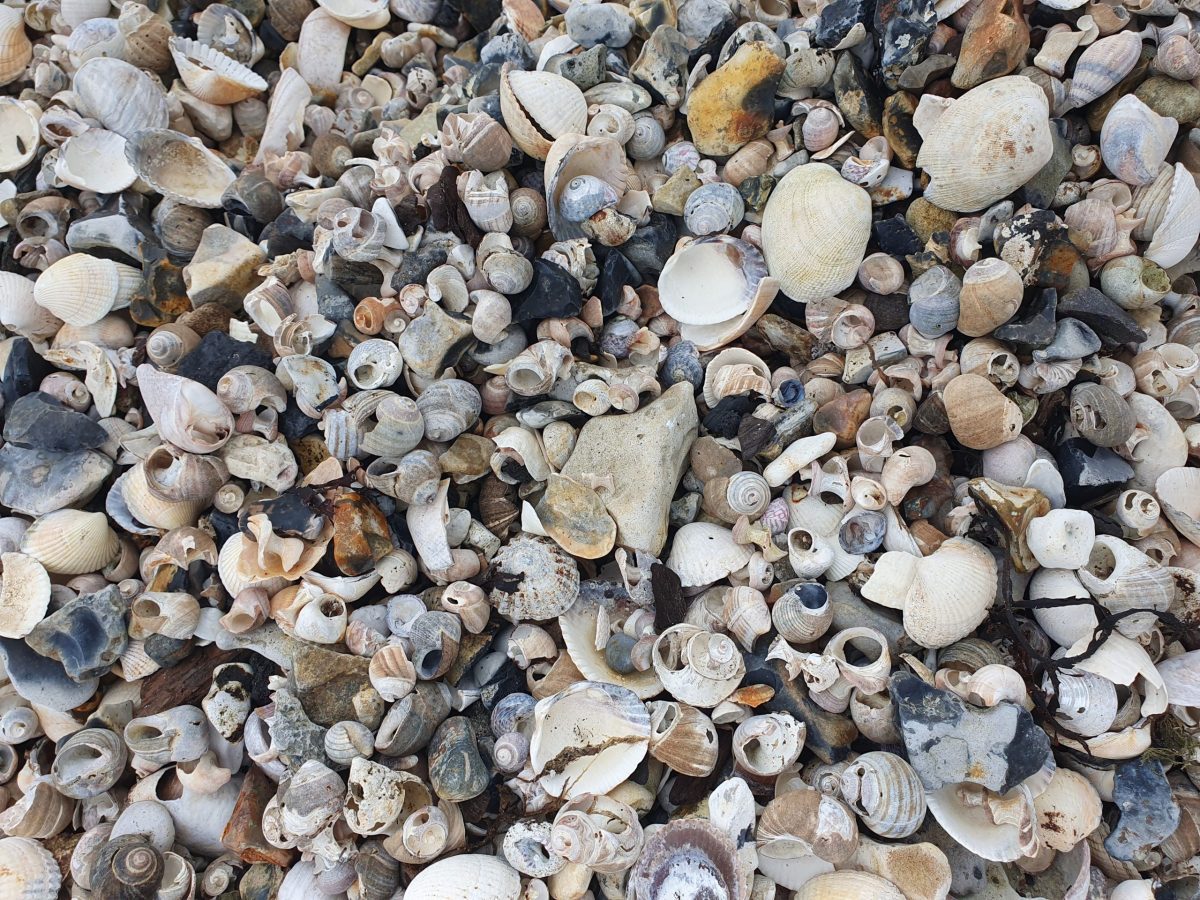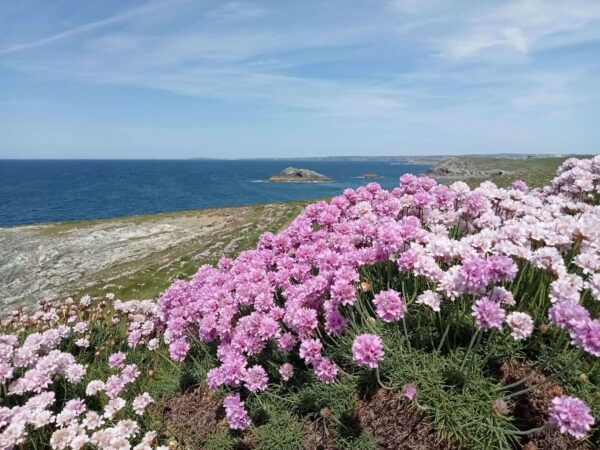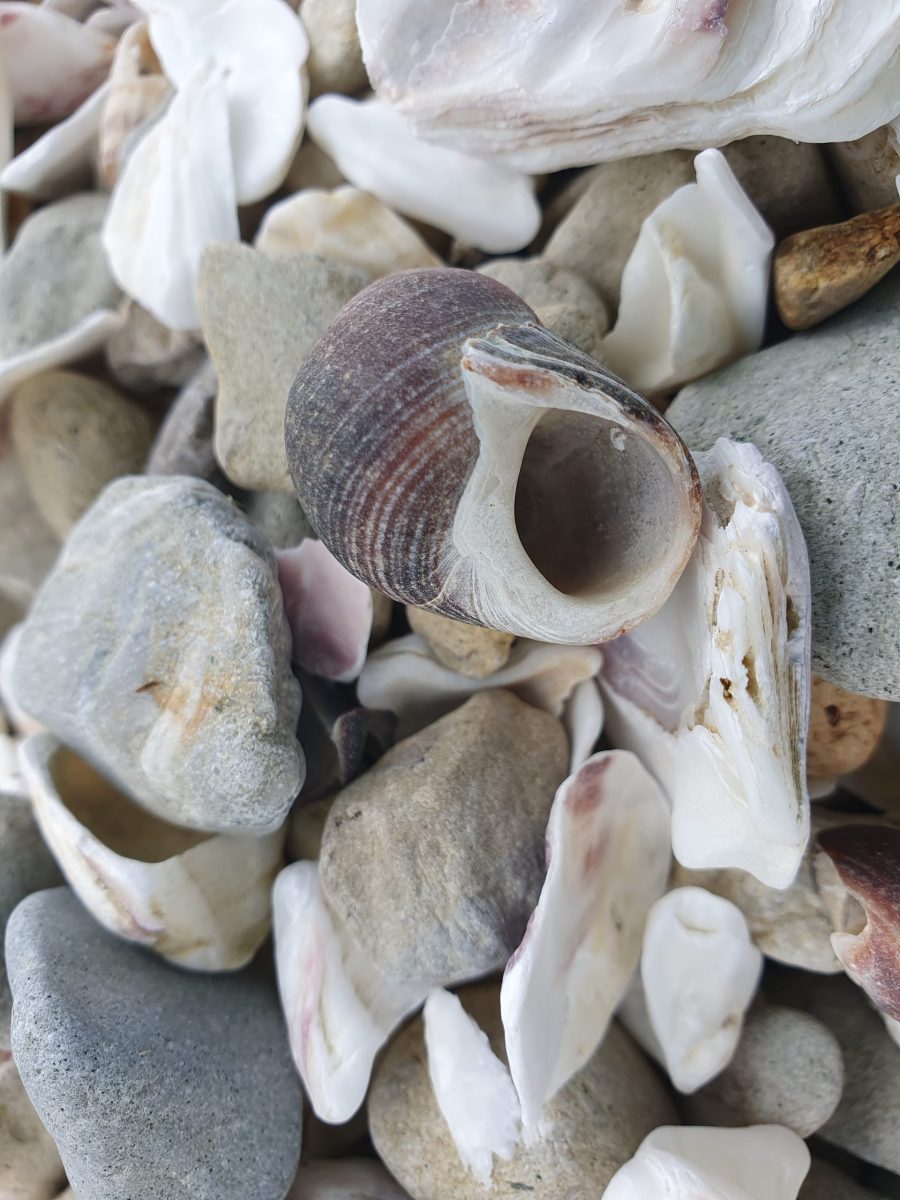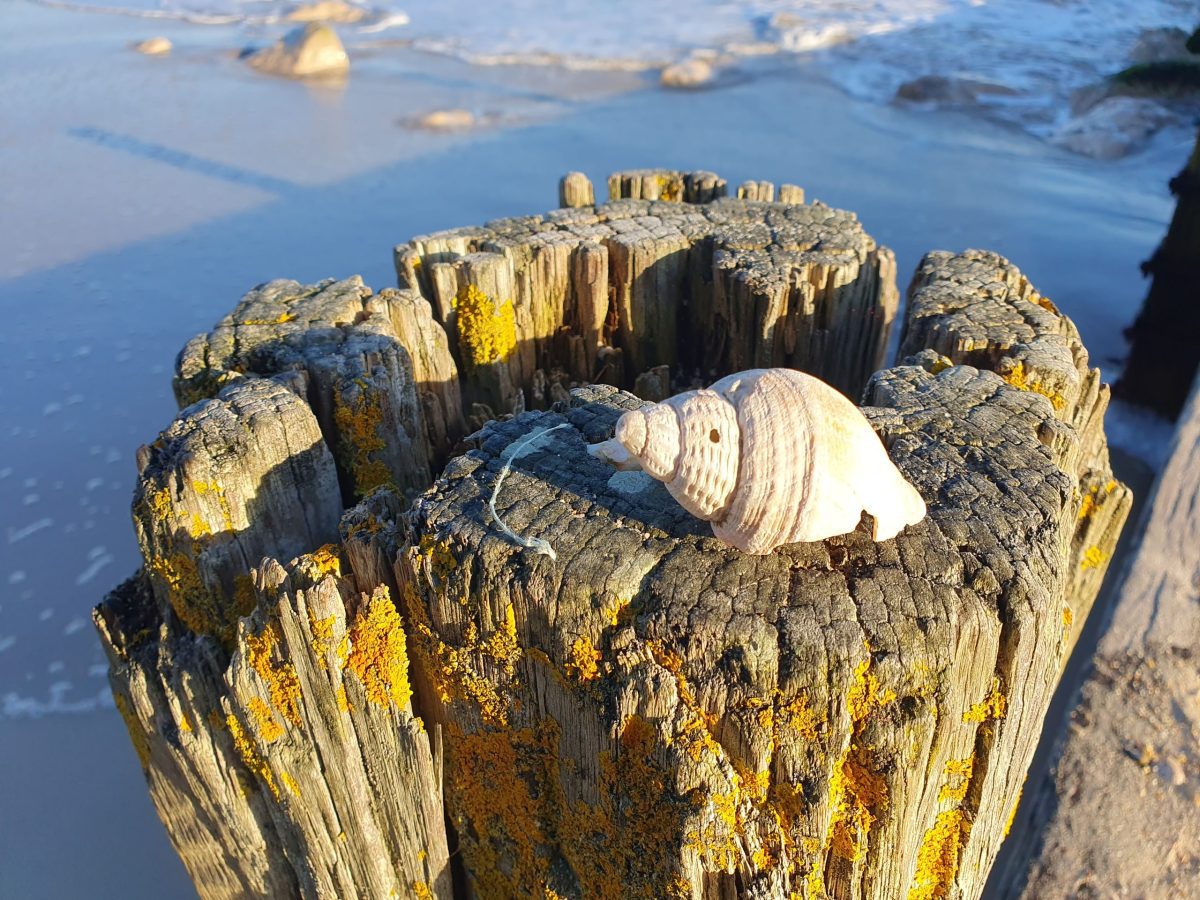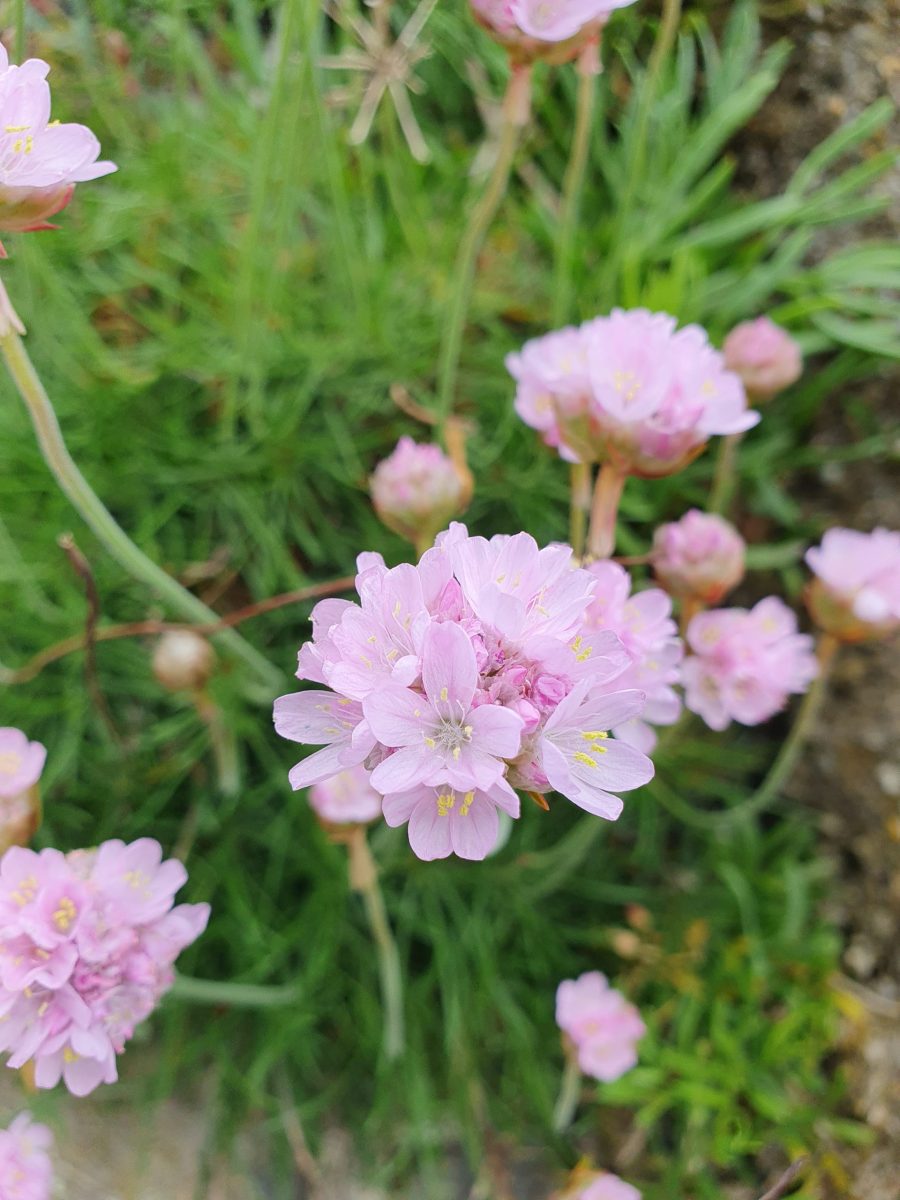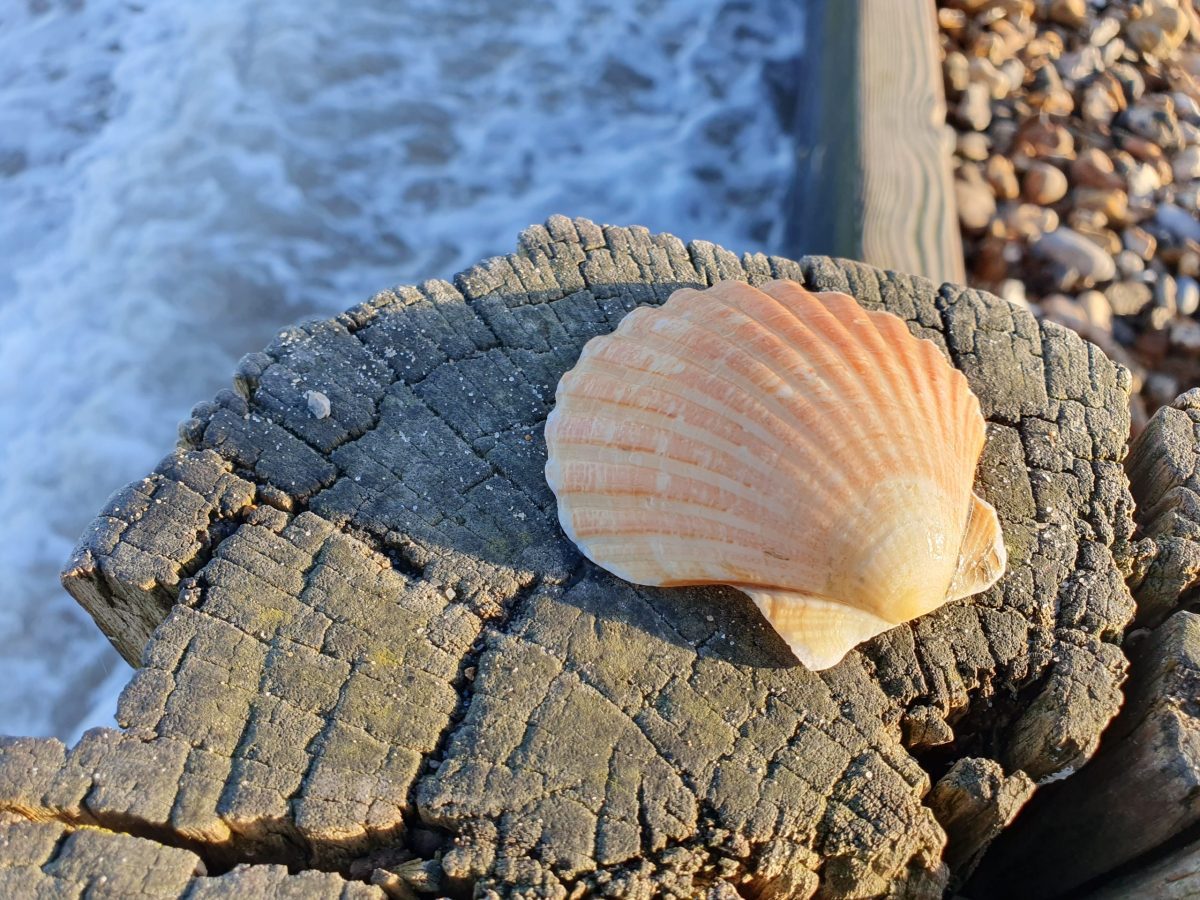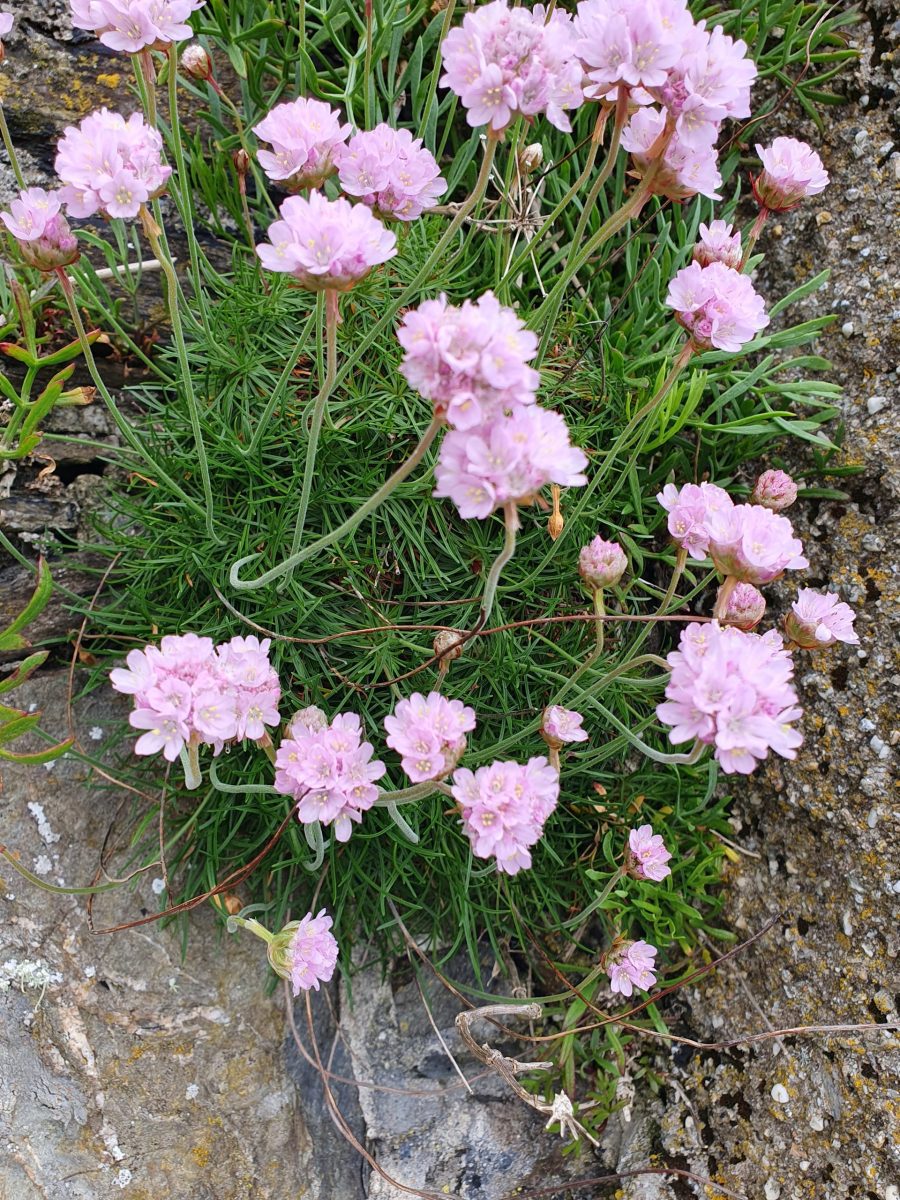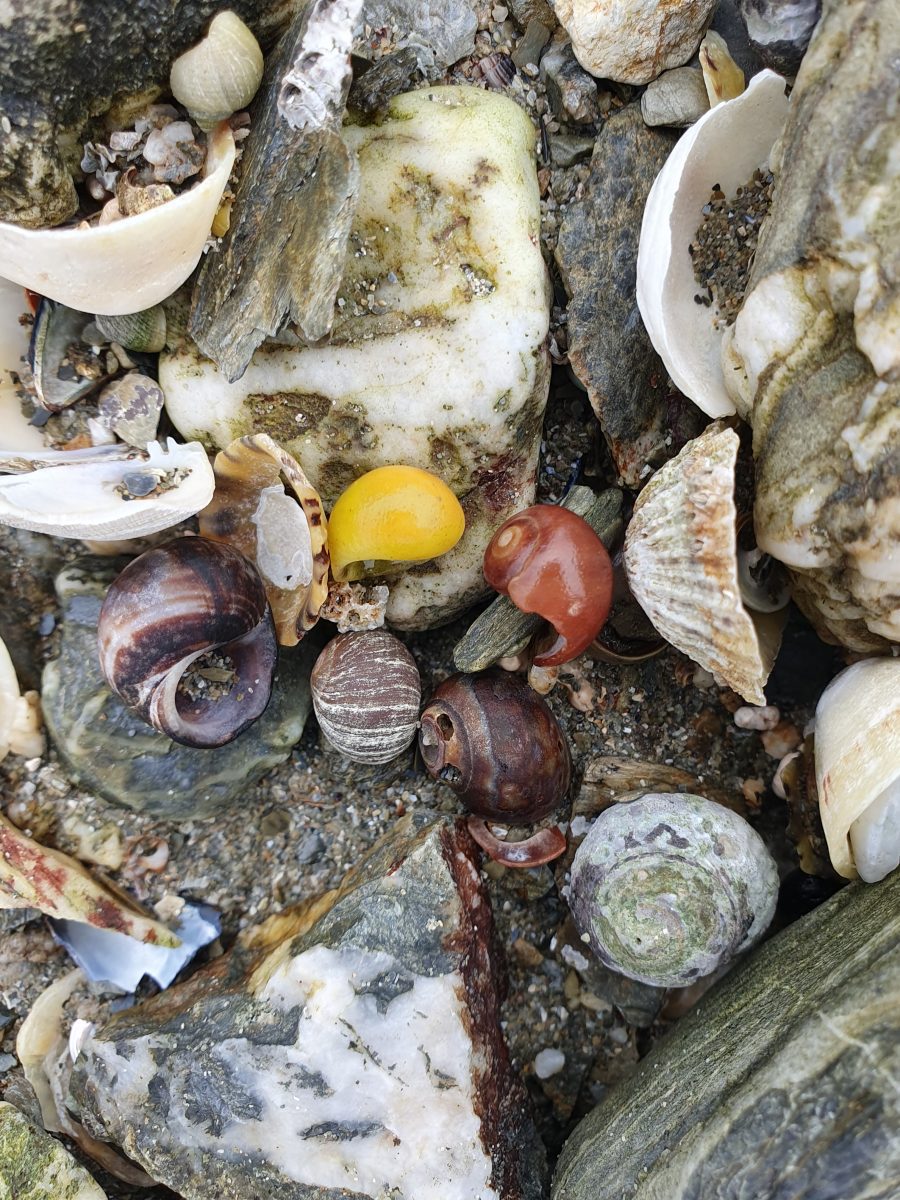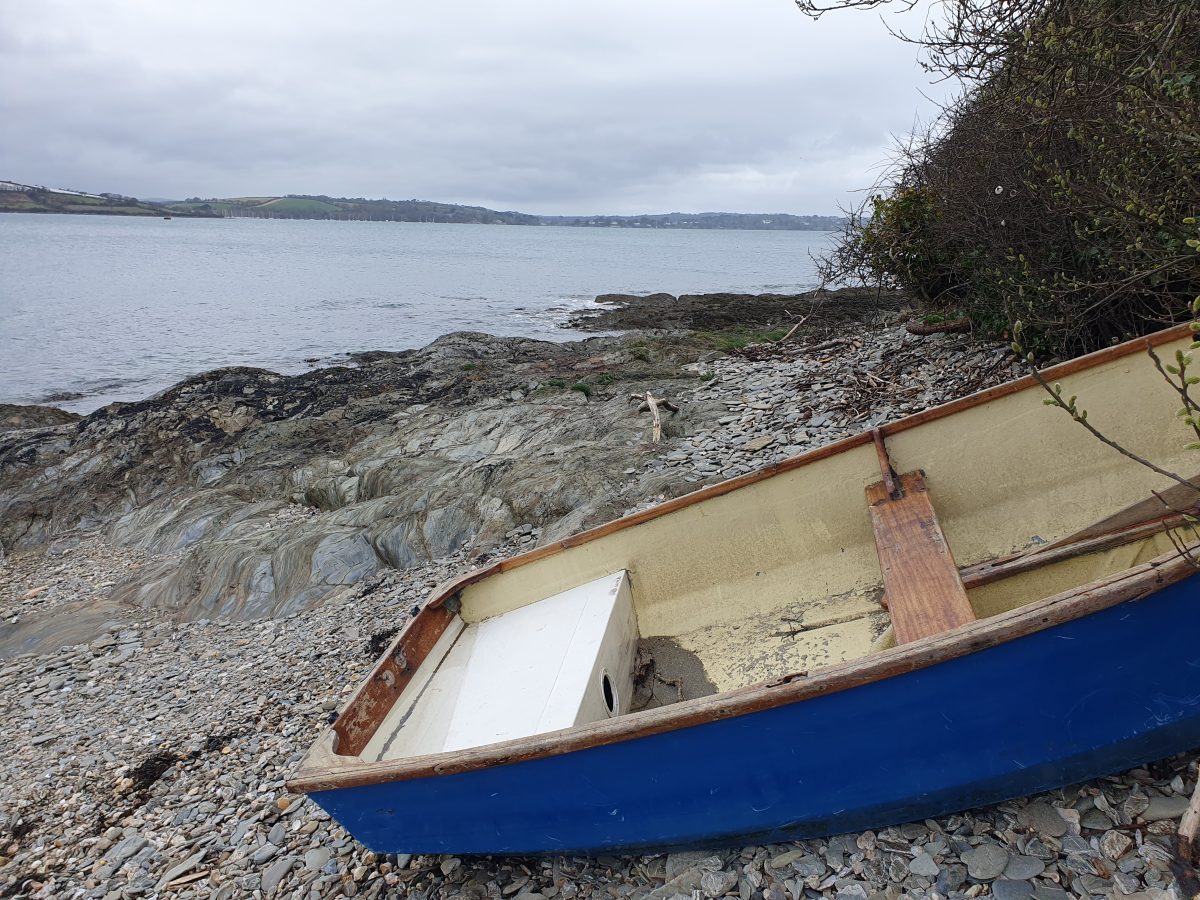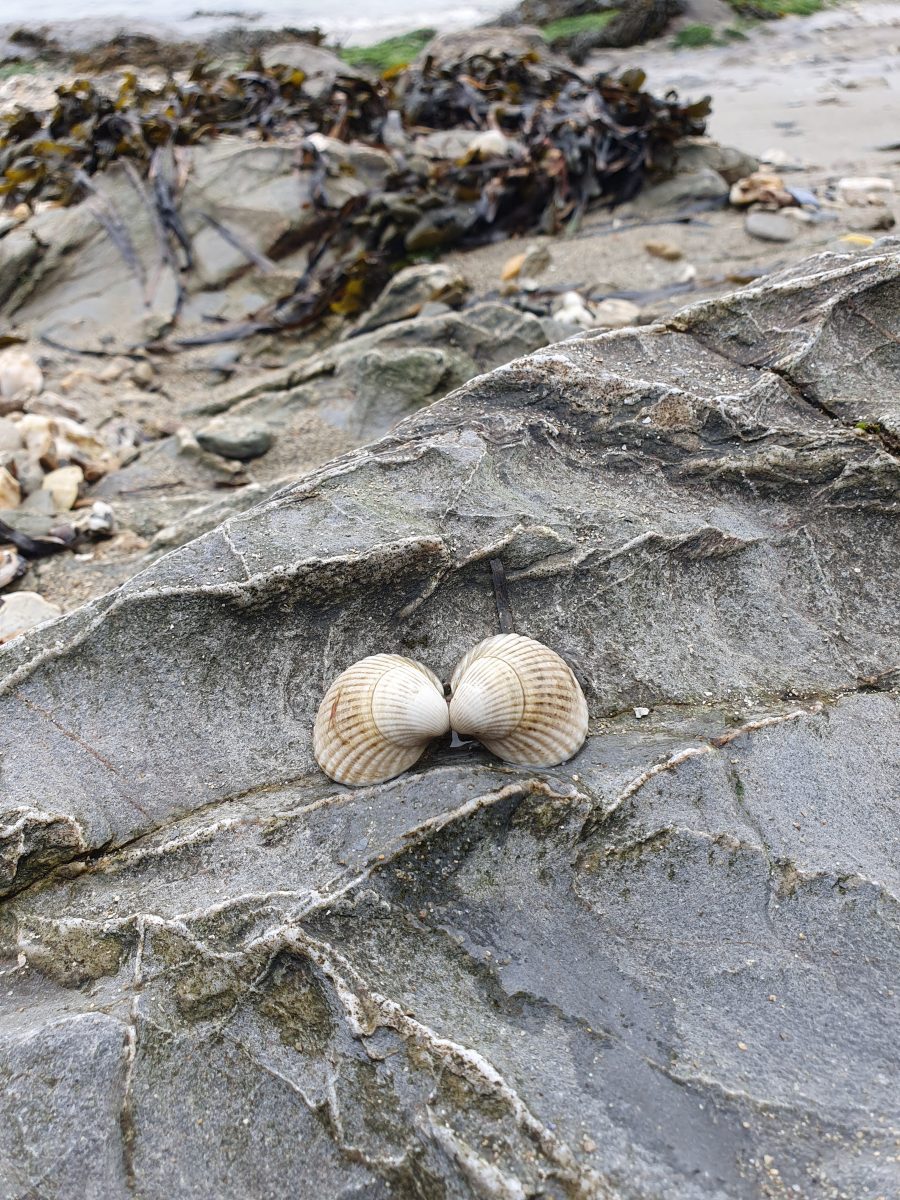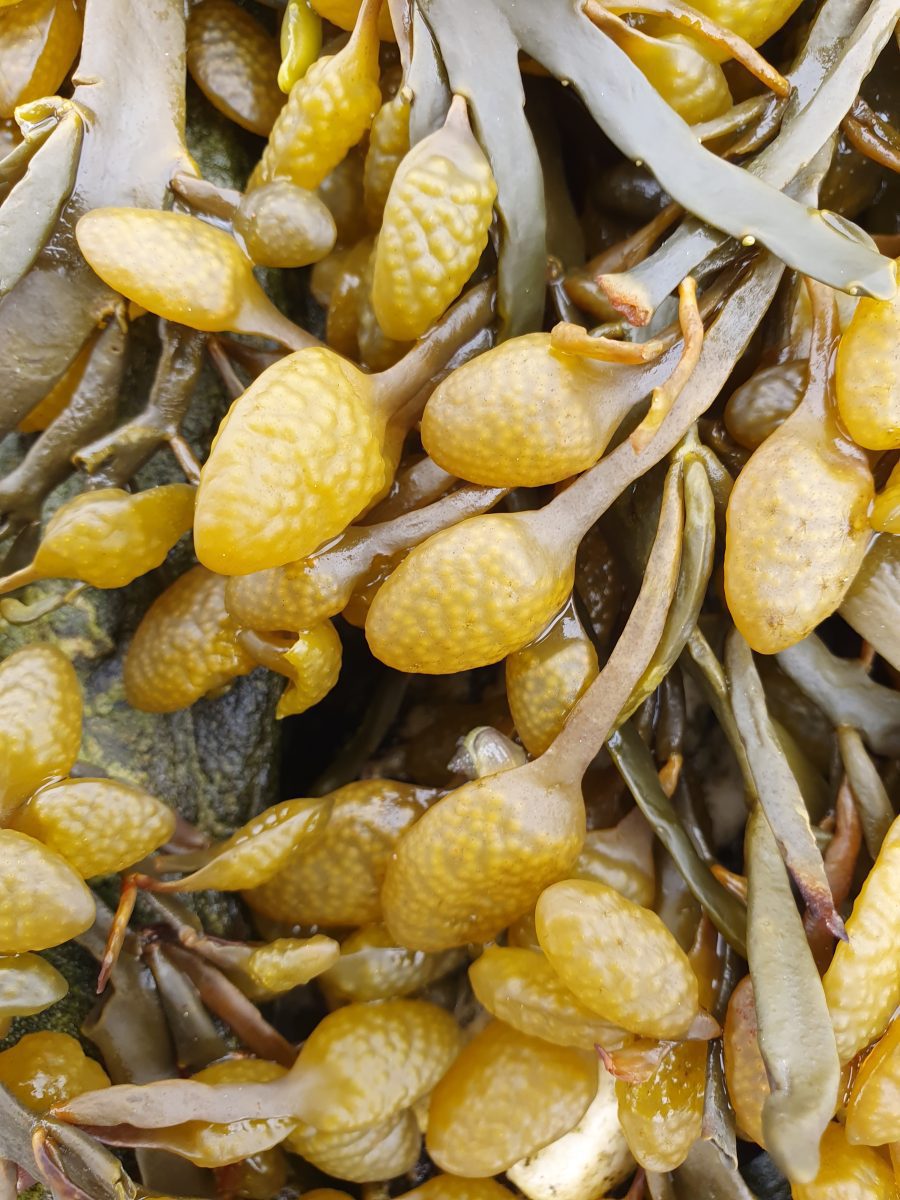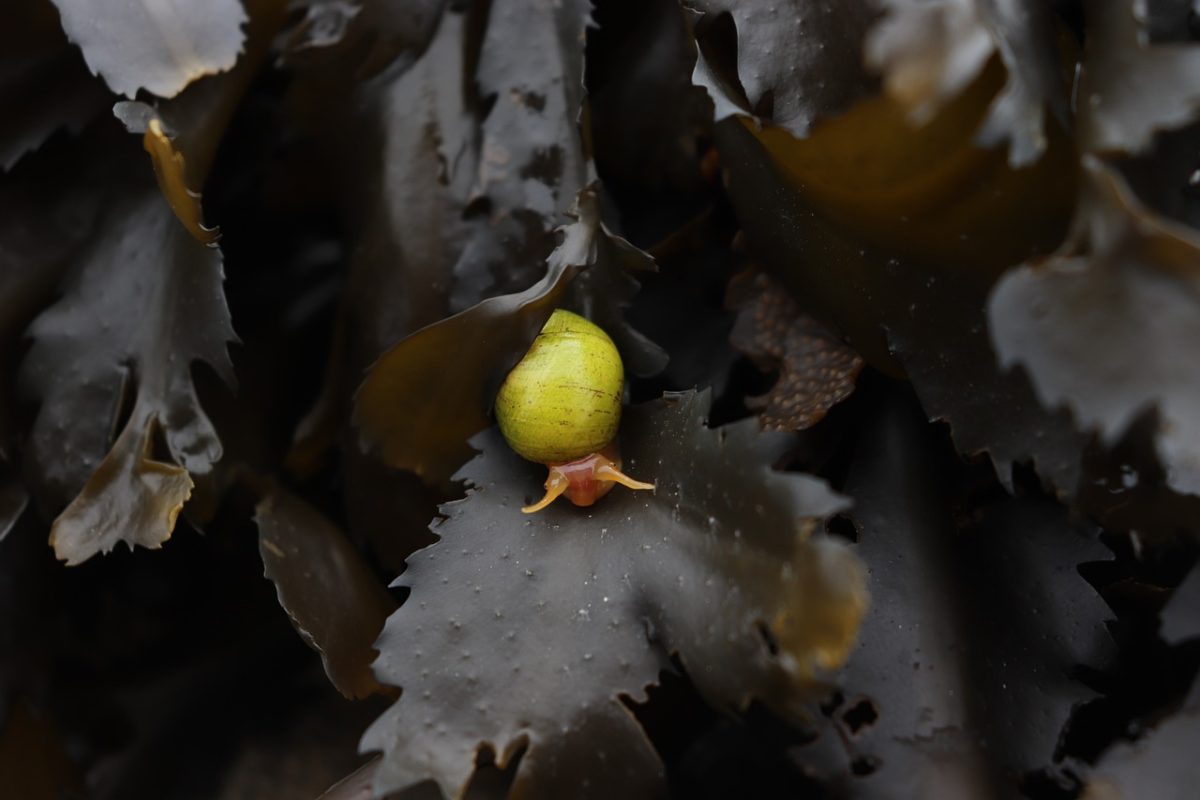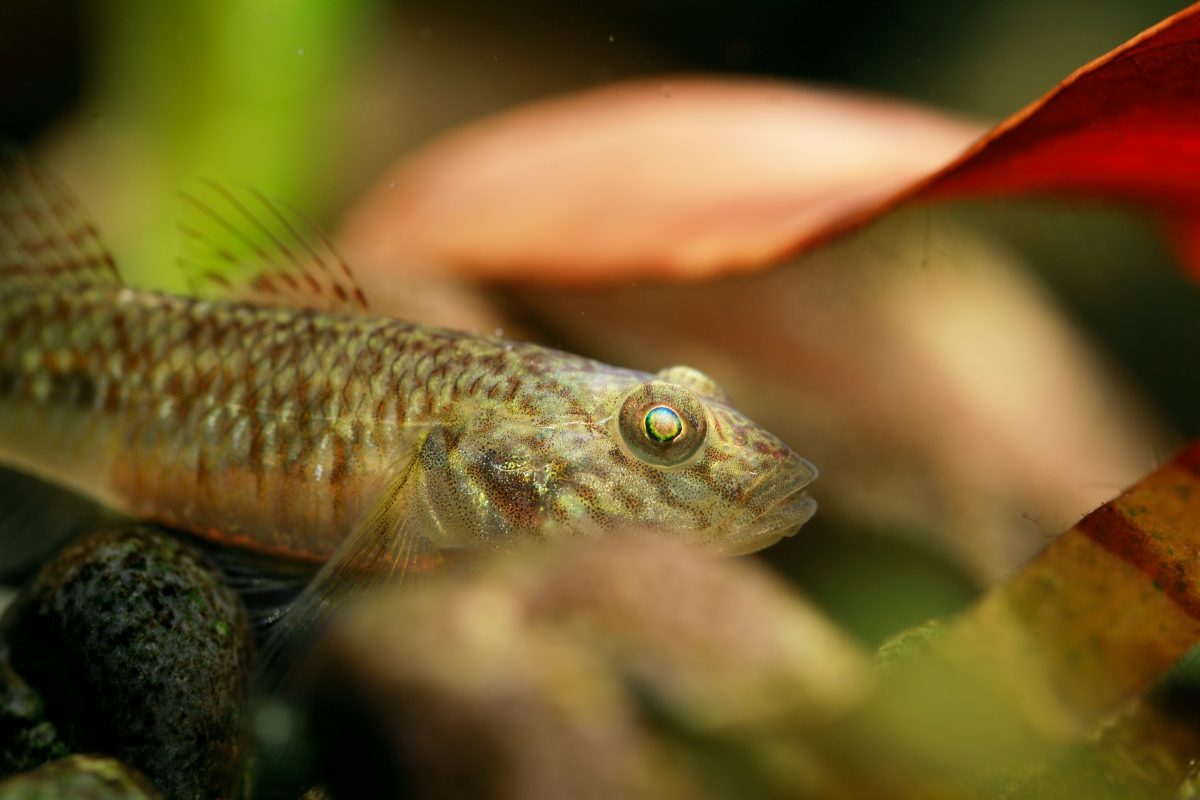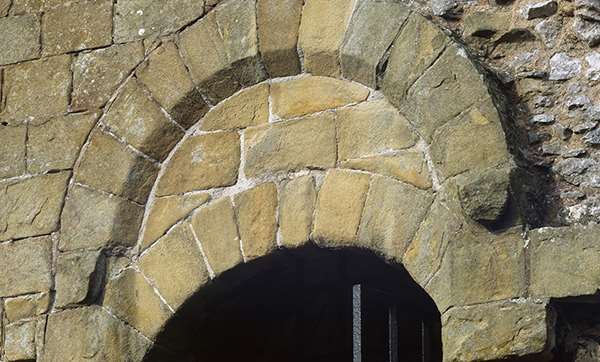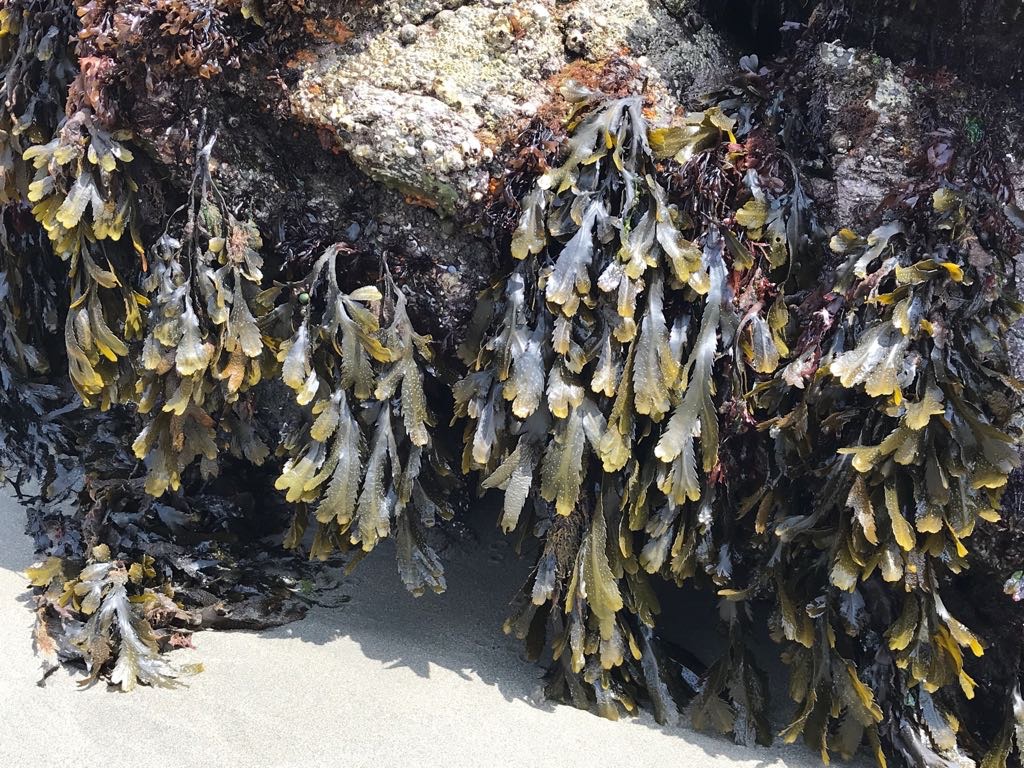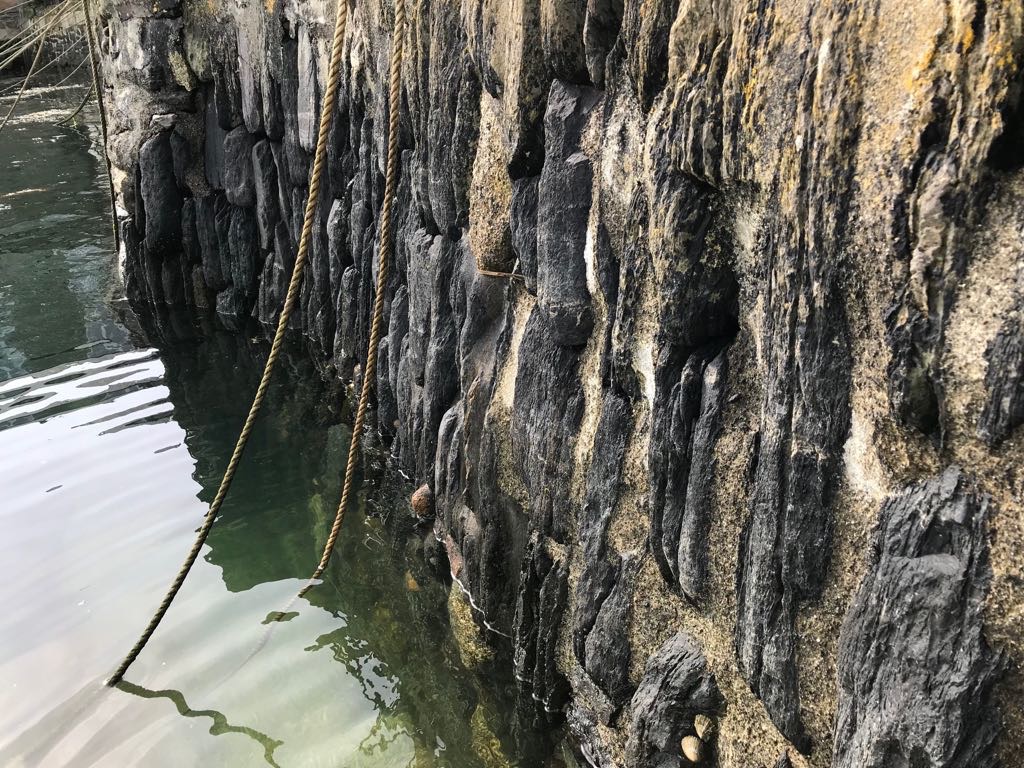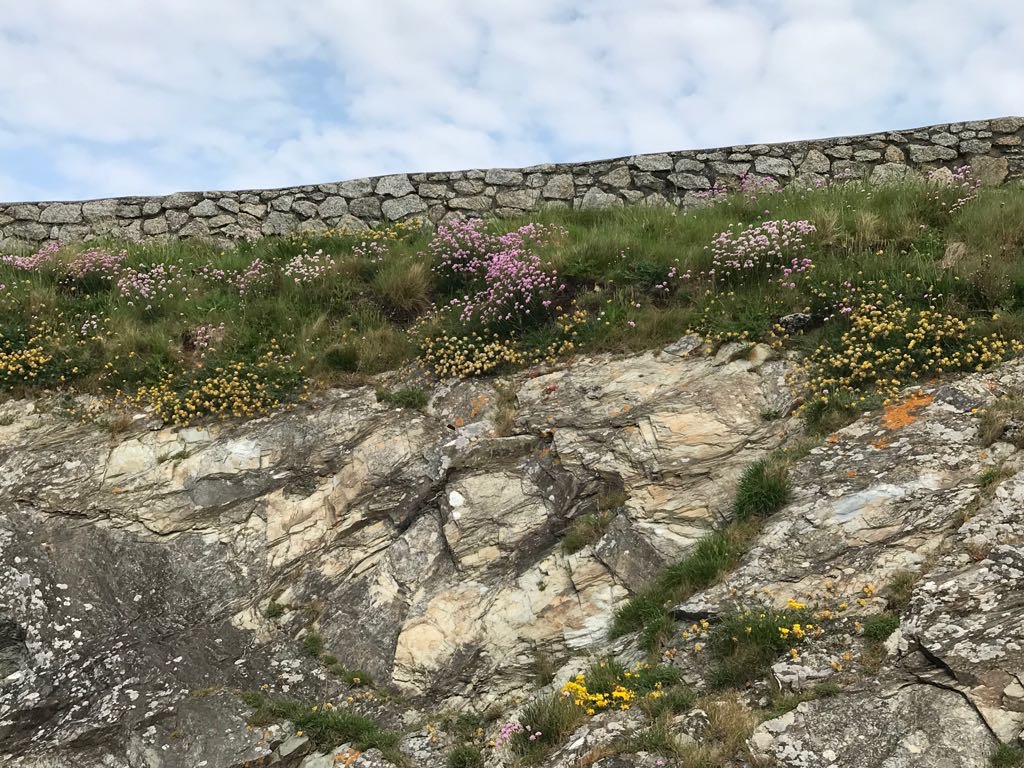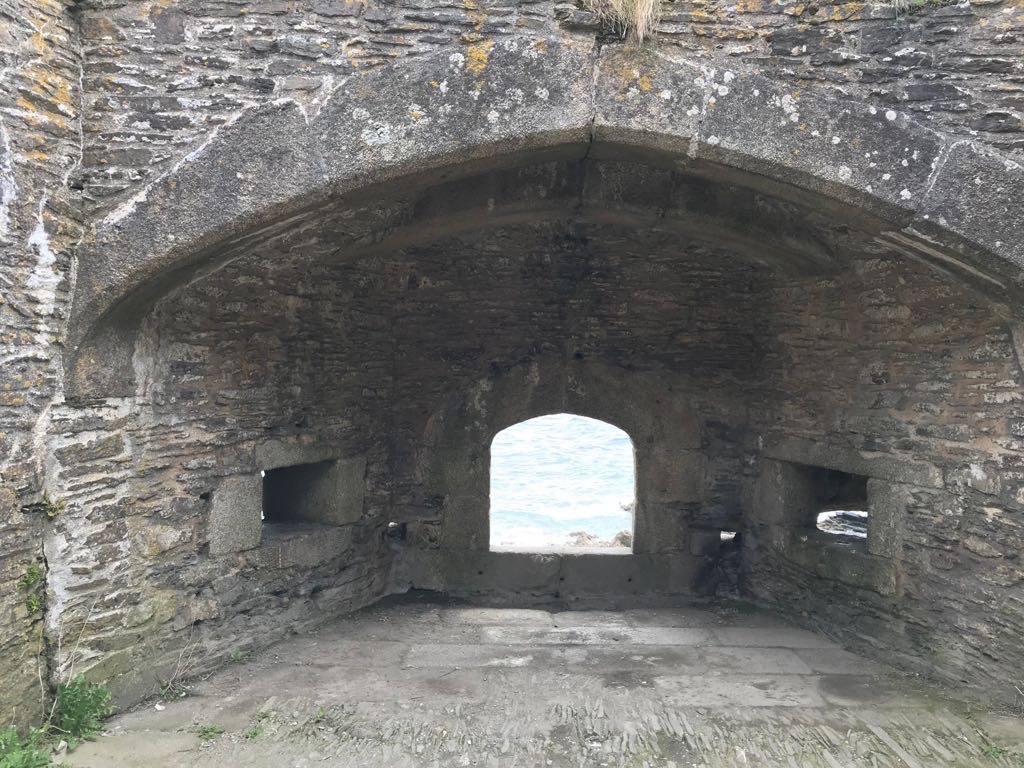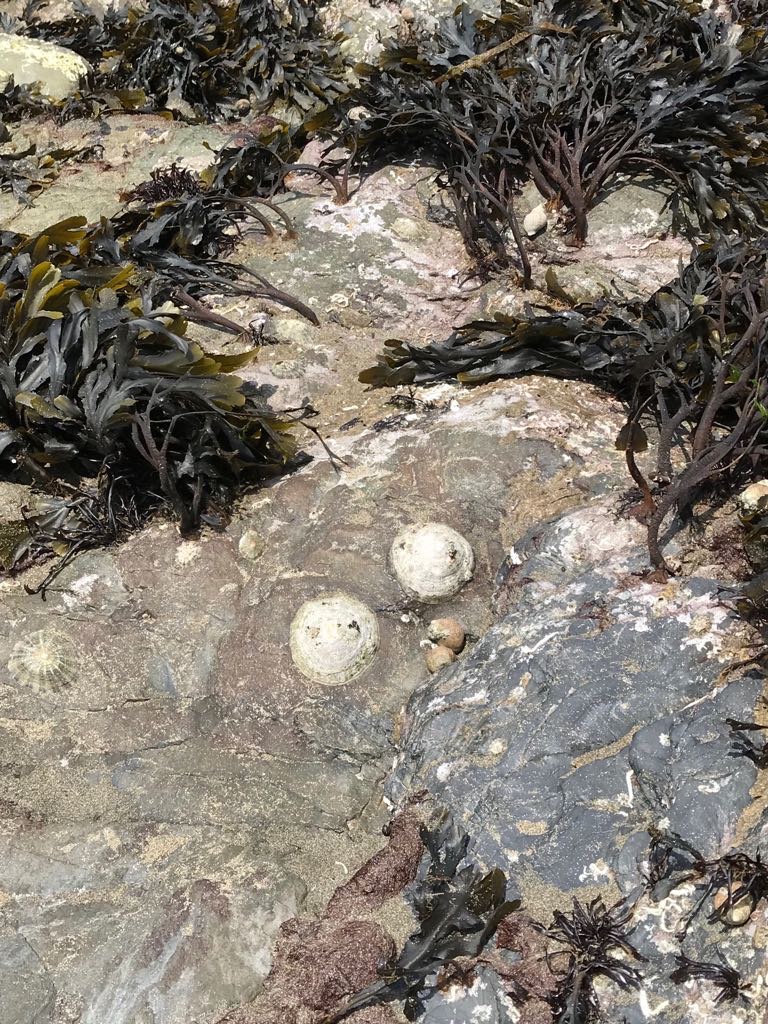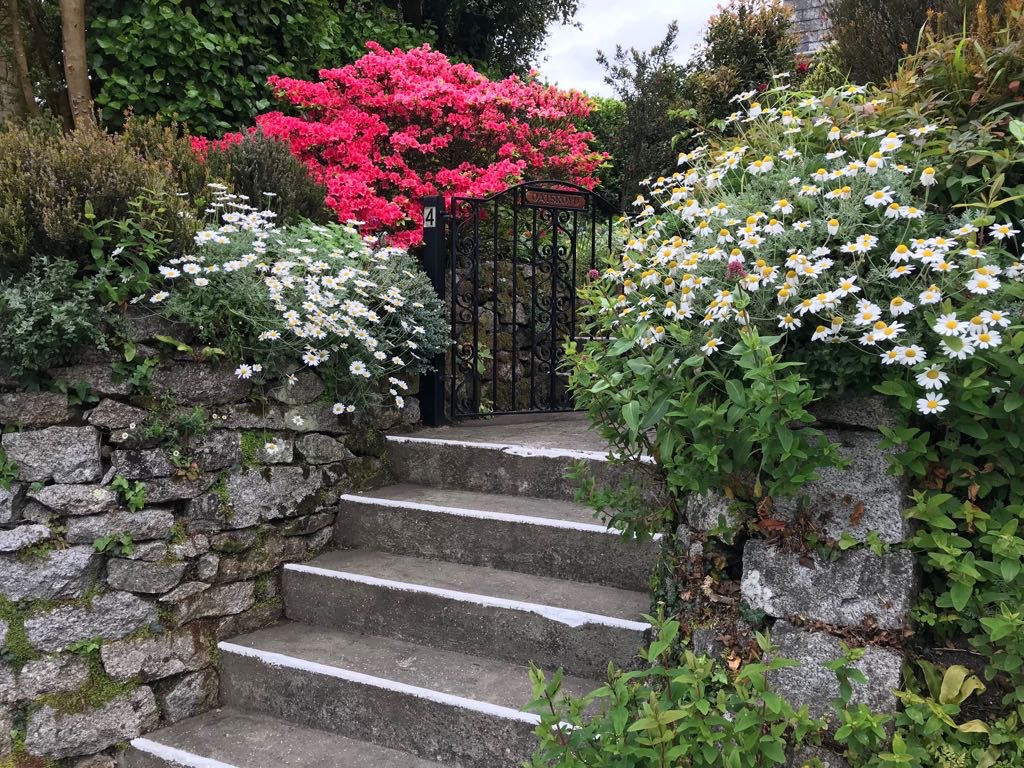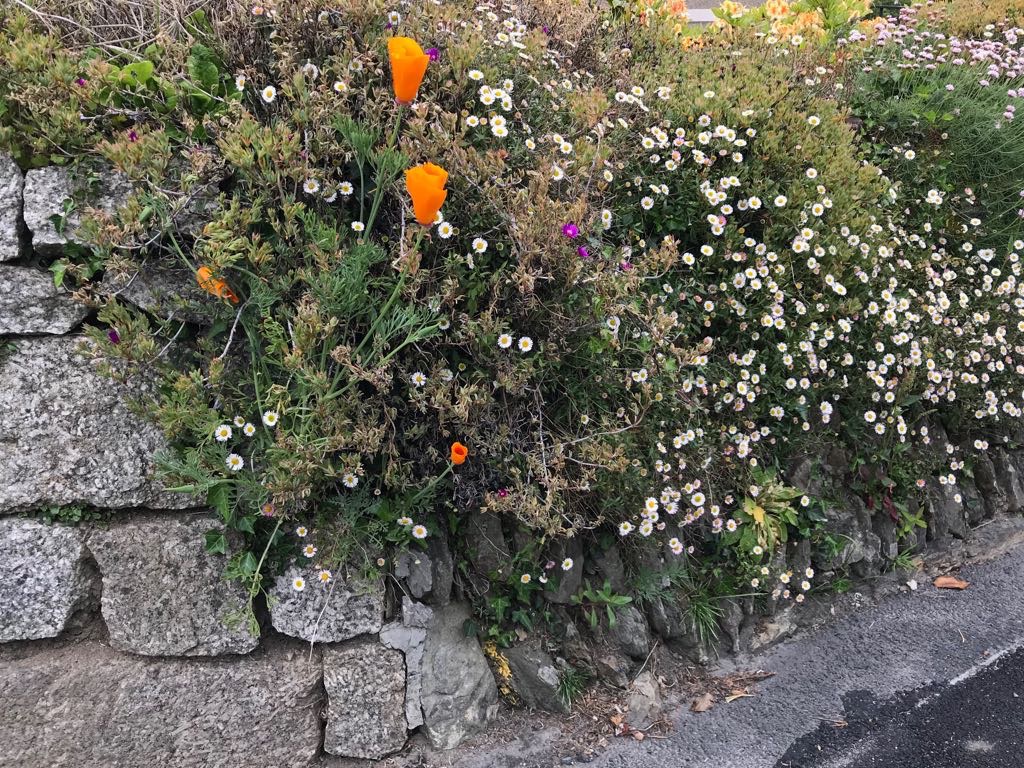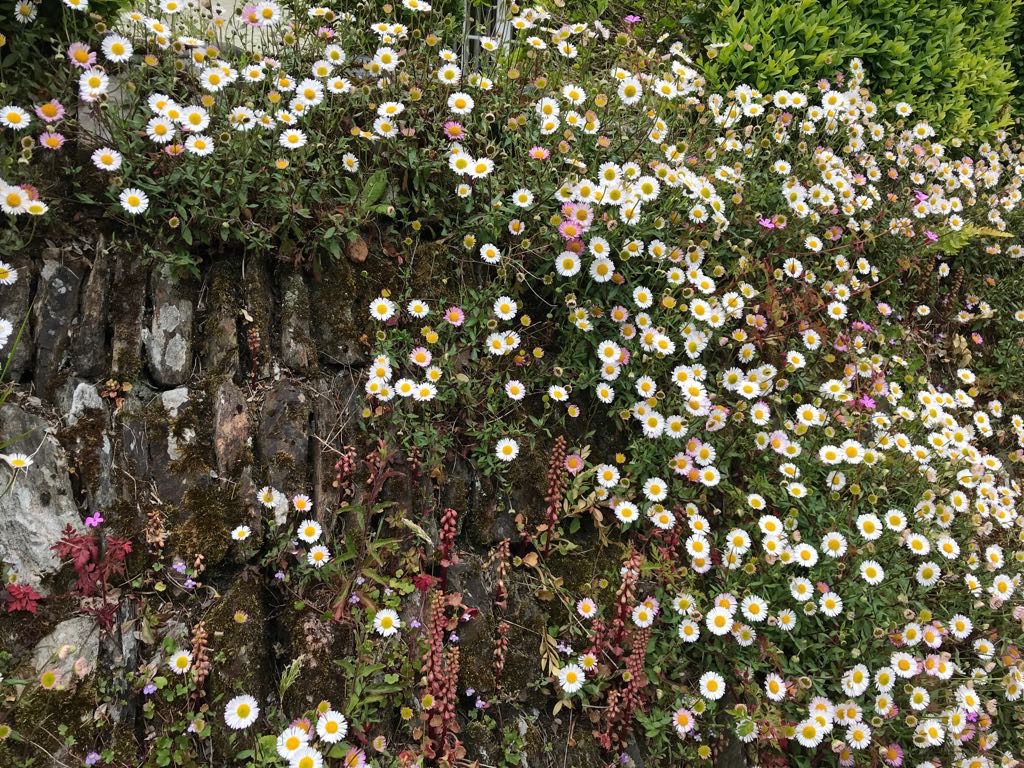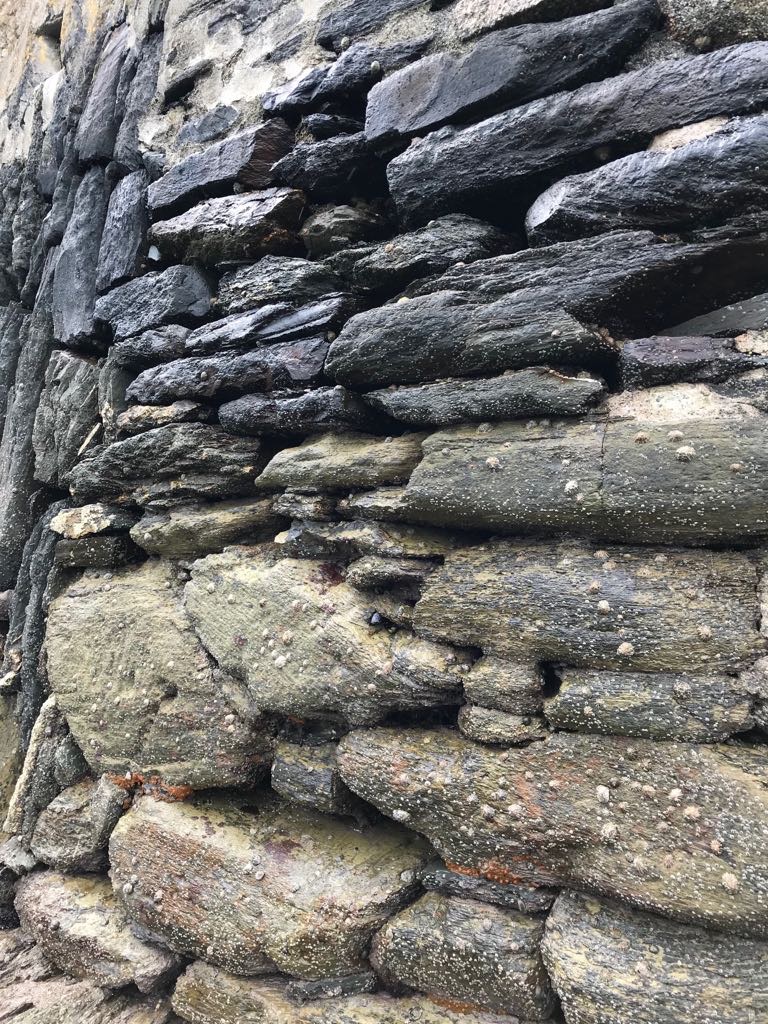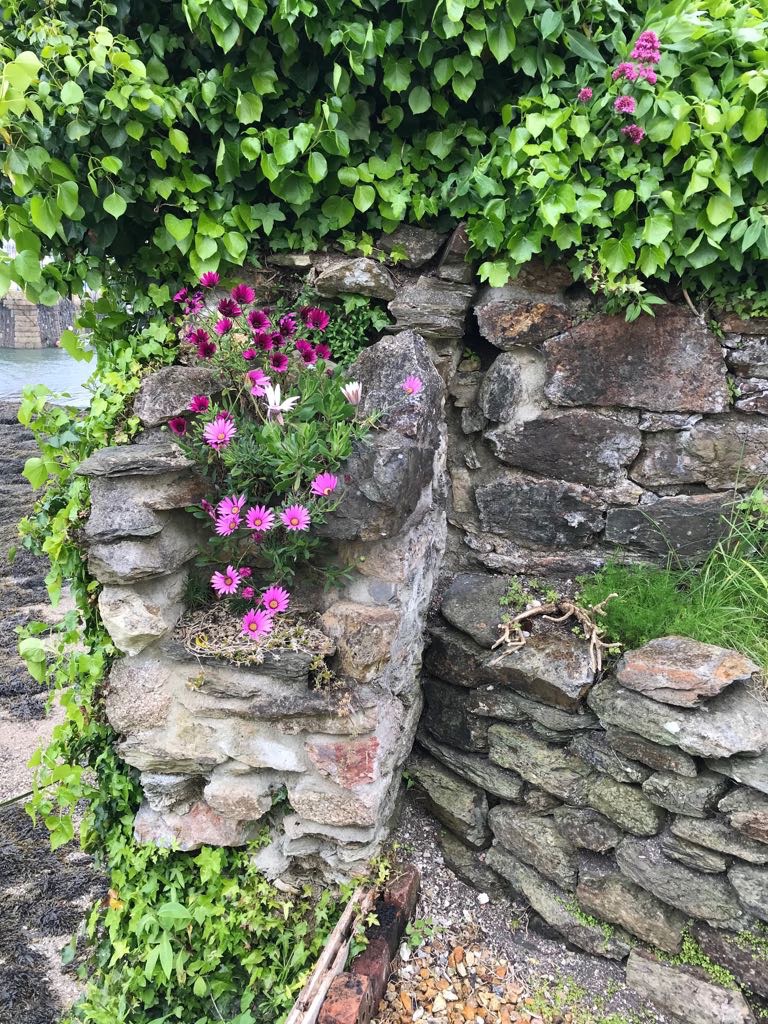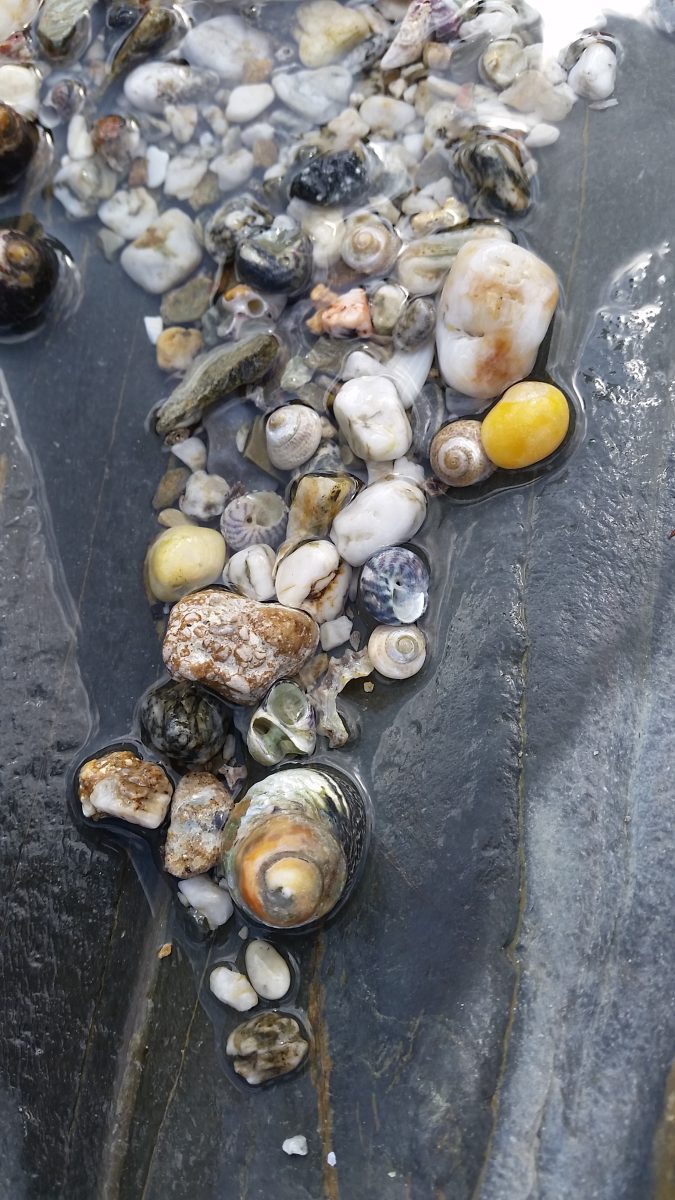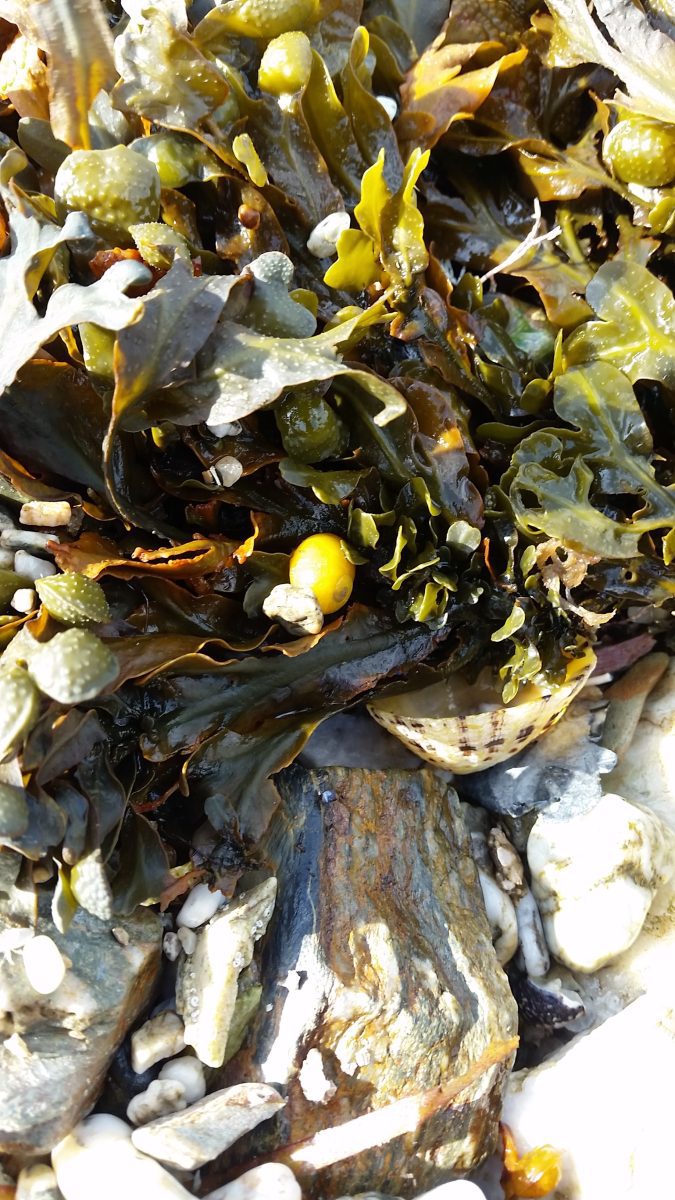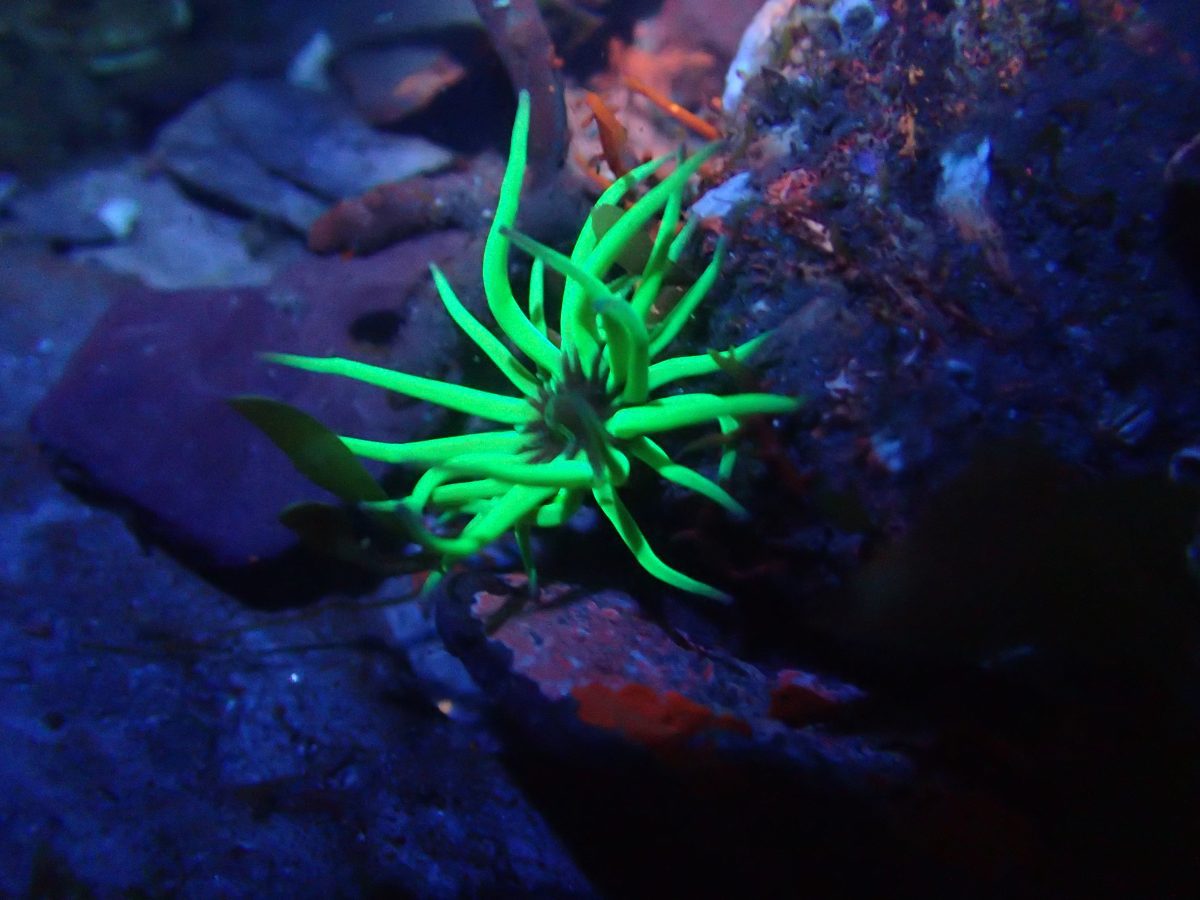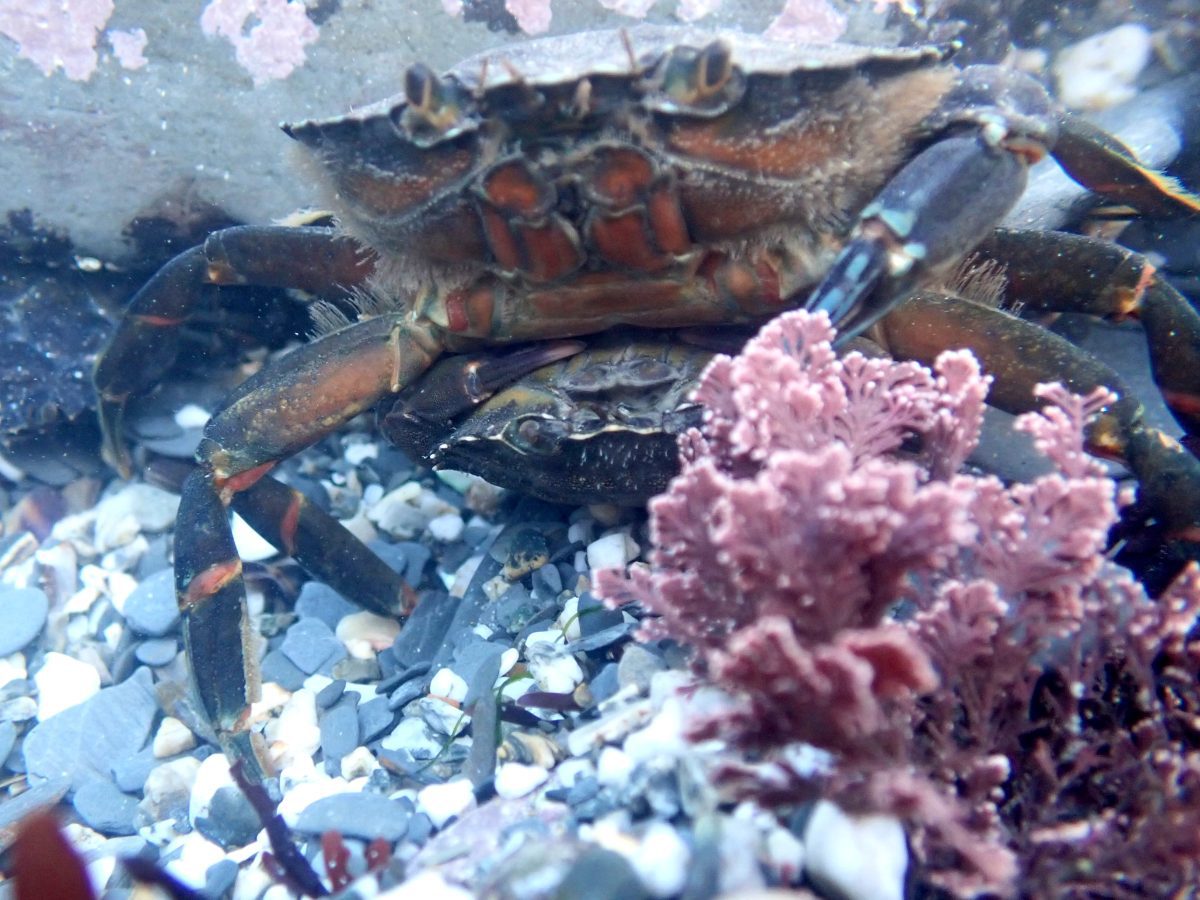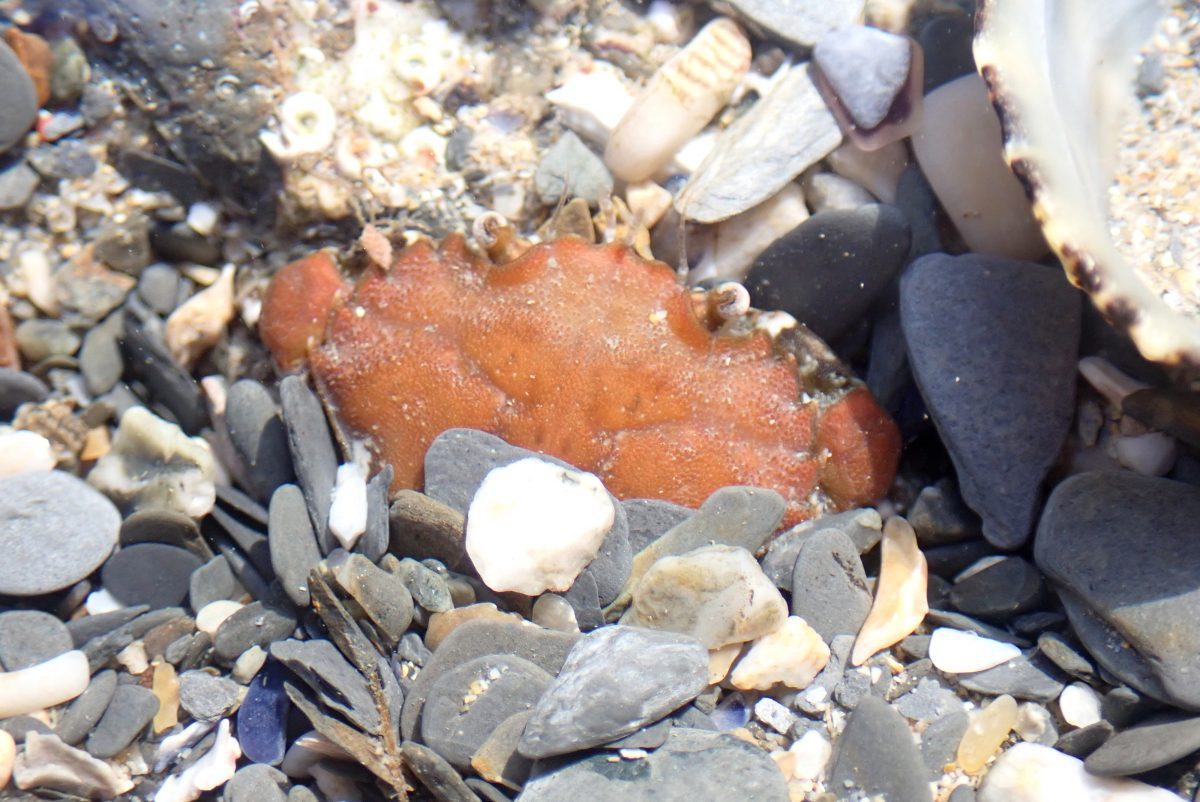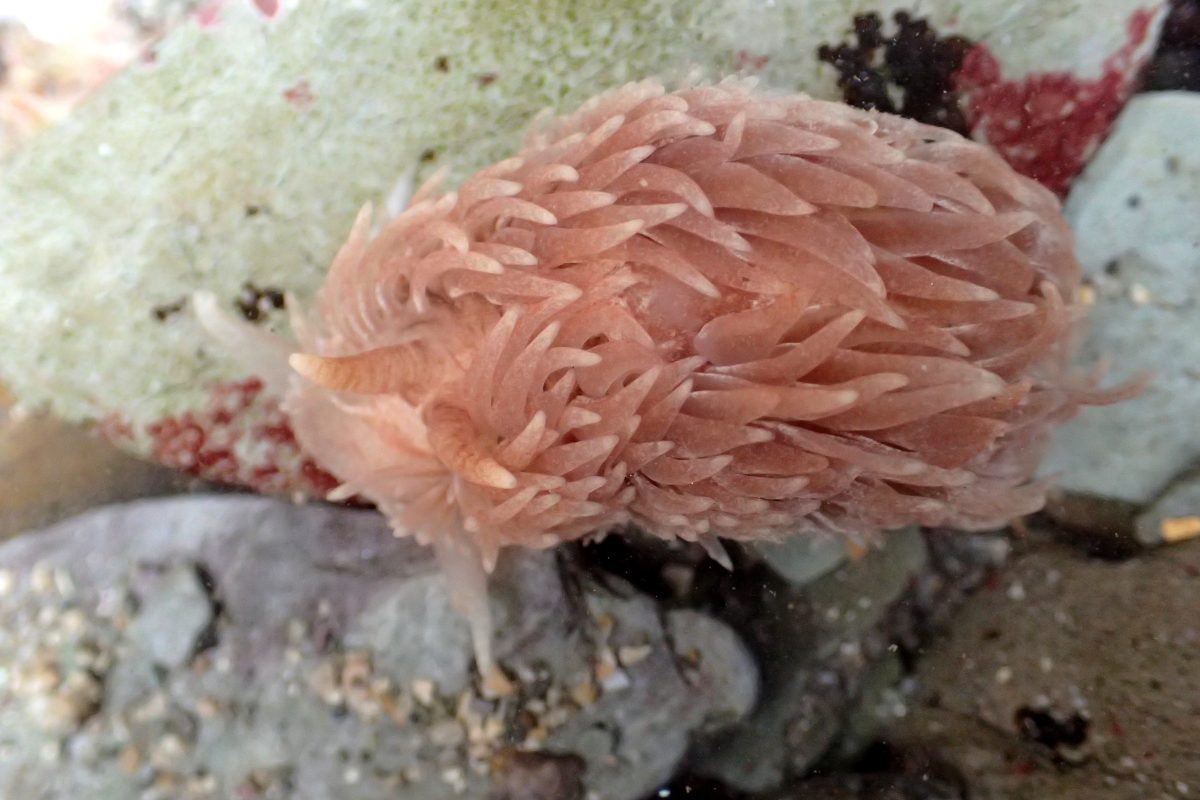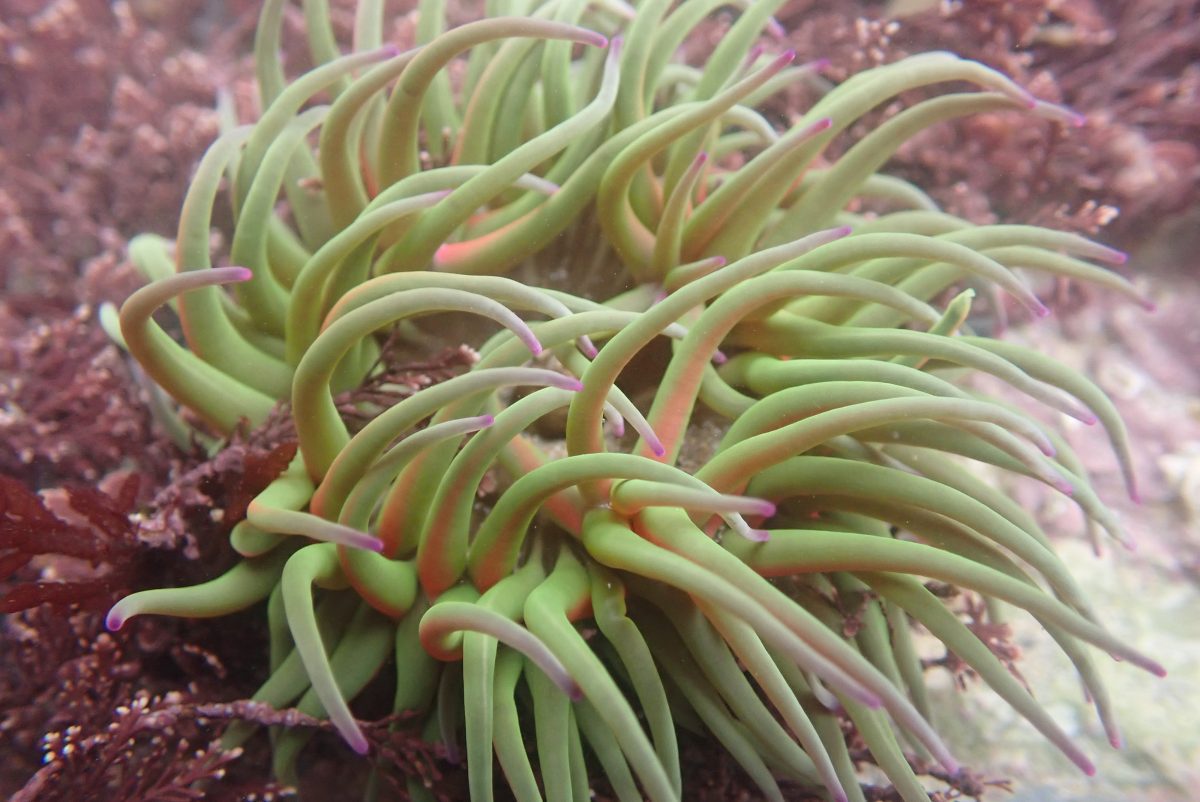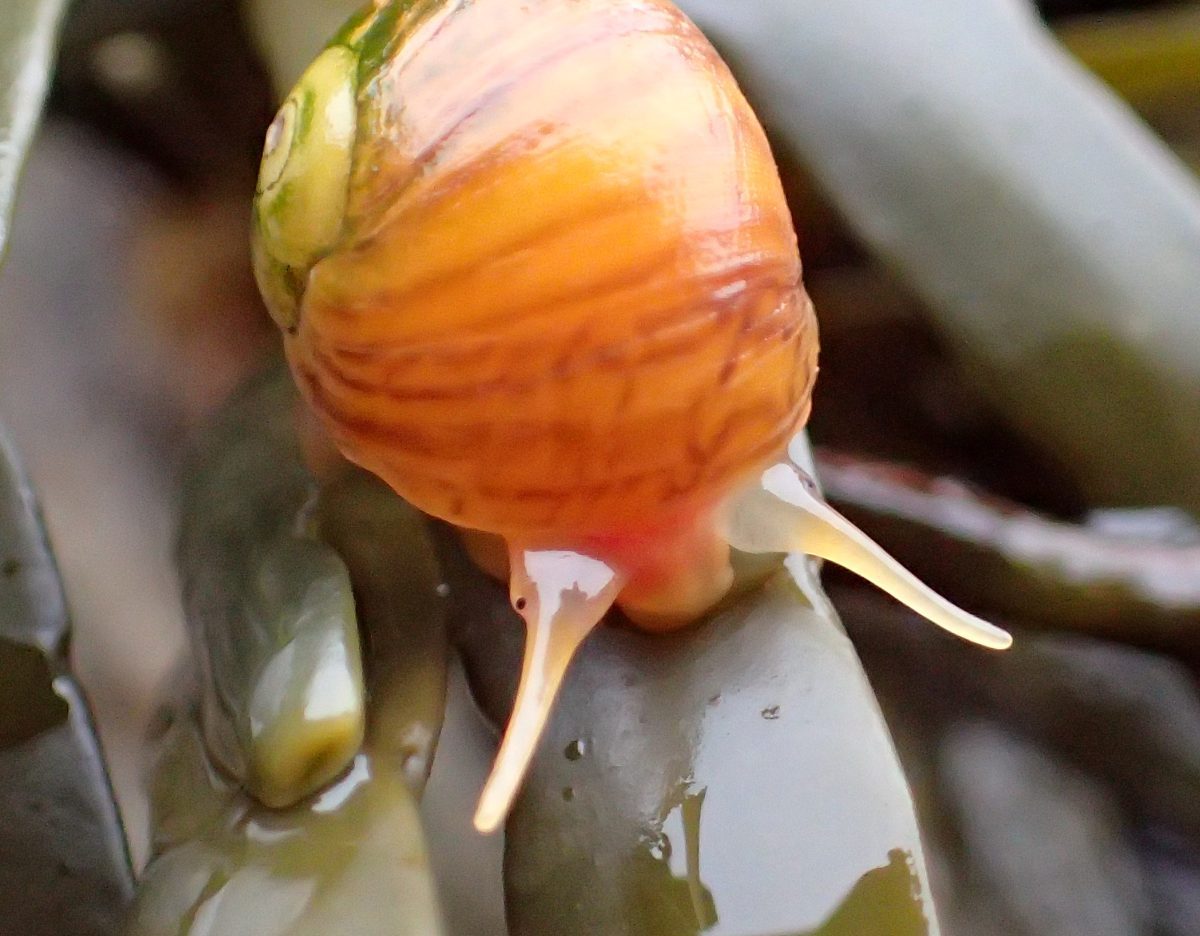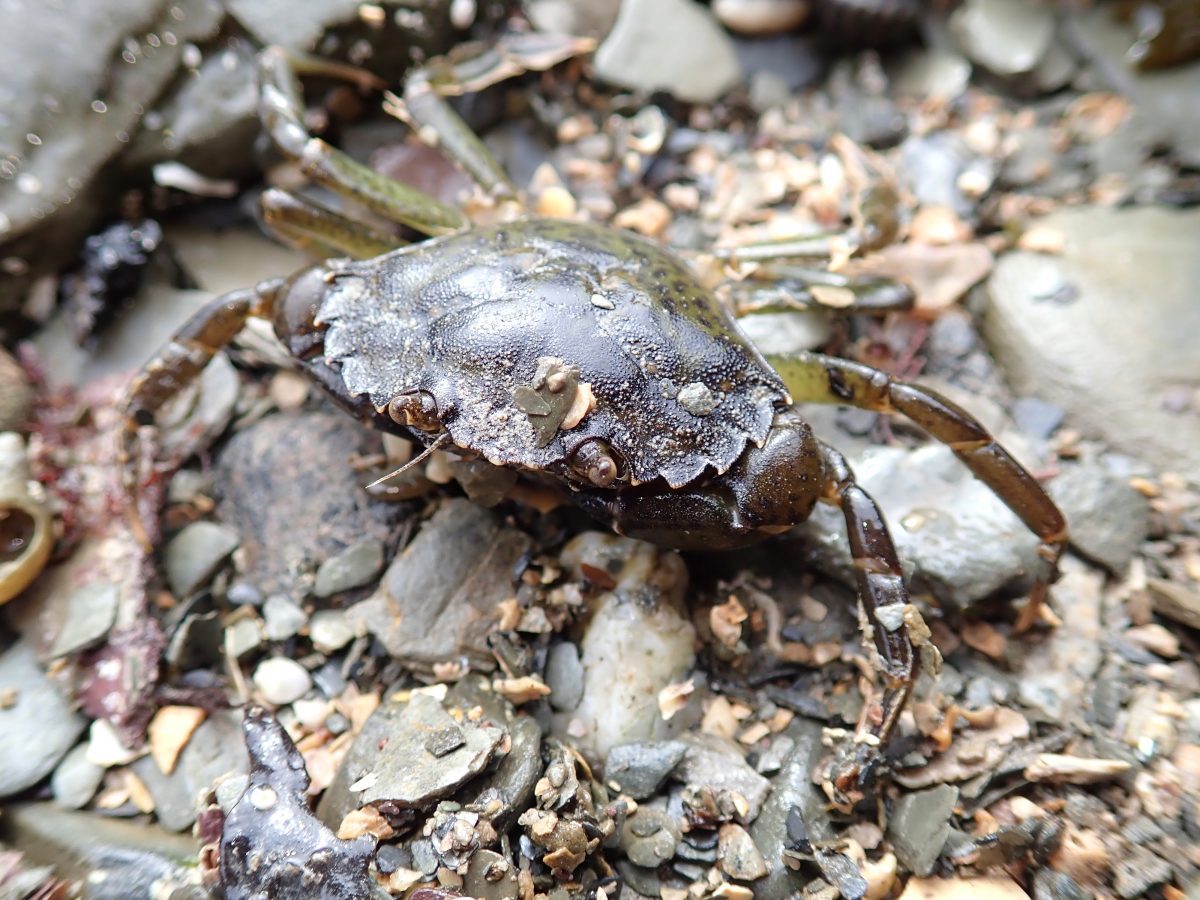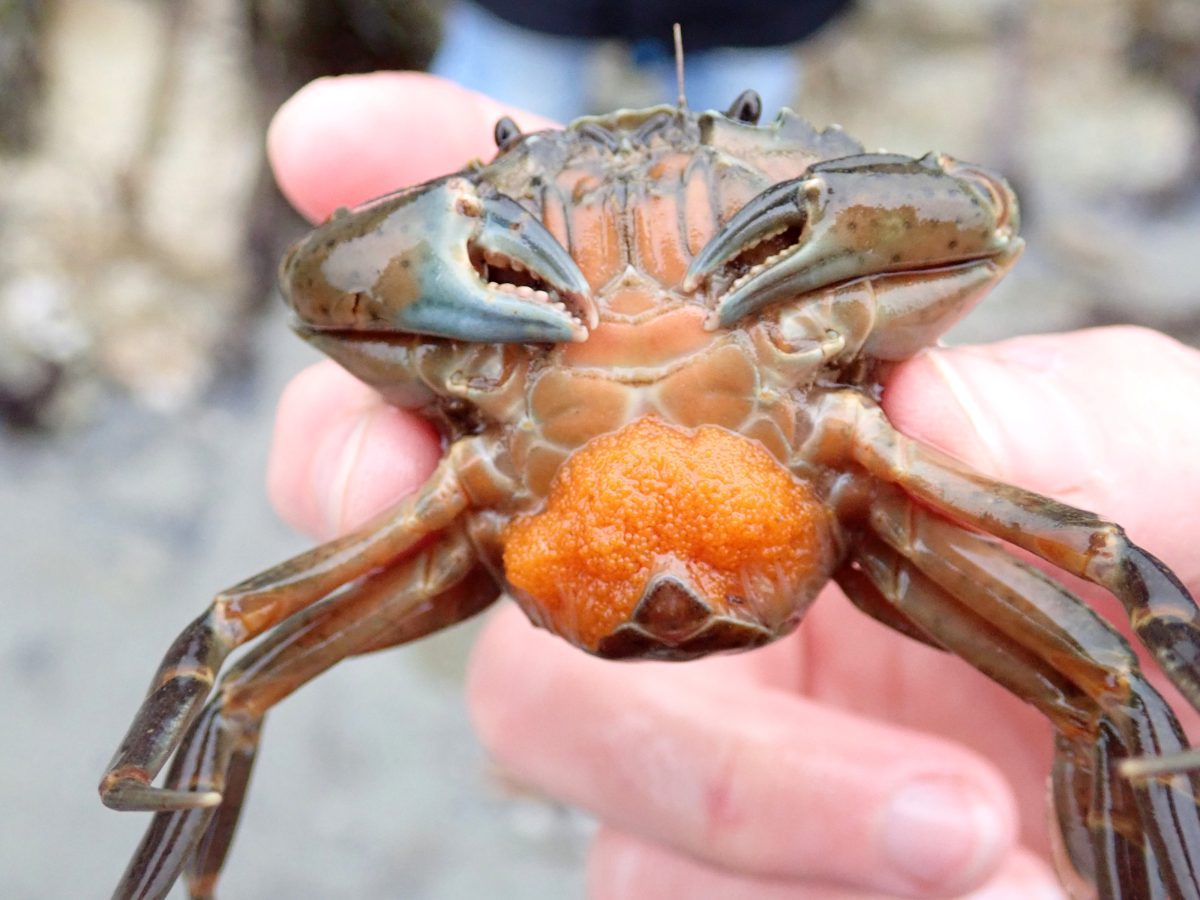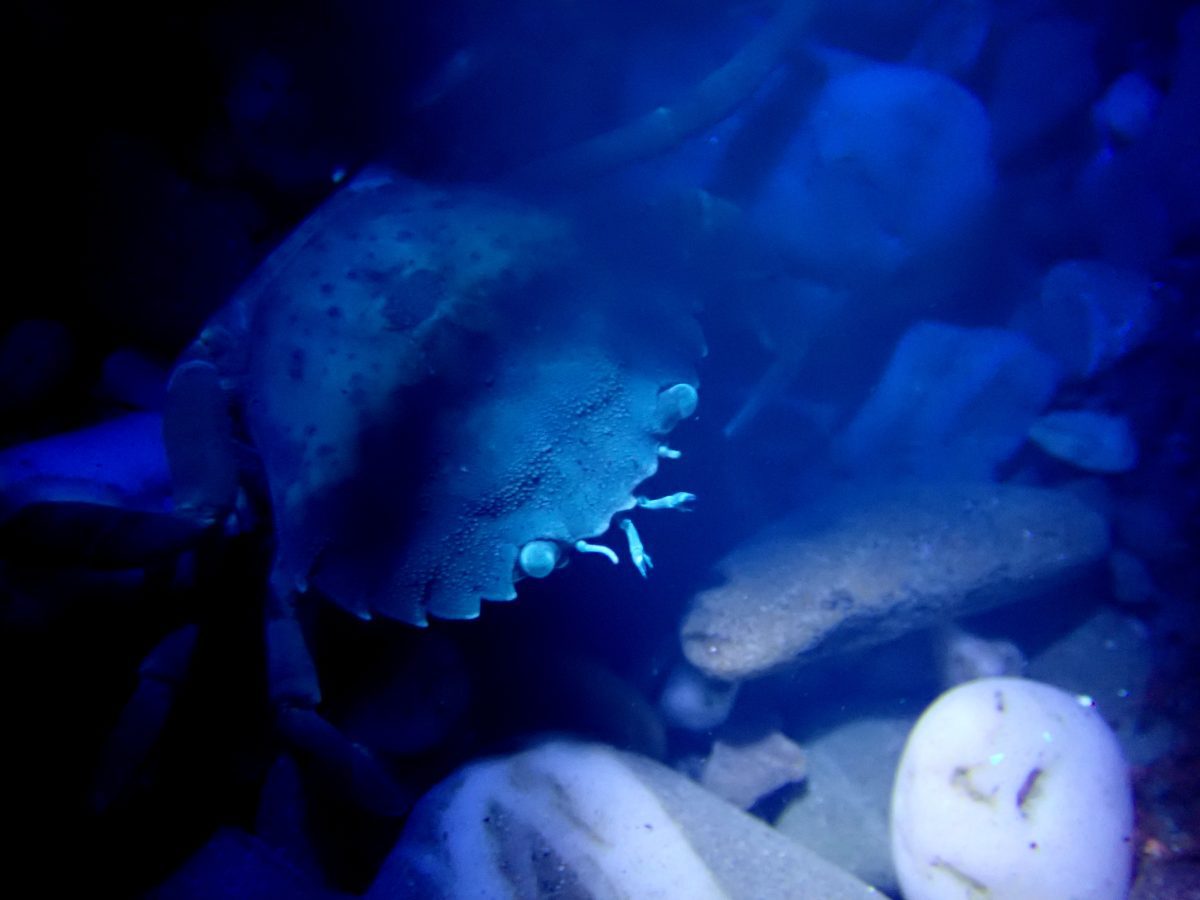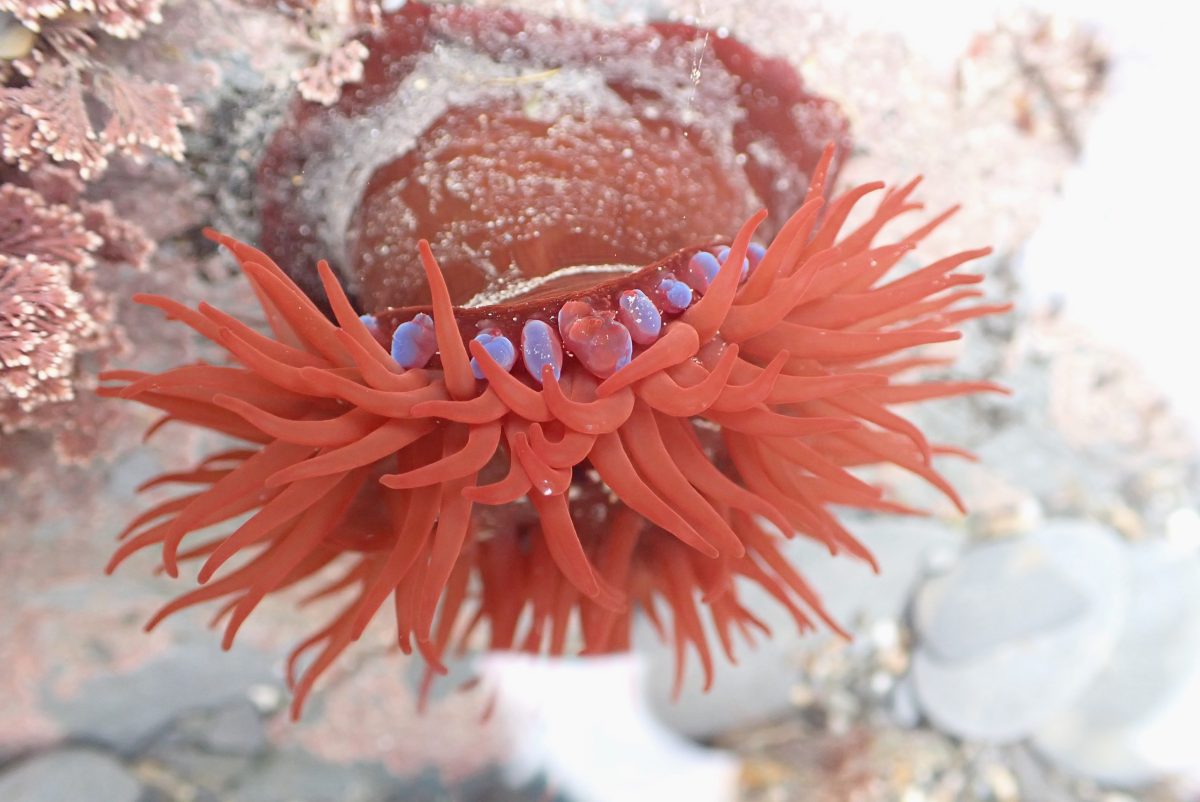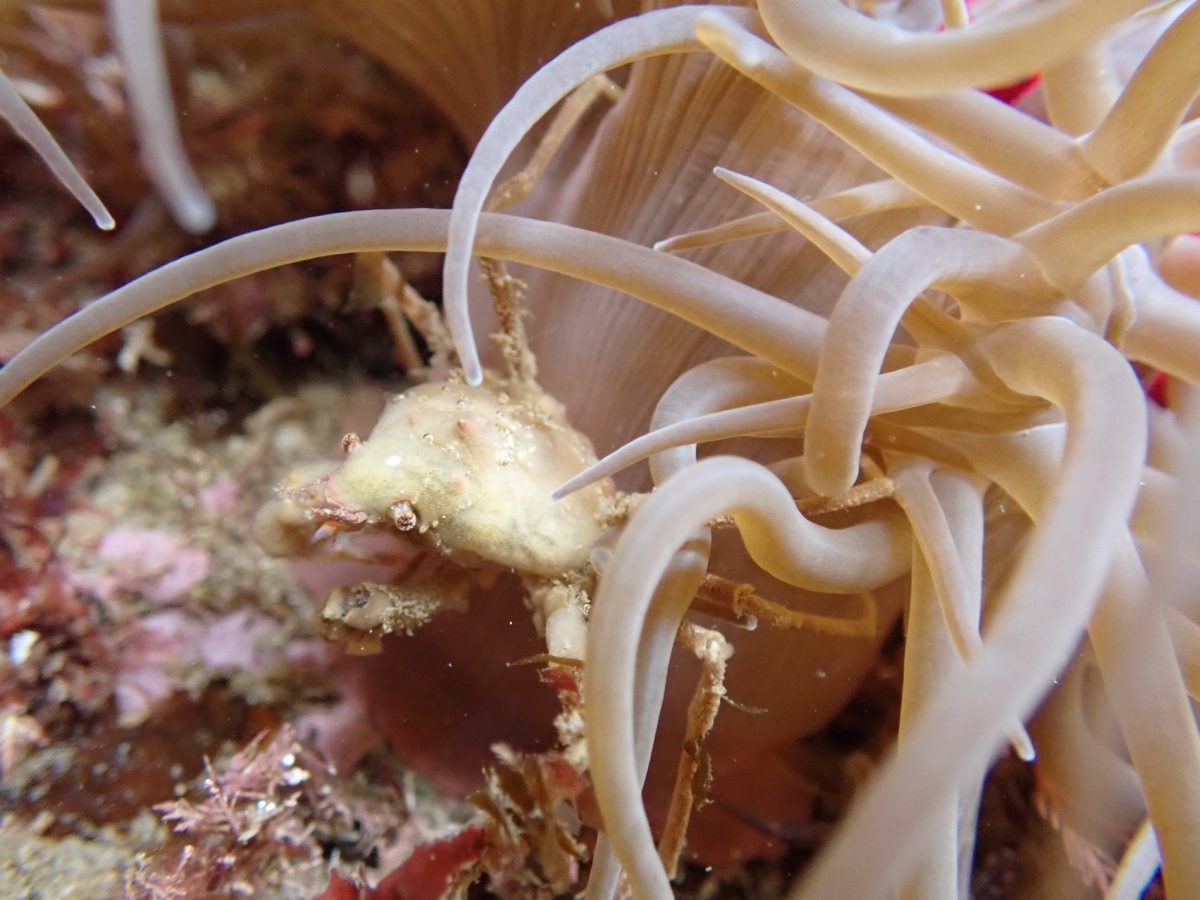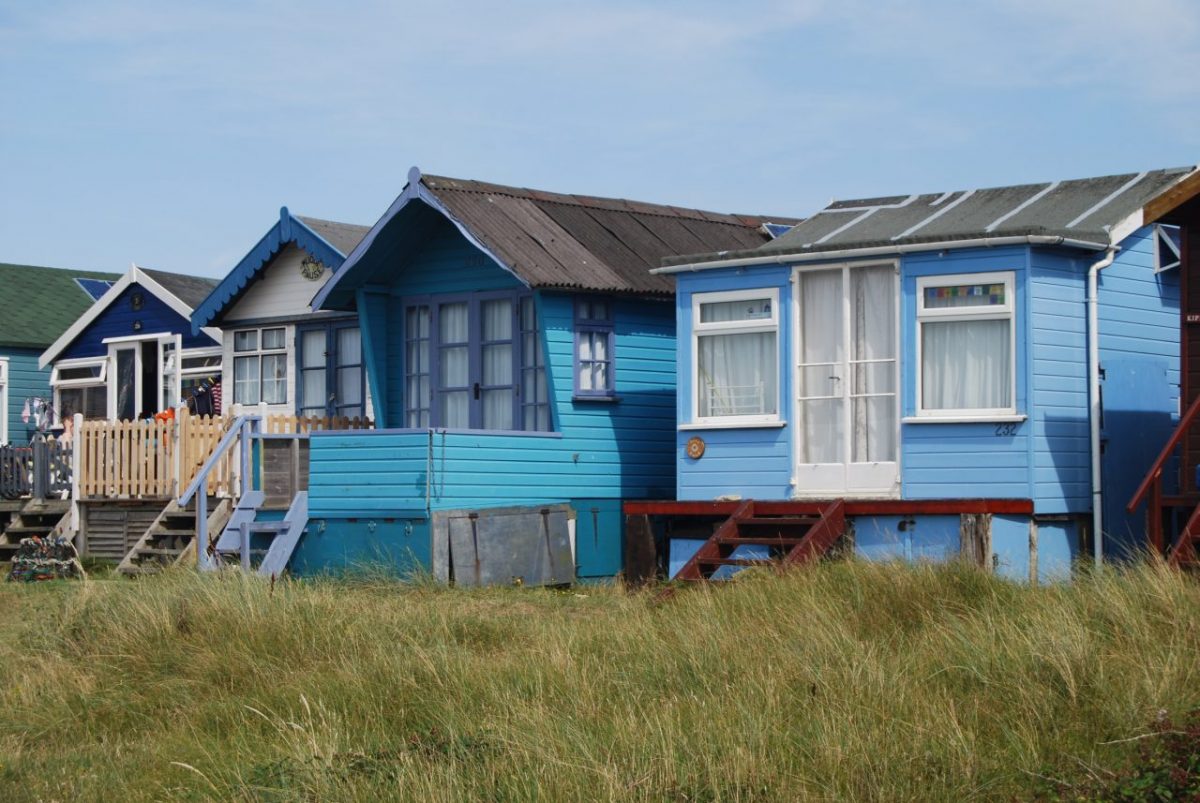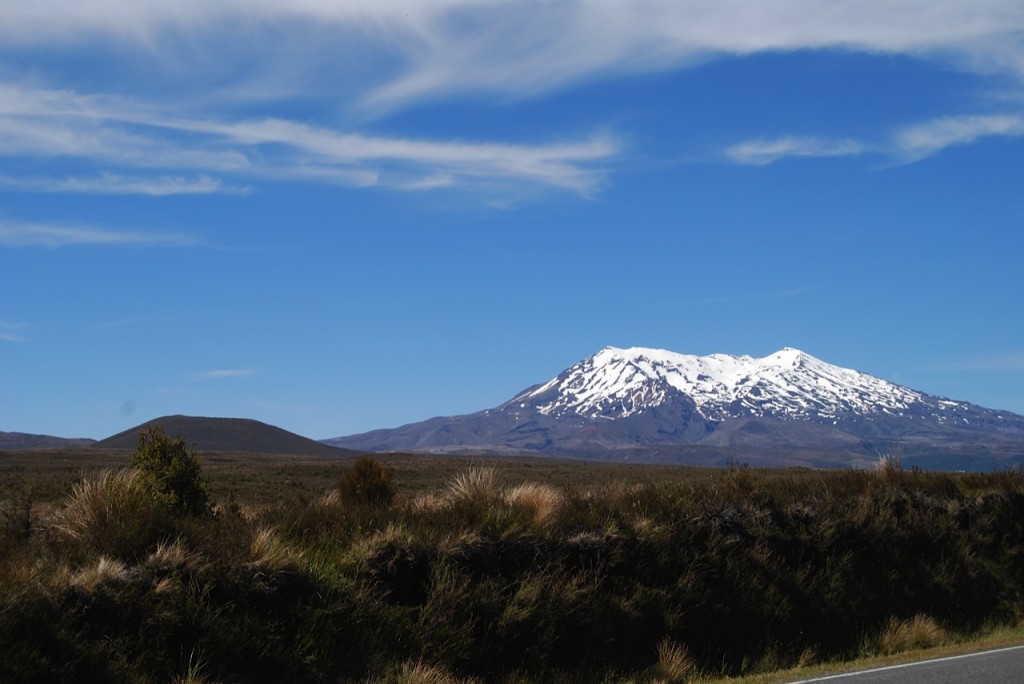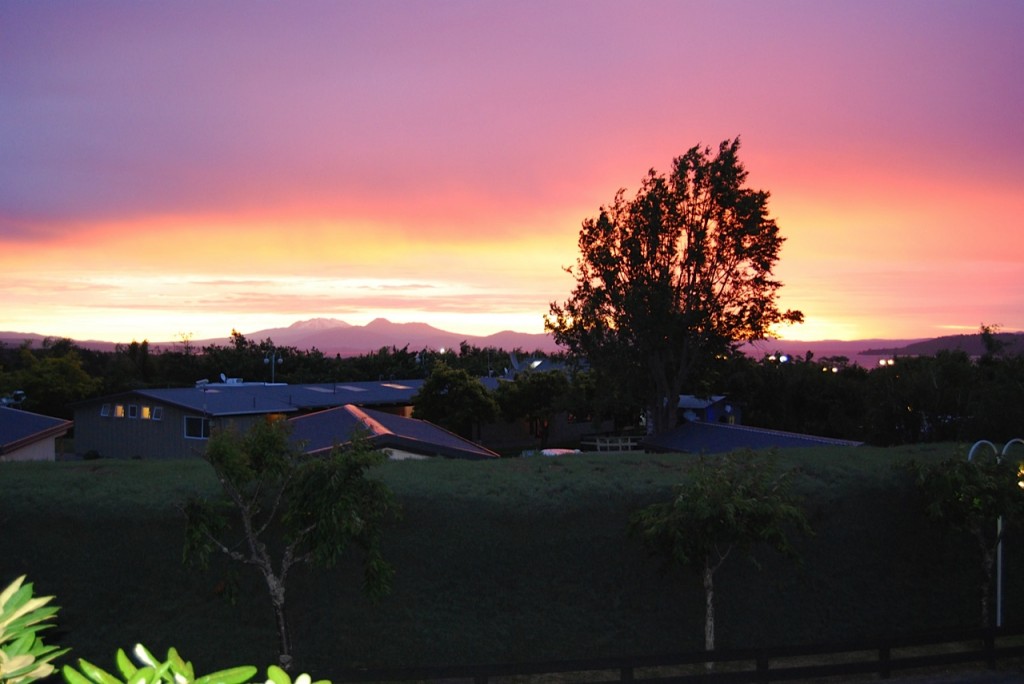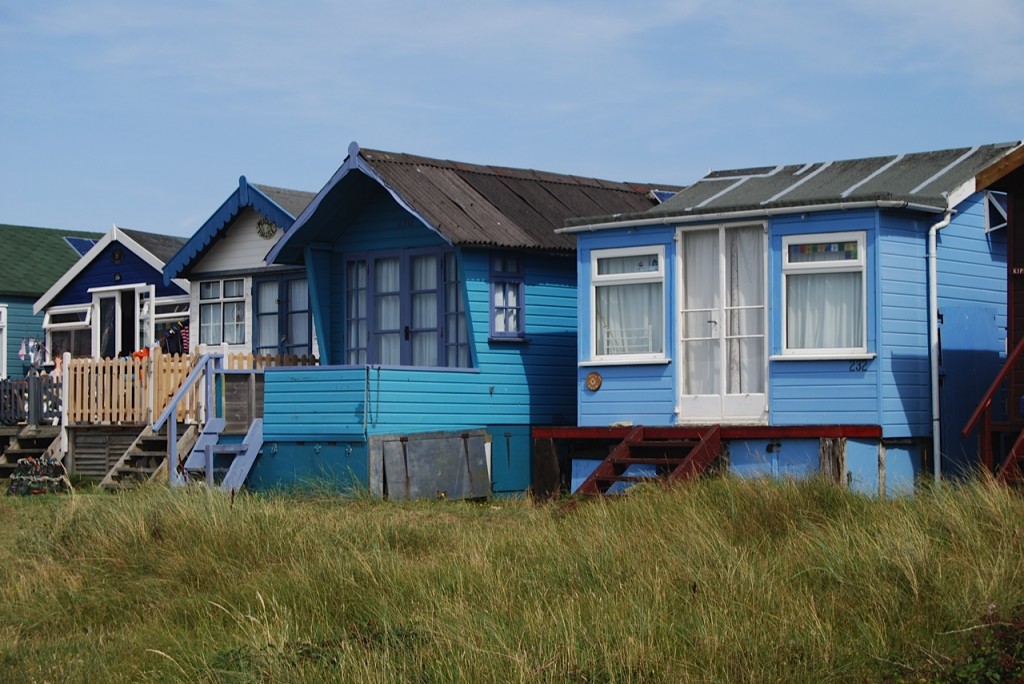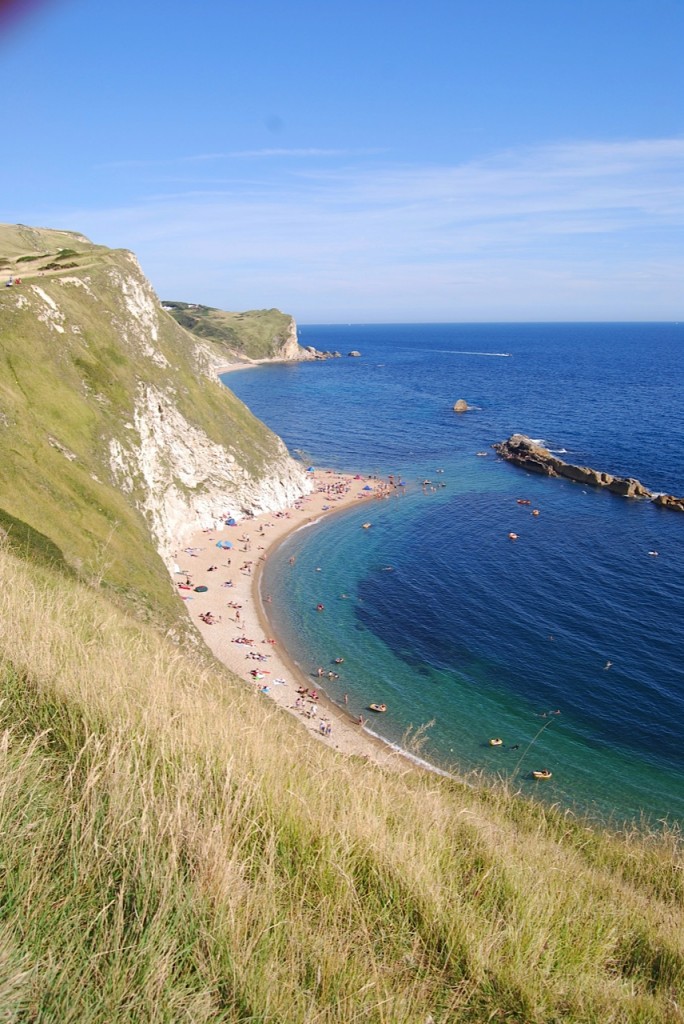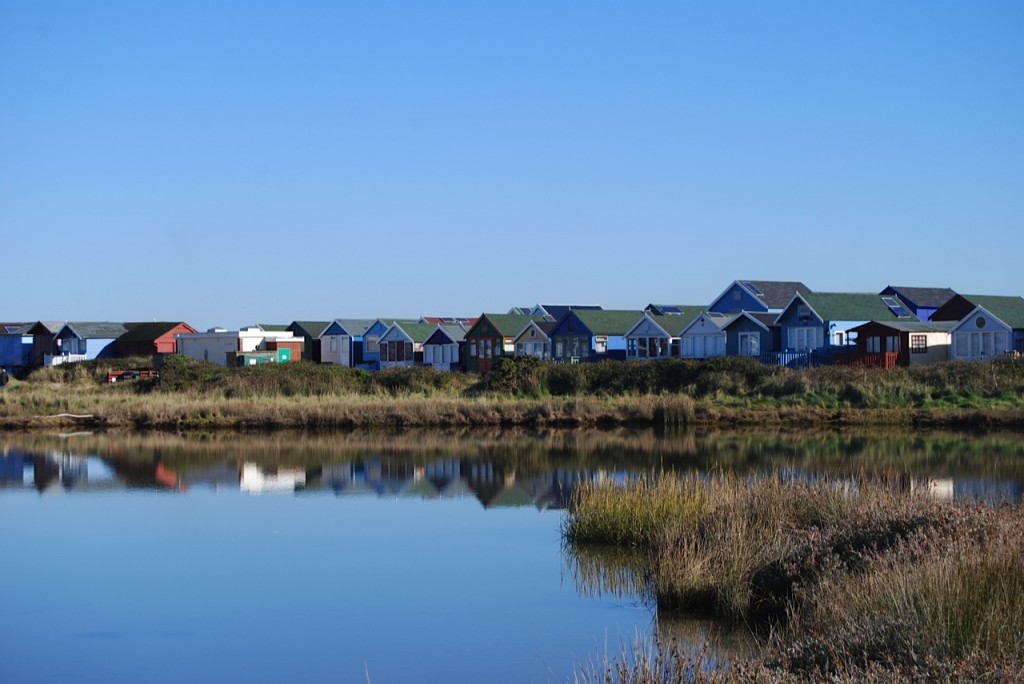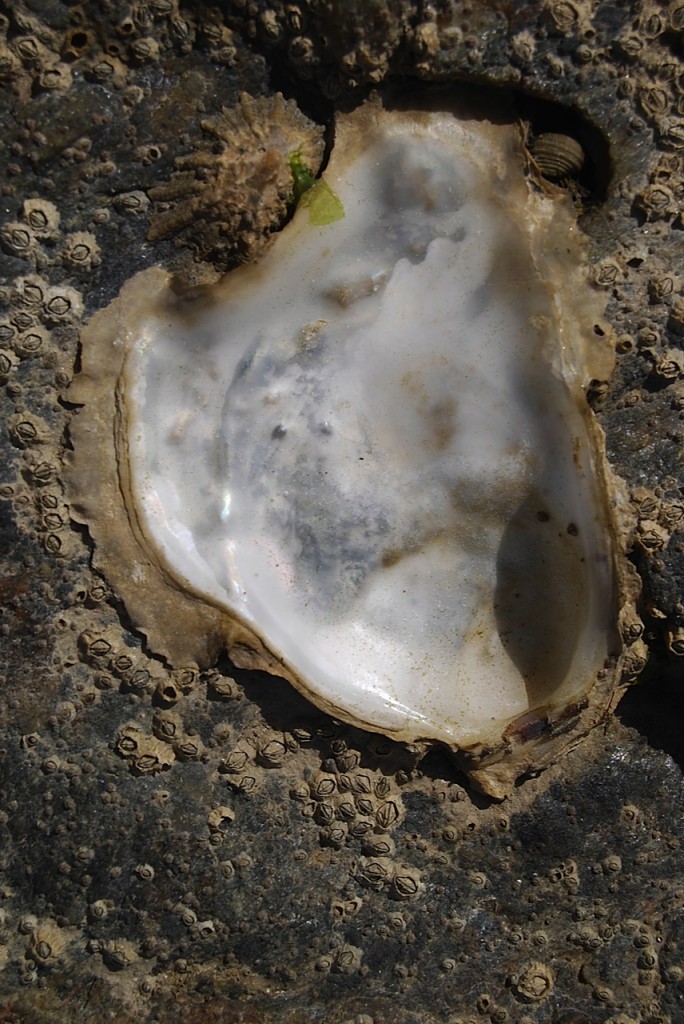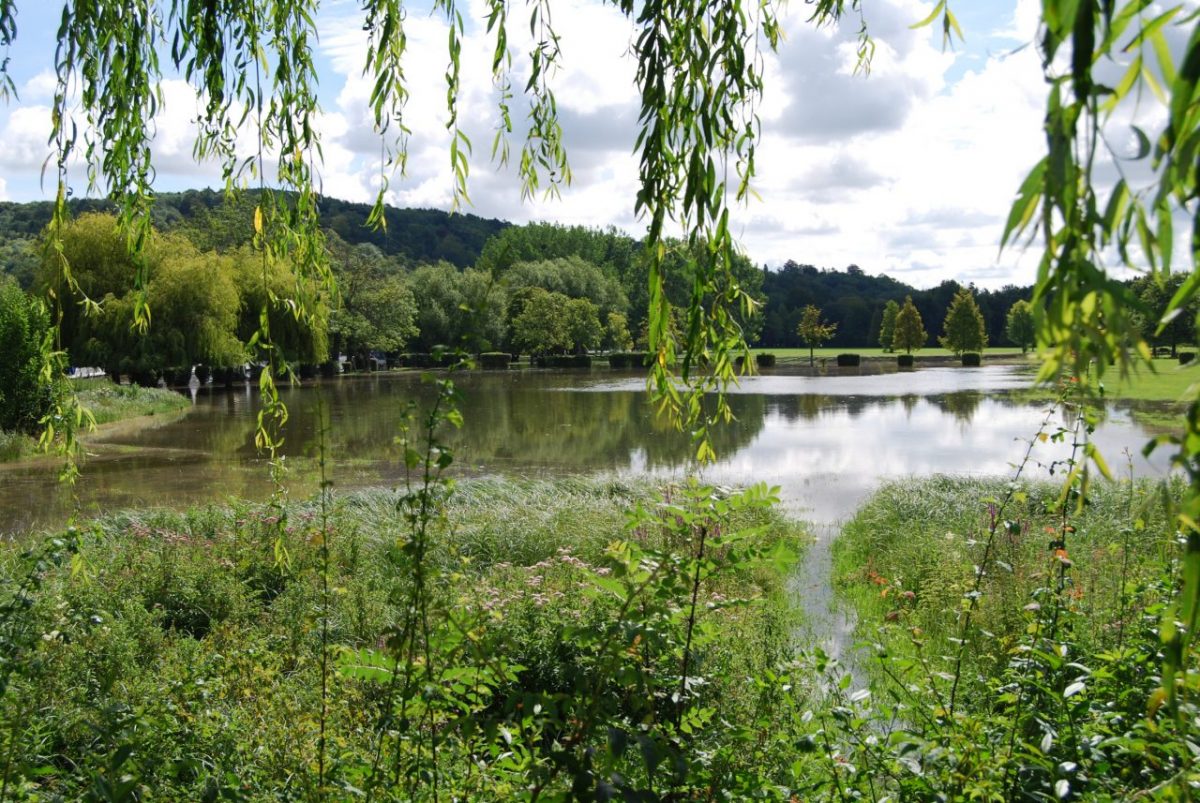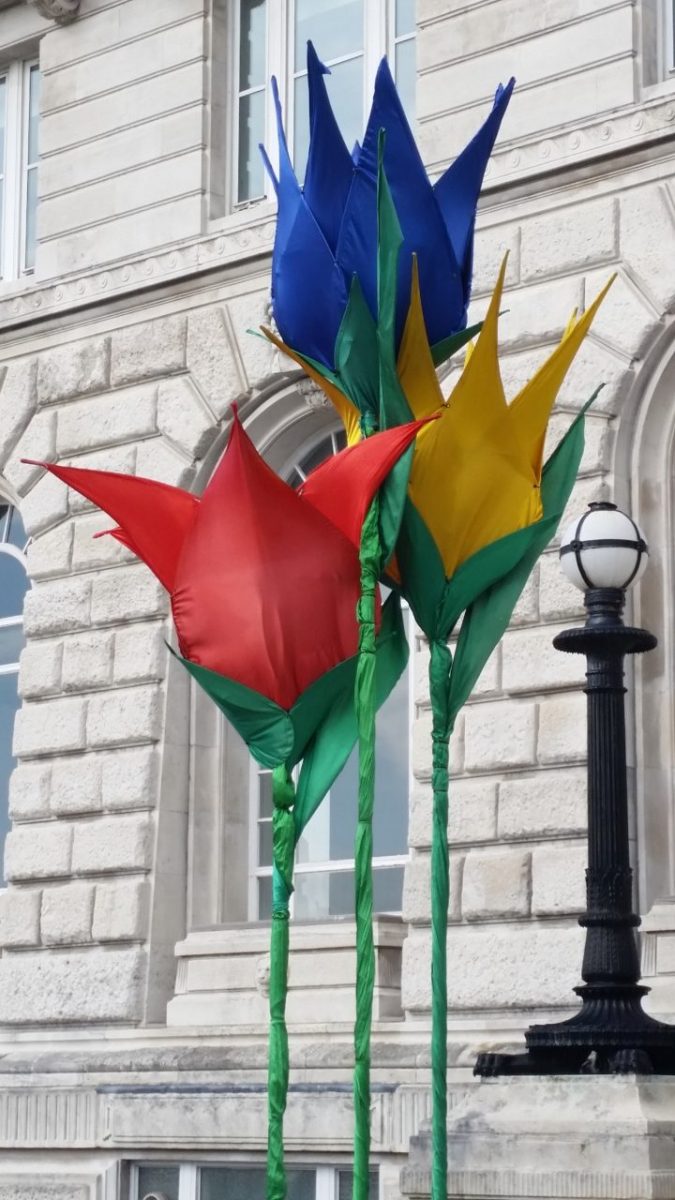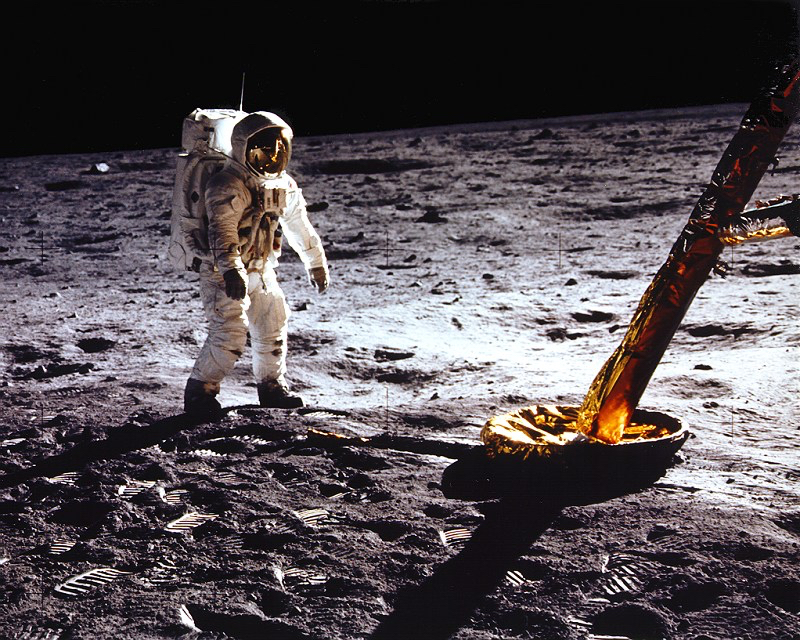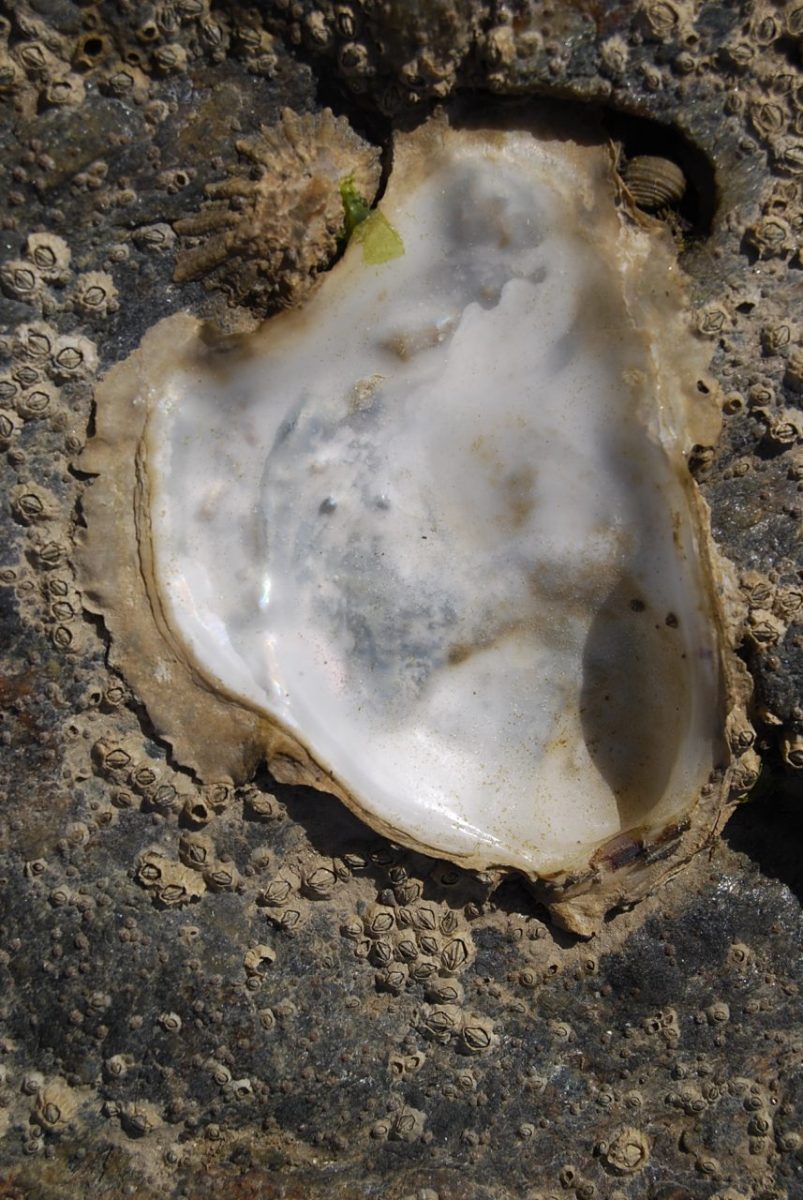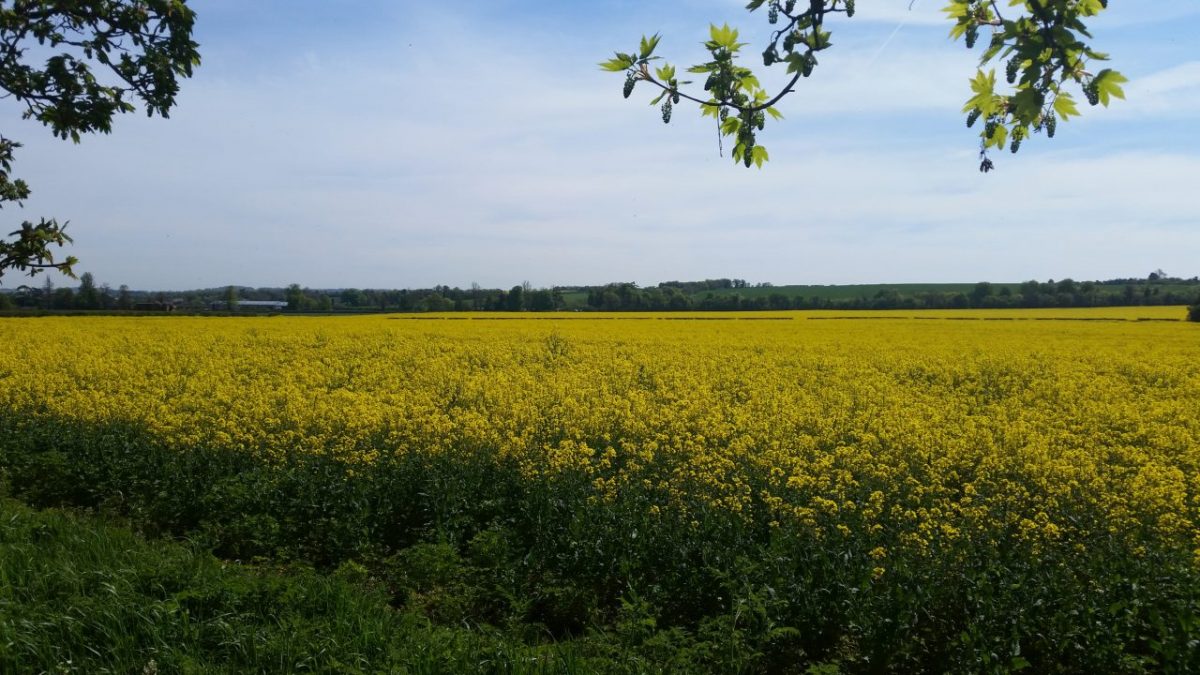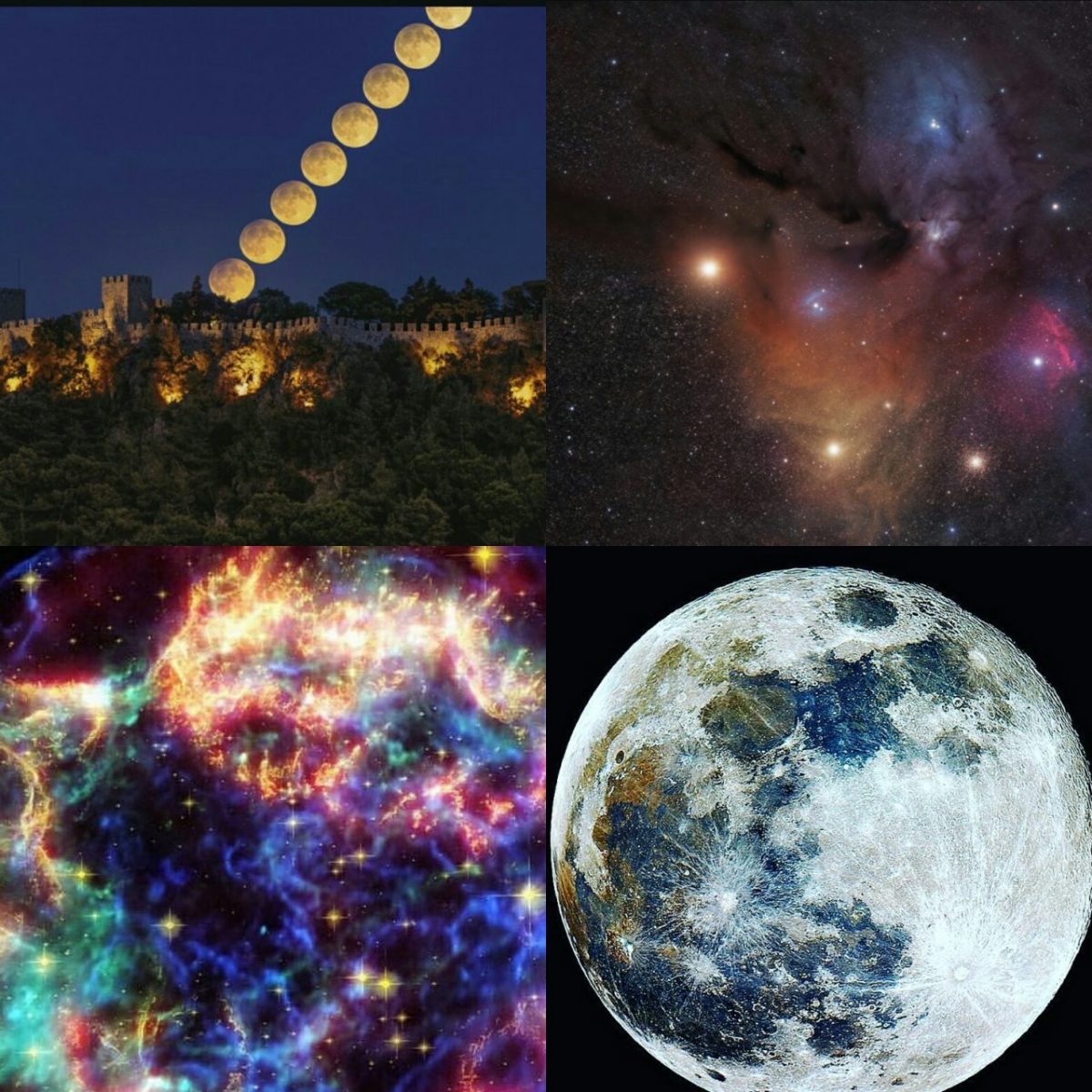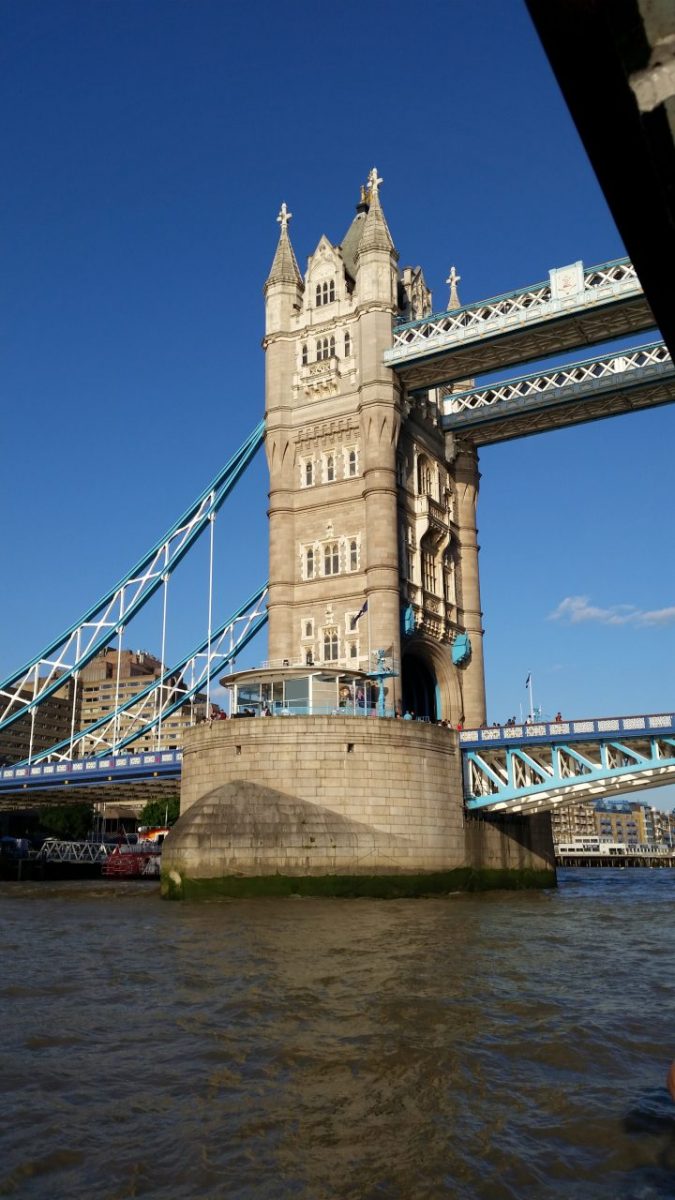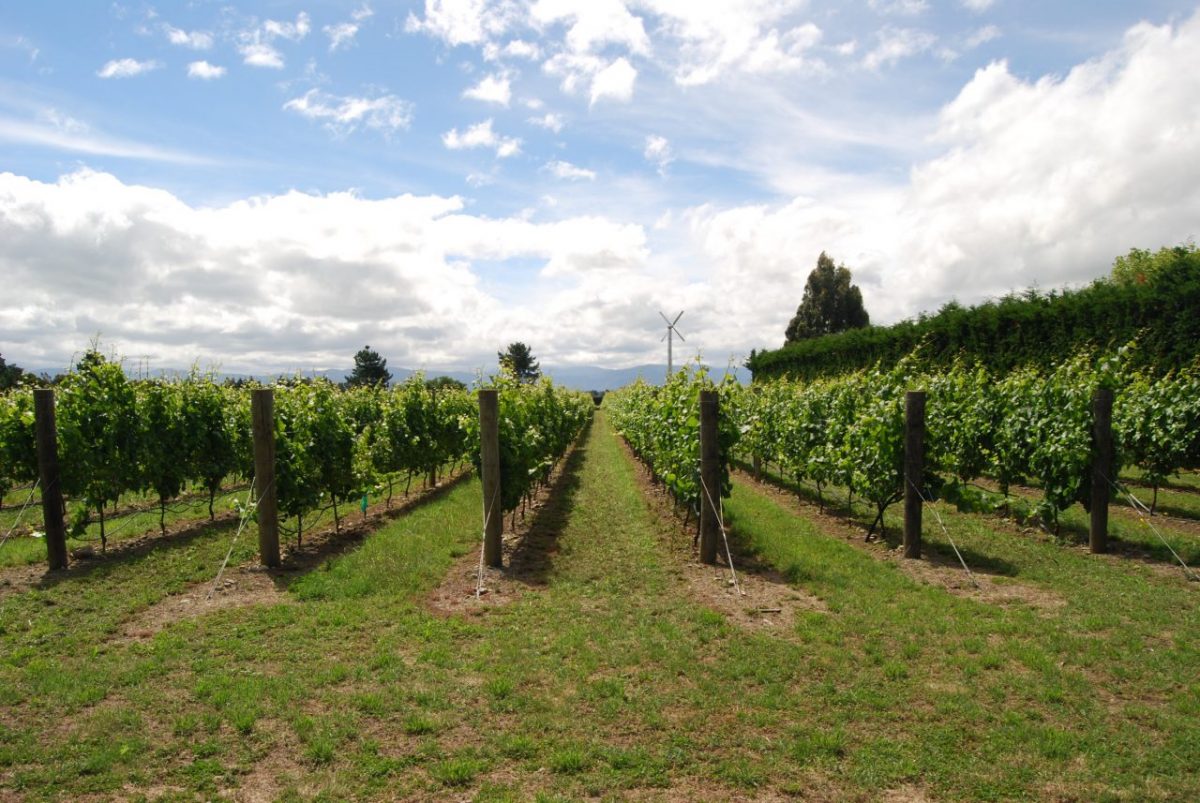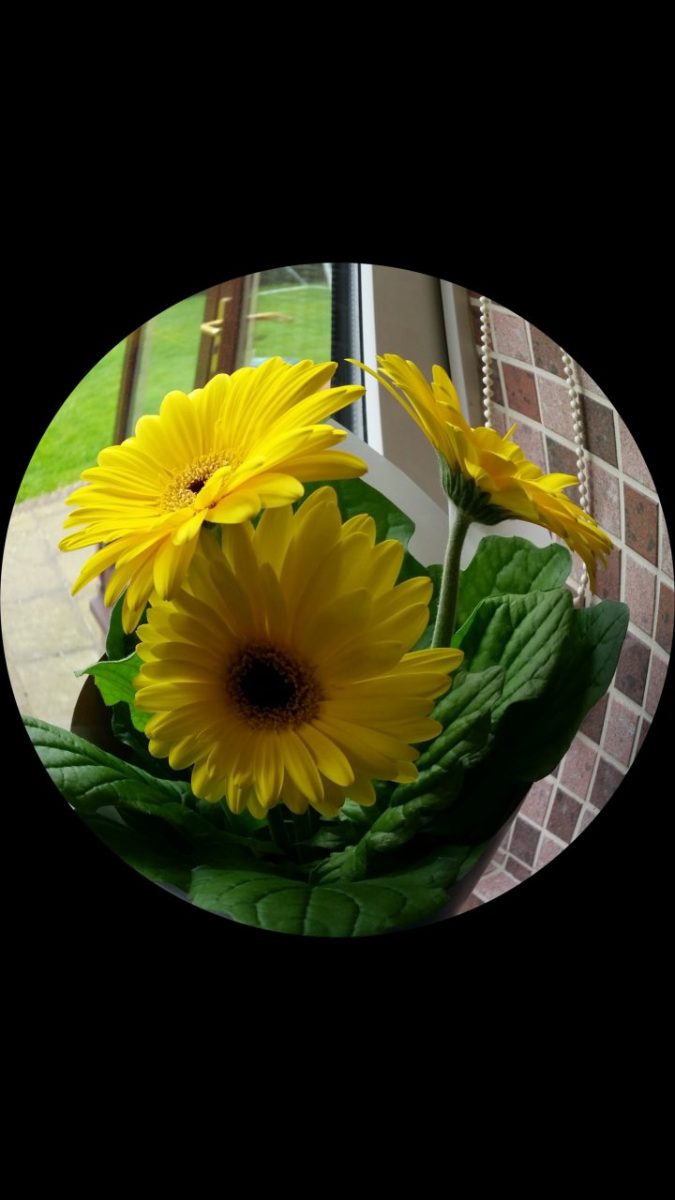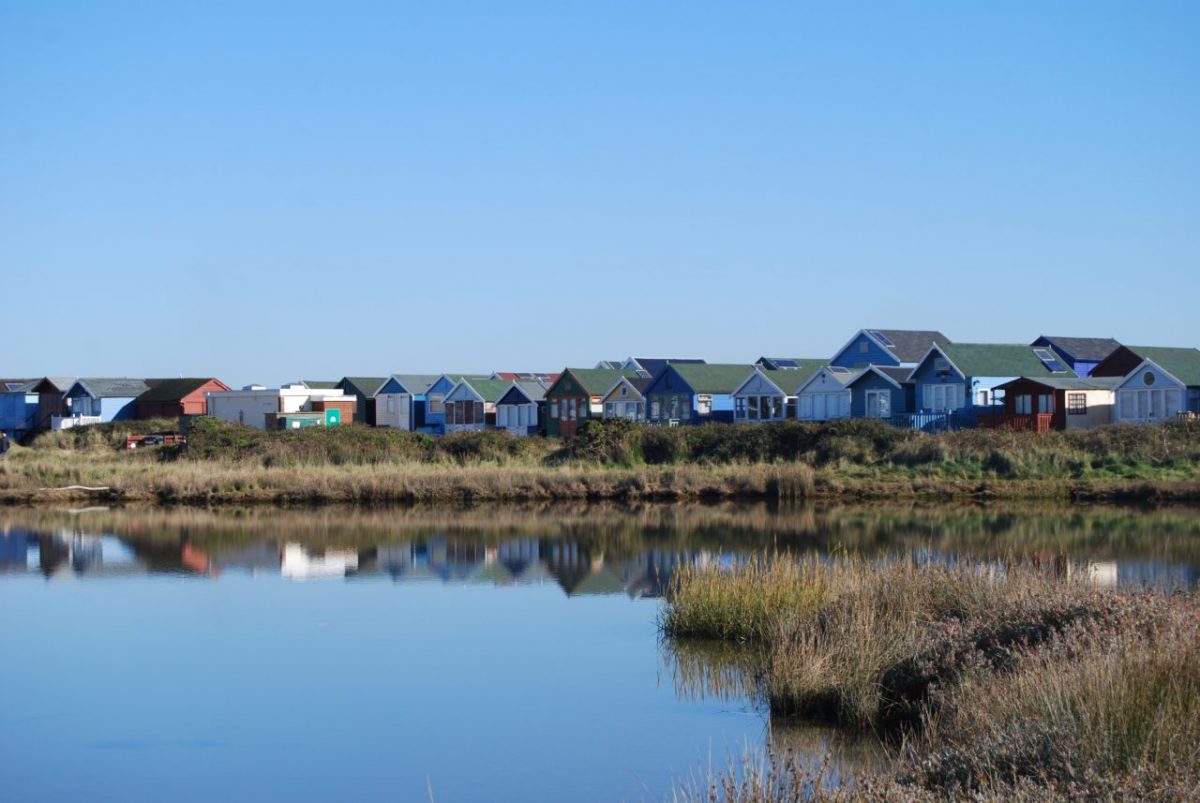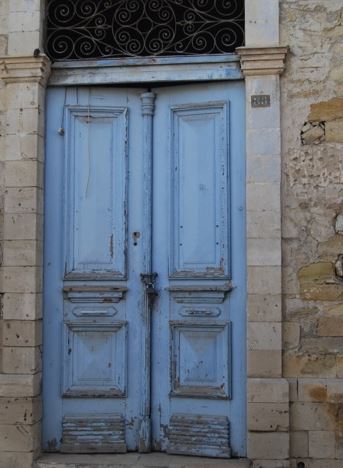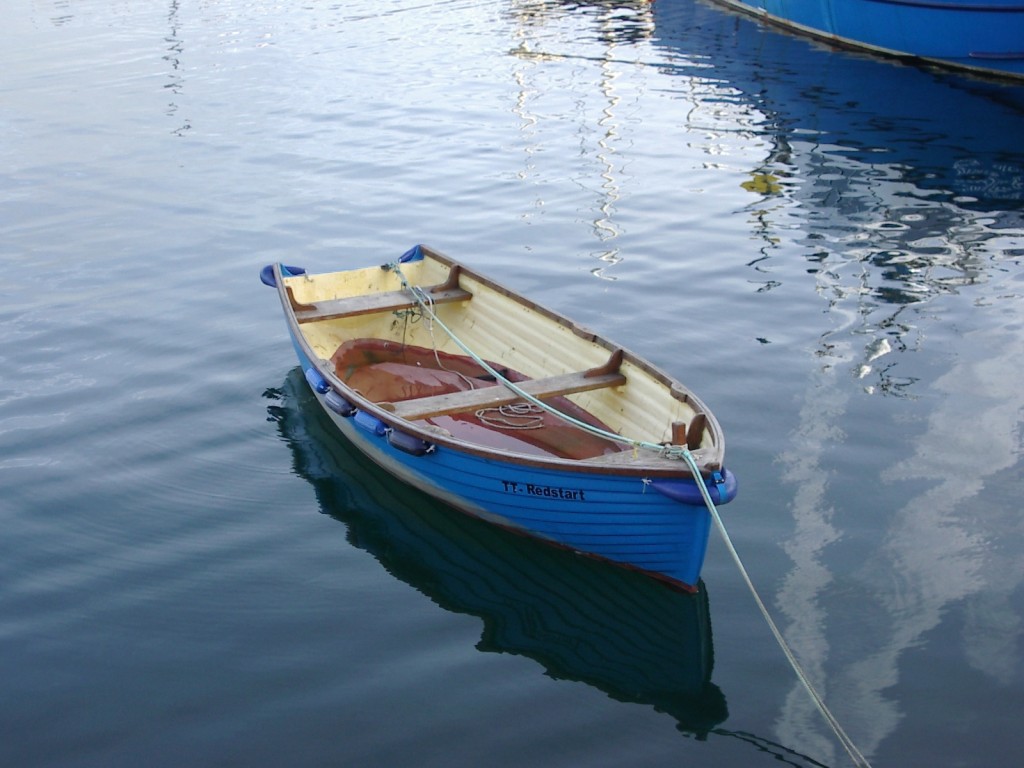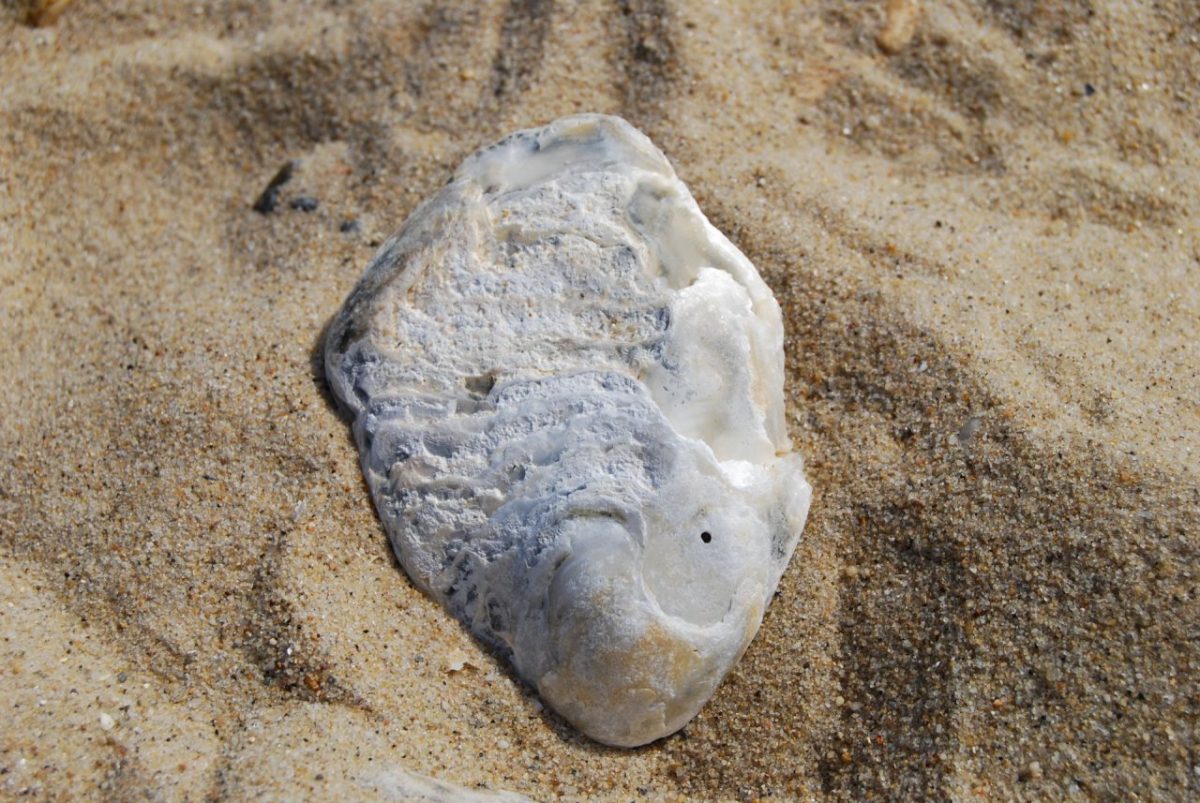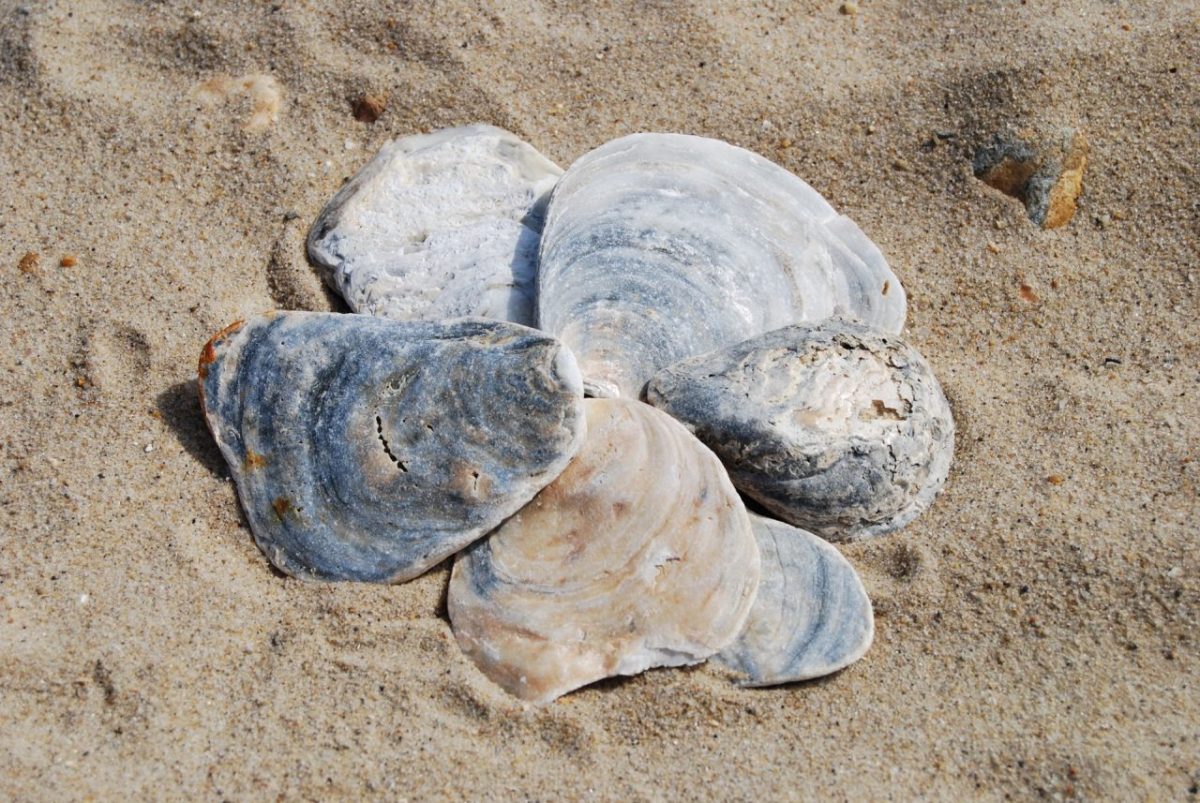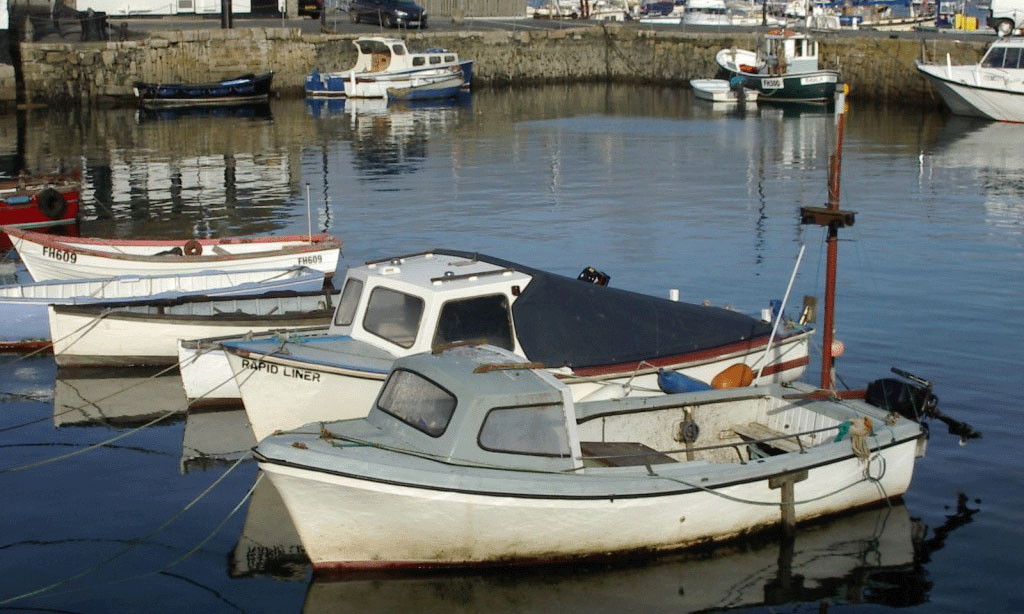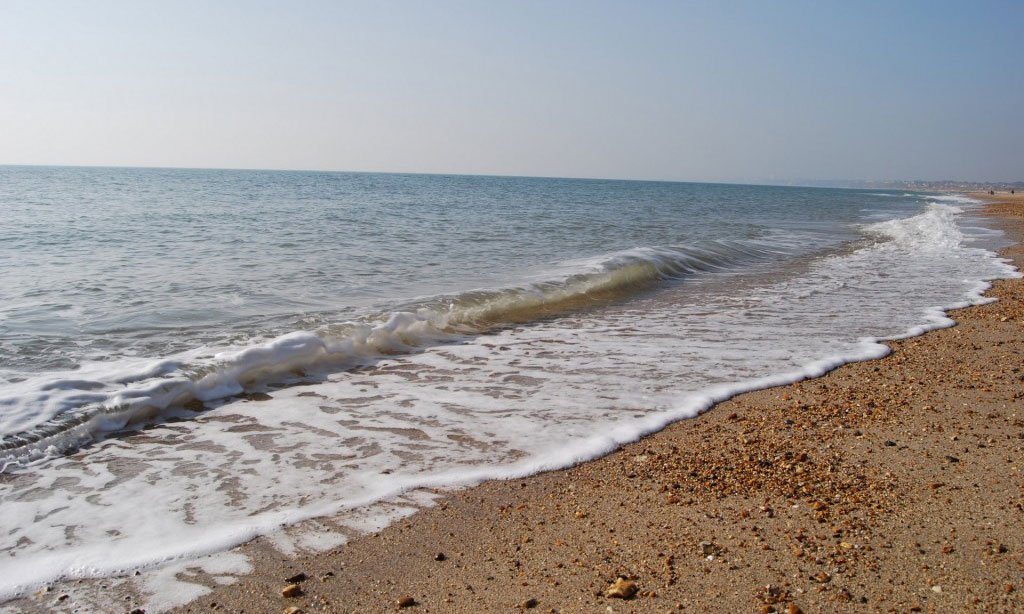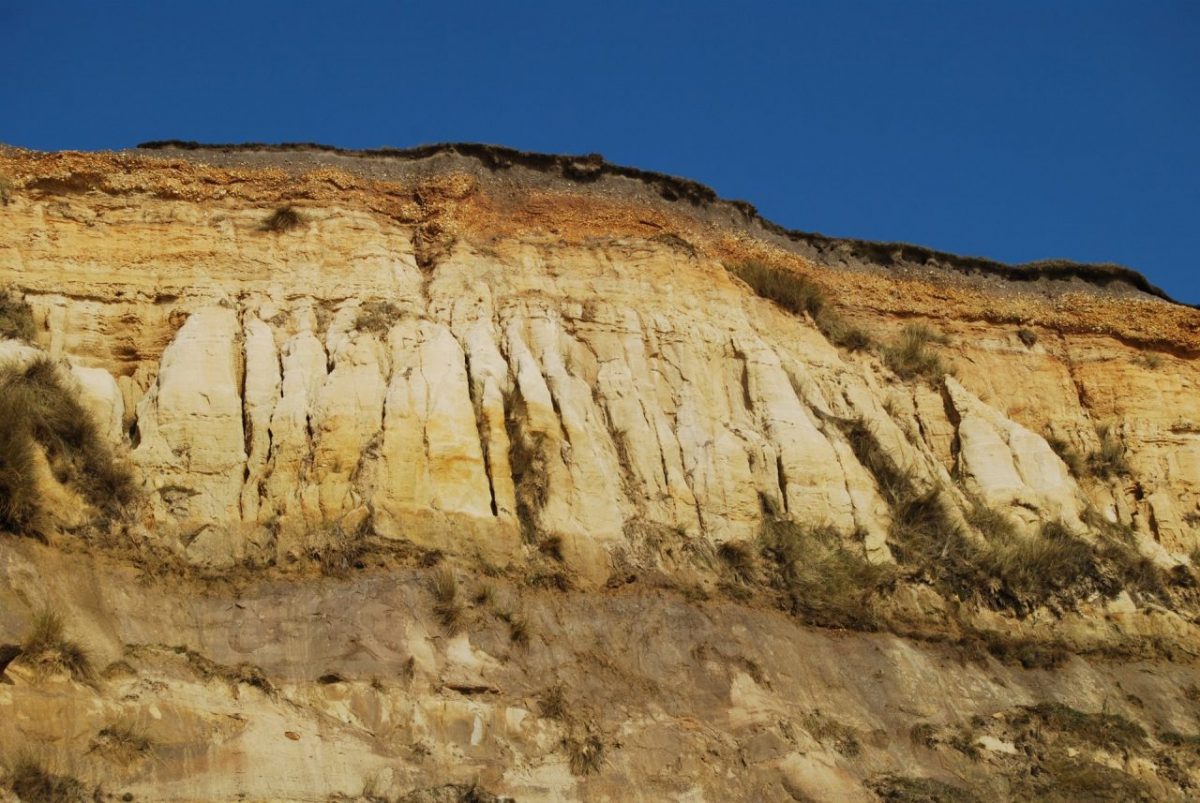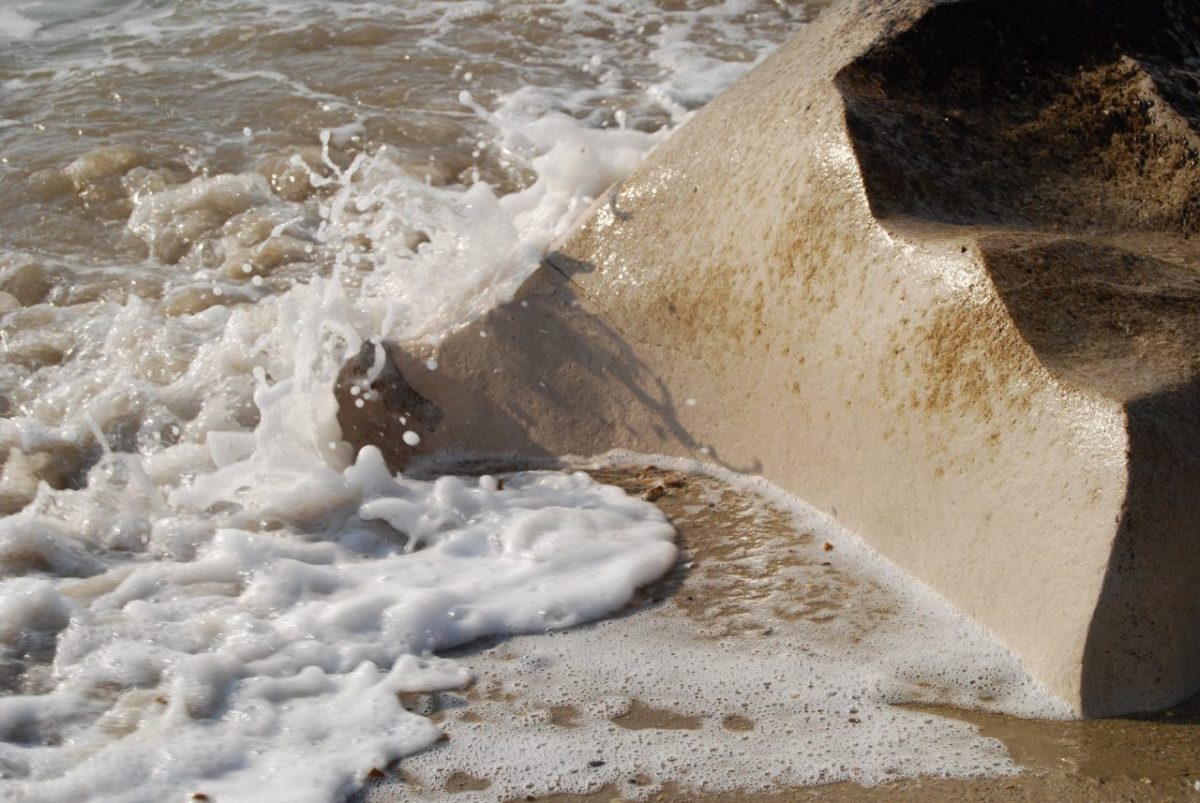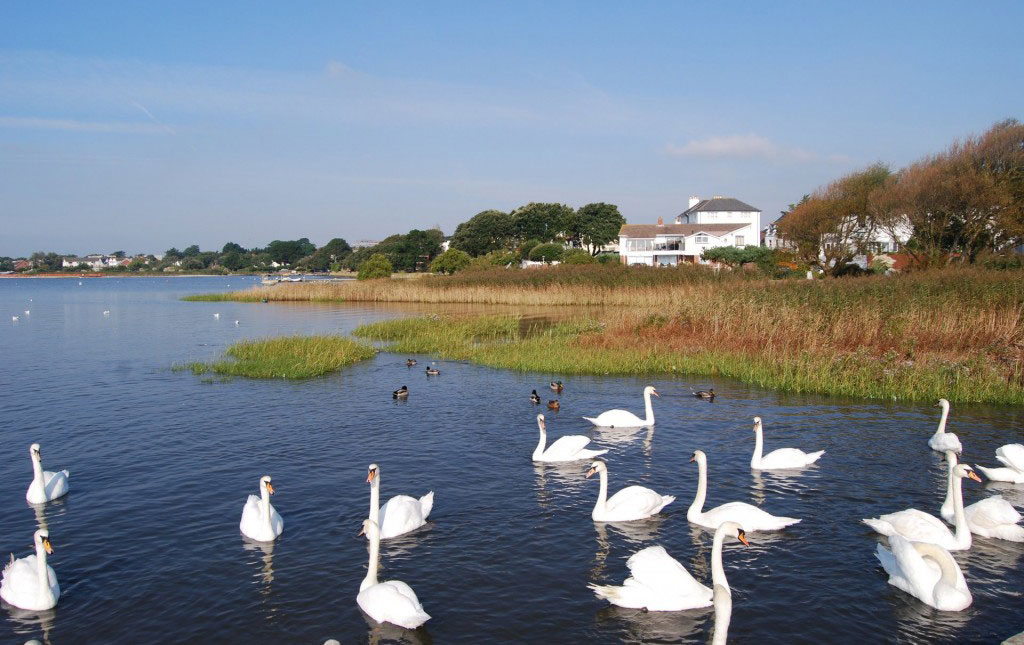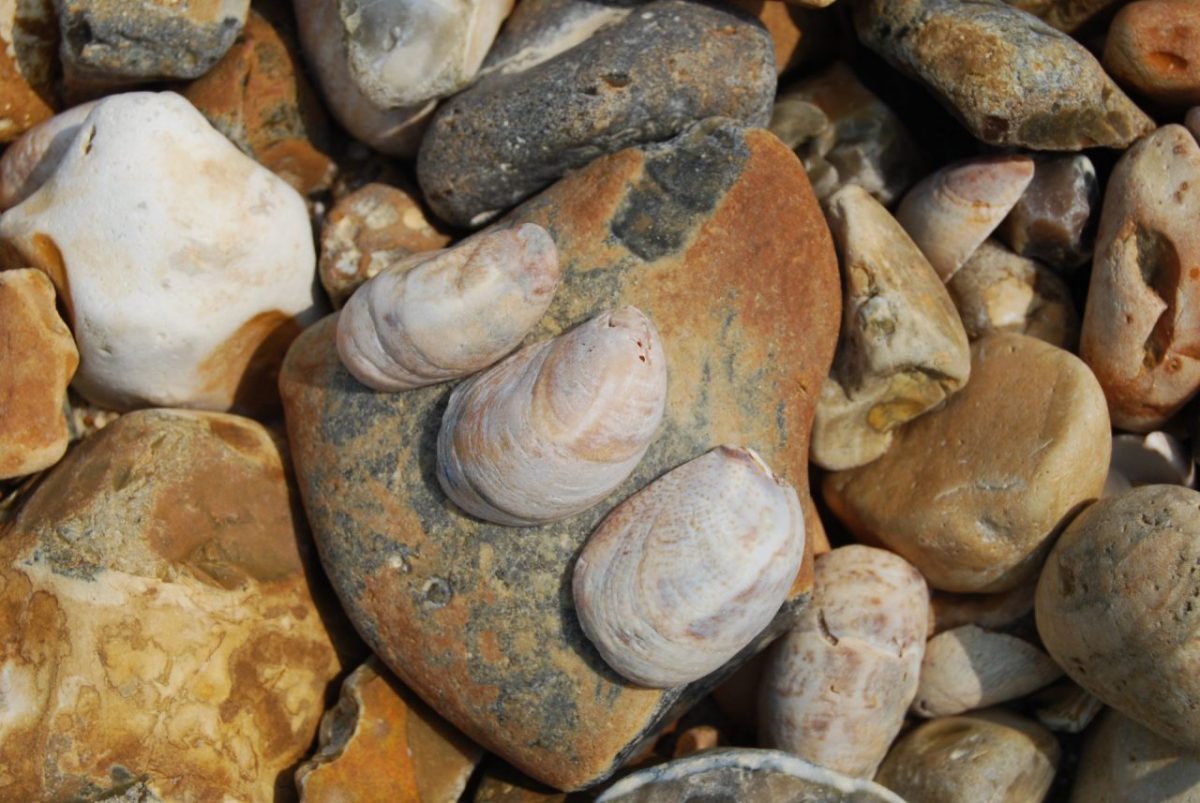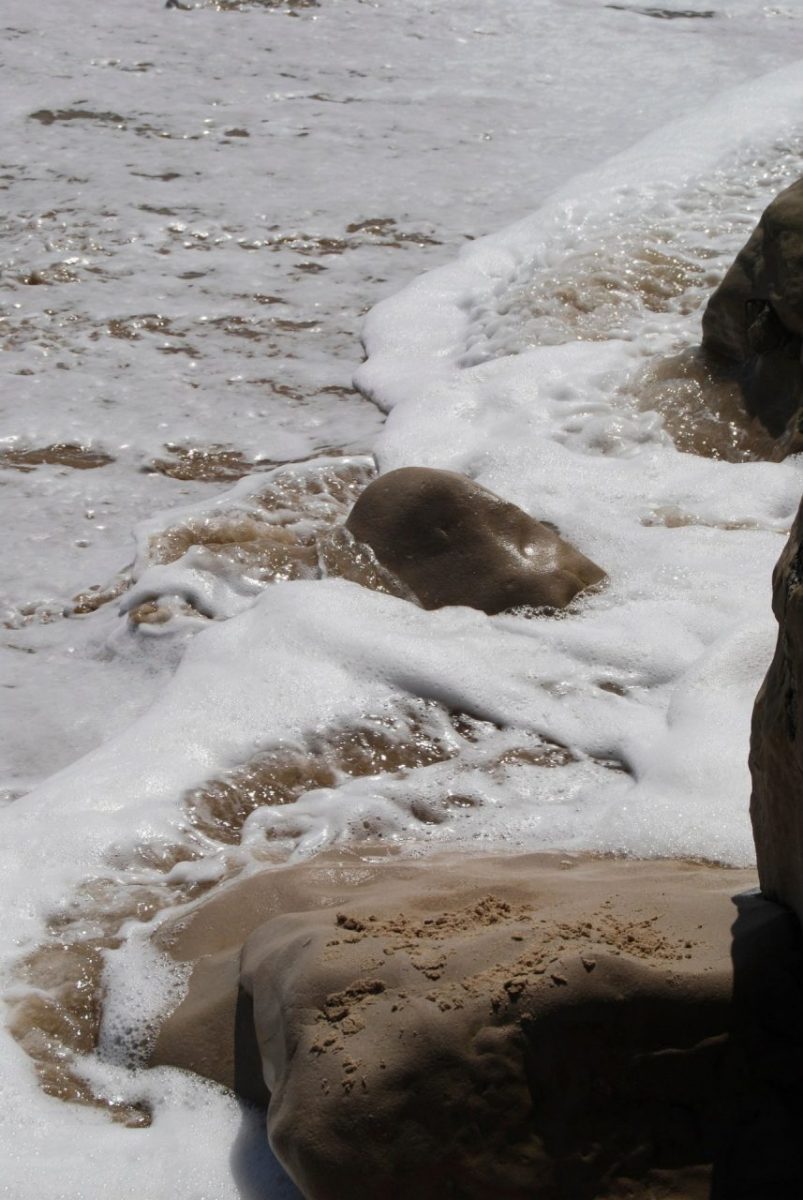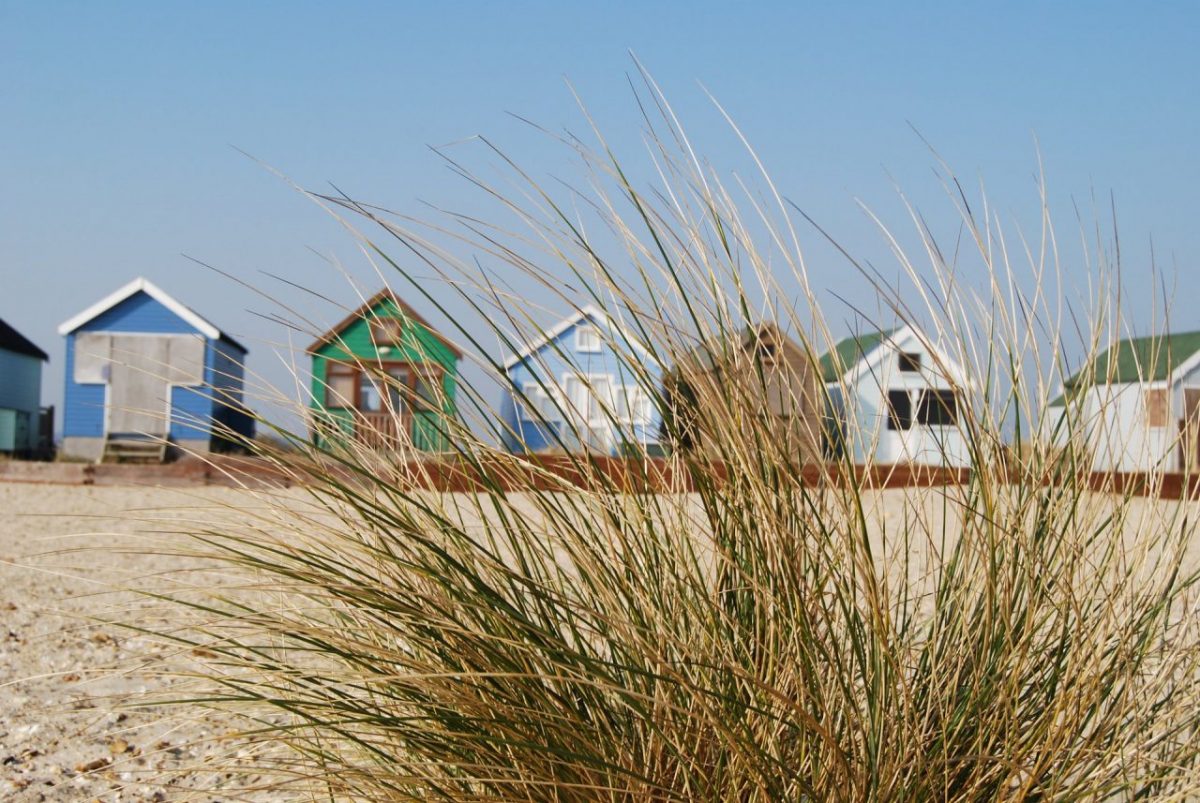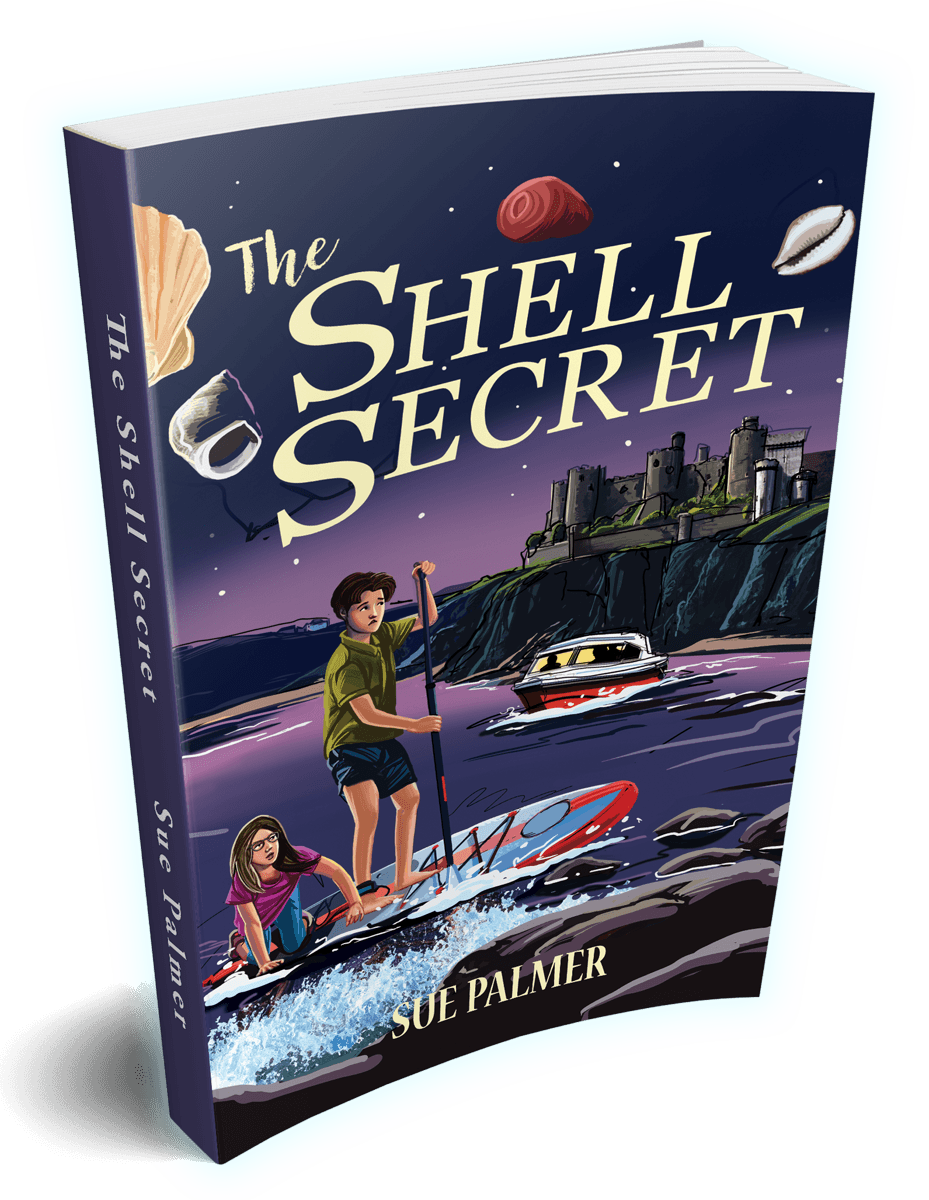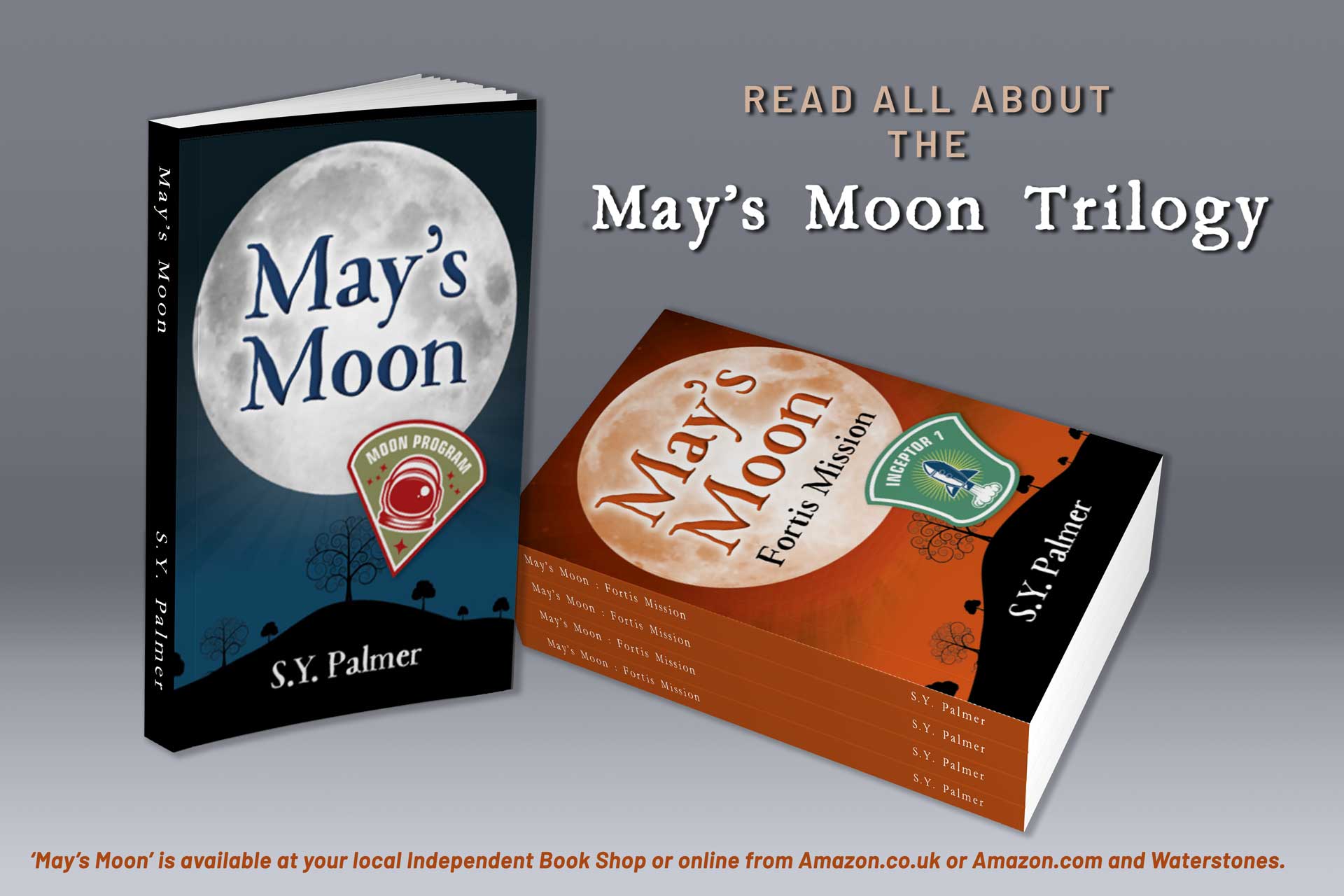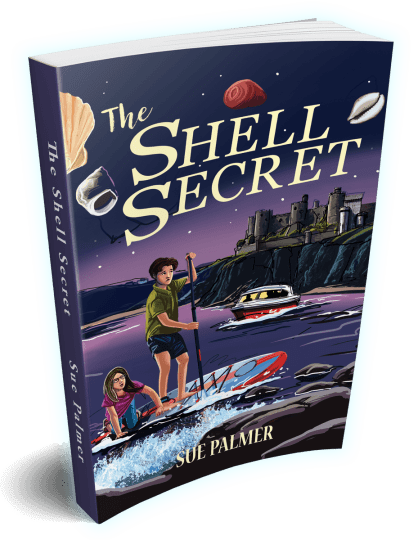About me
Sue Palmer - Children's Author
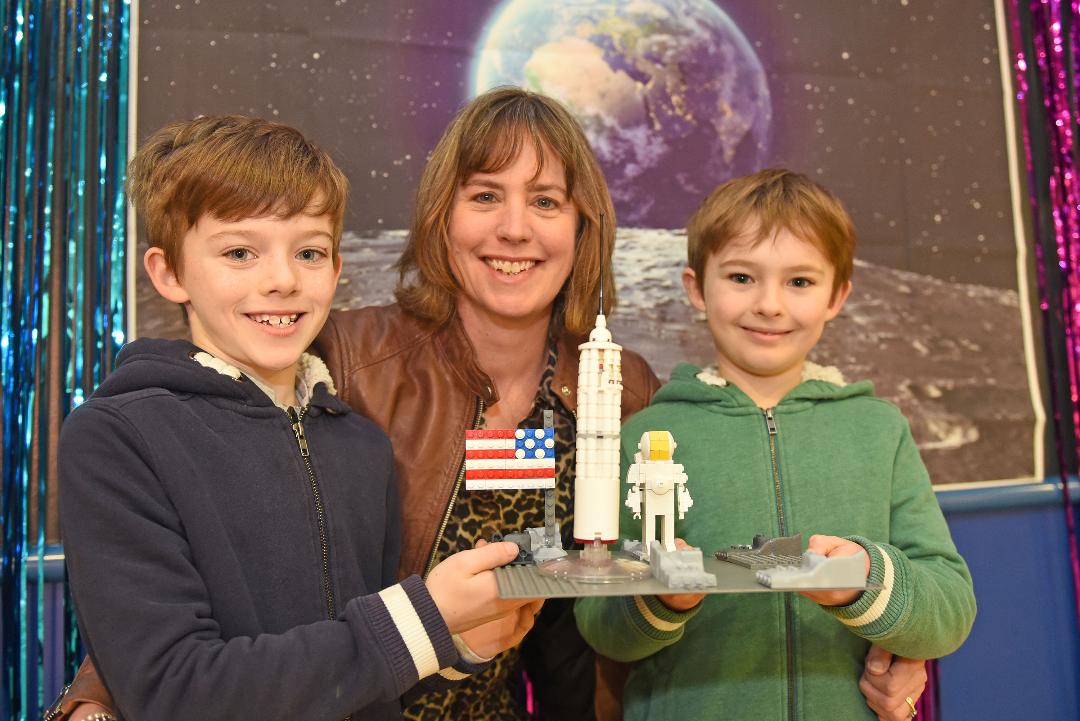
My own reading has been a great inspiration for my writing.
My interest in writing stories probably began at primary school with a handwriting competition (which I won) and a poetry competition (which I didn’t win). From then until the end of my University days, I filled notebooks with poems and short stories when I probably should have been writing dissertations about Wolfgang Goethe or Friedrich Schiller. I managed both eventually but those words are still in notebooks – somewhere.
A few years later, after writing articles for parenting magazines and local circulars and reading books to my own children I decided to recapture that feeling you get as a child, that you can do anything and be anything. I wanted to write stories – full, engaging, funny and heart-warming stories. I wanted characters with dreams, with unanswered questions and with the desire to do something about it.
"That’s how the May’s Moon Trilogy and The Shell Secret came about."
SUE PALMER UNVEILS "THE SHELL SECRET"
A STORY OF GRIEF AND HOPE, ROOTED IN CORNWALL’s COASTLINE
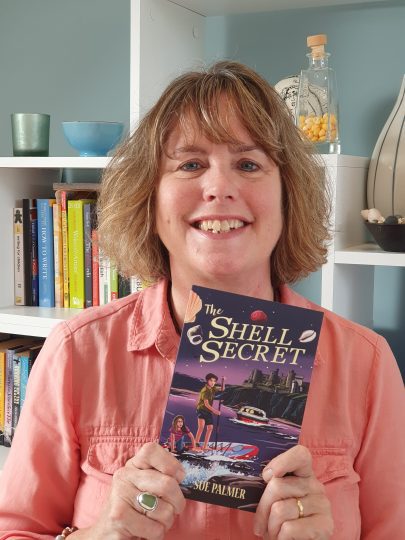
Sue Palmer’s "The Shell Secret" is a compelling new book for children that combines a vivid Cornish setting with themes of friendship, loss, and courage. Aimed at helping young readers navigate the complex nature of grief, the book also explores the healing powers of friendship, family and the coast.
As a child, Sue spent unforgettable summers with her family, exploring Cornish beaches, caves, and rock pools. The ever-changing face of the sea, a sense of freedom and adventure and the evocative stories told by her grandpa, inspired a deep love for the coast, which forms the backdrop of her new mystery novel.
The story follows eleven-year-old want-to-be detective Alice Clark, whose visits to the coastal town of Trevellen used to mean collecting shells with her sister, Poppy. But this summer is different. A year after Poppy’s death, Alice returns to the beach alone, determined to build a memorial of shells in her sister’s honour. Desperate to keep Poppy’s memory alive, Alice faces a difficult situation when her parents forbid her from visiting the beach alone. Reluctantly, Alice strikes a deal with Jasper – an annoying boy who has just moved in next door. What starts as an uneasy alliance quickly turns into a deeper, more complicated friendship.
In "The Shell Secret", Sue captures the deep grief Alice feels after losing her sister and the profound impact it has on her actions, her relationships, and her journey forward. Through Alice’s story, Sue explores the complexity of grief and the ways in which it affects children. The story also touches on the protective instincts of parents, highlighting the challenges of balancing independence and safety when dealing with loss.
Sue’s journey as a writer began in her early teens, when she filled notepads with poems of teenage woes and the odd short story or two. “I loved escaping into fantasy worlds and making up ‘what if’ situations for characters,” she recalls. “Much later, having lived in the sometimes-serious adult world, picking out books for my children gave me my sense of adventure back, and I started to pen my first children’s story. I love the eternal optimism of children and their absolute belief that dreams can come true.”
She continues: “As a child, I was mad on Enid Blyton's The Faraway Tree, Mallory Towers, and The Famous Five. I loved Clive King’s Stig of the Dump and Astrid Lindgren’s Pippi Longstocking. Huckleberry Finn and Swallows and Amazons were also big favourites – anything with adventure or strong, unusual characters getting themselves into trouble. These days, I can be seen diving into anything by Kiran Millwood Hargrave, Piers Torday, Matthew Fox, Lauren St. John or Katherine Rundell. I love adventure stories, where characters do their growing and learning outdoors, whilst getting into all sorts of scrapes and trouble.”
On the process of writing, Sue says: “Editing is probably my least favourite part of writing, but it’s also the most important. It’s easy to get lost in ideas, but turning them into something coherent and interesting takes time and patience. I’ve learned that writing is a constant process of revision and rewriting until you get the best possible story. I am also eternally grateful for the skill and patience of editors.”
Sue’s passion for storytelling extends beyond her books. She offers a unique workshop titled Secrets of the Shore, designed to support curriculum study of living things, their habitats, and ecosystems. The workshop engages students in environmental exploration and encourages creativity through storytelling.
Sue says: “Losing someone close is an overwhelming experience for children, and I wanted to reflect the pain and confusion that they can often feel in these circumstances. The sea symbolises both a place of escape and a path to healing, as does Alice’s love for shells. Her journey of grief is mirrored in the landscape around her. While the ocean holds mystery and beauty, it becomes a place where she confronts her emotions and begins to find peace. Writing this story, I aimed to help young readers navigate their feelings of loss while discovering that, even in the darkest times, there is hope.”
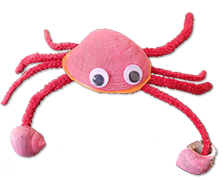
KS2 School Workshop
May's Moon Book Launch
Where are you from?
I live in the UK. I moved from Lancashire to The Cotswolds at the age of 7 and have been living in rural South Oxfordshire since 1995.
Tell us your latest news?
I’ve had a really exciting time over the past few months visiting schools, libraries, bookshops and festivals to talk about what’s happening in space right now and about my May’s Moon children’s books. It couldn’t be a more dynamic time to be looking at what begins about sixty miles above us.
The second book in the trilogy, May’s Moon: Fortis Mission is out this week. Children will find out how Michael May’s adventure continues and how he deals with the challenges he has to face. I’m currently only a few chapters into writing the third story but am already enjoying putting my characters into new, perilous situations.
When and why did you begin writing?
Like most writers, my first stories emerged at school. In my early teens, I filled notepads with poems of teenage woes and the odd short story or two. I loved escaping into fantasy worlds and making up ‘what if’ situations for characters. Much later, having lived in the sometimes-serious adult world, picking out books for my children gave me my sense of adventure back and I started to pen my first children’s story. I love the eternal optimism of children and their absolute belief that dreams can come true.
When did you first consider yourself a writer?
This is a well-debated question. I think if you write stories, poems, books, or articles on a regular basis and you have an audience, you can legitimately be described as a writer. Writing became my primary focus about four years ago. With two books published, two being edited and regular visits to schools, libraries and bookshops, I’m finally comfortable using the term ‘writer’ to describe myself.
What inspired you to write your first book?
My first story came about as a challenge to myself. I wanted to see if I could write a full-length children's story. After nearly a year the answer was 'yes' but unfortunately the writing world's answer was 'no'. I went back to the drawing board, read a lot about writing, asked a lot about writing and spent a lot of time writing. My second attempt benefited hugely from my first naive venture.
The inspiration for this story came from a school trip with my then 8-year-old son to the National Science Museum in London. The ‘space' exhibition and the children's reaction to it gave me the idea of sending a child into space - the premise for May's Moon.
Do you have a specific writing style?
I know I like to get inside the head of my main characters. I know that he or she represents some of the worries and concerns and hang-ups that I had as a child and I know I want to share those with my readers, but I can't really comment on my own style. Reading children’s reviews is probably the best judge of what they get from my stories.
How did you come up with the title?
My main character is Michael May and his biggest dream in life is to go to the moon. I did have a working title of Michael May goes to the Moon, but that was soon shortened to May's Moon.
Is there a message in your novel that you want readers to grasp?
There are several messages in May's Moon that I'd love readers to pick up on:
- Follow your dreams... you never know...they might just come true.
- When dreams hurtle towards reality, they can change how you feel about them. That's OK.
- Be yourself - it's always enough.
How much of May’s Moon is realistic?
I’ve tried to make the astronaut training that Michael May goes through as realistic as possible, to make the book appealing to children who like to learn about space. The facts about g-force, planets and other space-related stuff is real, but details of the next mission to the moon is fictional.
With so much information about space exploration, future plans and past triumphs I’m never lacking in research materials or astronauts to meet.
Are experiences based on someone you know, or events in your own life?
Some of the characters have the traits of children I have met, but the rest is purely fictional.
What books have most influenced your life most?
As a child, I was mad on Enid Blyton's The Faraway Tree, Mallory Towers and The Famous Five. I loved Clive King's Stig of the Dump and Astrid Lindgren's Pippi Longstocking. Huckleberry Finn and Swallows and Amazons were also big favourites - anything with adventure or strong, unusual characters getting themselves into trouble.
As an adult, lots of the advice given by Stephen King in his On Writing resonated with me, as did Dorothea Brande's 1938 Becoming a Writer. David Almond's Skellig, Philip Pullman's Northern Lights and Li Cunxin's Mao's Last Dancer all drew me in completely to their very different worlds.
If you had to choose, which writer would you consider a mentor?
It would have to be someone called "Pullman King Funke".
What book are you reading now
I’m reading the magical, mysterious, The House with a Clock in its Walls by John Bellairs, alongside the second in the Wundersmith series, The Calling of Morrigan Crow, by Jessica Townsend– a must read for children who love feisty female characters, adventure and magical worlds.
Are there any authors who have grasped your interest?
I enjoyed reading The Dreamsnatcher trilogy by Abi Elphinstone - a great story woven with gypsy secrets and mystery.
Sarah Crossan’s, Breathe was something different for me. Brutal, tense and unsettling, it has an adventurous and dystopian feel that makes you want to read on and put it down at the same time.
What are your current projects?
I’m currently writing the third May’s Moon story, planning my school workshops, library and festival visits for the new academic year…and have a new manuscript ready to go out into the publishing world.
If you had to do it all over again, would you change anything in the way you write?
I’d have spent more time planning in the early days, which would have saved me a few months of re-writing and editing. Some of the techniques I now use for setting out plot, scenes and character development would have been really useful back then.
I’ve been on two courses with a UK Literary Agency to refine some of my writing skills and techniques but I didn’t know what I needed at the start of my writing journey.
All these have made my writing process better and quicker but, at the end of the day, the only way I can get to know my characters and what motivates them is by spending a lot of time with them.
Do you recall how your interest in writing originated?
It probably came from my junior schoolteachers, Mrs Jarvis and Mrs Evans. They were keen on reading the right things and writing as much as possible. I was encouraged to think up new ideas and be as creative as possible, without ridicule or criticism. Television, at the time, gave my friends and I countless subjects for letters passed around in class. I was always writing little scenarios, which were born out of what I saw and read.
Can you share a little of your current work with us?
I'm currently speaking to publishers about a new manuscript that has nothing to do with space. Set in Cornwall, it tells a story of new friendships, family secrets and war time adventure.
Is there anything you find particularly challenging in your writing?
I'm constantly working on my writing skills. Making sure my writing 'shows' rather than 'tells' is really important. Starting scenes with action is also key, as is having characters that, despite their flaws, have something special about them. I am constantly trying to view my writing from a child's perspective, which is sometimes quite difficult.
What was the hardest part of writing your book?
Editing is probably my least favourite, yet most crucial part of writing. I am particularly slow at this. Writing a trilogy has been a challenge. In order to complete my character and story arcs, my office is awash with maps, plans and notes.
Did you learn anything from writing your May’s Moon books and what was it?
I learned a lot. Having ideas is a fantastic start, but getting them down in a fun, coherent and interesting way is far more difficult than I thought.
I’ve also learned a huge amount about space exploration and am determined to keep up to date with what’s happening up there after the final book in the May’s Moon trilogy is published.
I’ve learned that we all worry and I’ve had fun exploring how my characters deal with things that children face on a daily basis.
Above everything, I’ve learned that to write a good story you have to keep writing, rewriting, editing, writing, rewriting...until you get the best story you can.
Do you have any advice for other writers?
Plan well. Read a lot. Write every day.
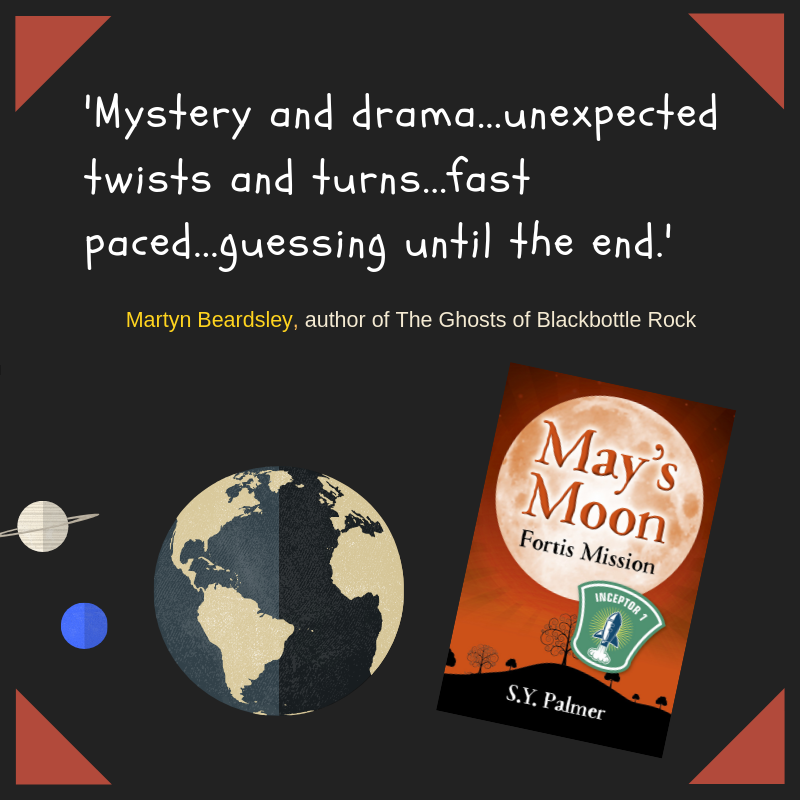
May's Moon: Fortis Mission by S Y Palmer.
"This is the kind of book I know I would have loved to have discovered when I was teenager. The space parts are realistic, and readers will find themselves rooting for Michael May, the young astronaut hero of the story. There's plenty of mystery and drama, with unexpected twists and turns thrown in...the novel moves along at a fast pace and keeps you guessing until the end."
KS2 School Workshops
Inspiration all around
When I’m not scribbling in notebooks or thinking of new stories and characters, I love to spend time with my family on the south coast.
The light, salty taste in the air, horizon views, colours and constant motion of the sea, all have such positive effects on me. I get down to the coast when I can and below are some of my favourite coastal images and locations that have inspired my writing.
Click on any photo to see a larger version or to move through all the photos at maximum size. Use the ⯈ and ⯇ icons to move back and forward or use your navigation arrows on your keyboard.
My Inspiration for The Shell Secret
- Wonderful Wantage Library Craft
- Cornish Harbour Wall
- The back of 7 Arwenack Street, Falmouth
- 7 Arwenack Street Garden, Falmouth
- The Paragon Cafe, Falmouth, in the 1940s
- The Cornish Bakery, Falmouth
- My great, great grandparents.
- Looking out to see
- Mudeford Spit, Dorset
- Cornish Coastal Path
- Flat Periwinkles
- Ribadesella, Spain
- Slipper Limpet
- Avon Beach, Dorset
- Slipper Shells on Avon Beach, Dorset
- Pacific Oysters on Ribadesella Beach
- Common Whelk, Dorset
- Common Whelk in Southsea
- Cliffs of Hell, Ribadesella
- Carpet Shell and Cockle
- Gorse in Poole
- Shell Treasure, Keyhaven Marshes
- Sea Pink (Thrift) Flowers
- Common Periwinkle
- Sea Pink Flowers
- Sunset in Christchurch Harbour, Dorset
- Scallop
- Sea Pink Flowers
- Shell Secret Collage
- St Mawes, Cornwall
- Cockle Shells
- Bladderwrack Seaweed
- Flat Periwinkle – Credit: Heather Buttivant – Cornish Rock Pools
- Rock Goby – Paul Naylor – marinephoto.co.uk
- Grand archways in Norman castles
- Spiral stone staircase in Norman Castle
- Boat mooring in a Cornish harbour
- Little Dennis Blockhouse, Falmouth
- Granite Sea Walls
- Cornish granite wall with wild pink Osteospermum flowers.
- Cornish rockpool shells
- Yellow flat periwinkle on bladderwrack seaweed in Cornwall.
- Snakelocks Anemone – Credit: Heather Buttivant, Cornish Rock Pools
- Green Shore Crab – Credit: Heather Buttivant, Cornish Rock Pools
- Green Shore Crab – Credit: Heather Buttivant, Cornish Rock Pools
- Grey sea slug eating anemone and turning pink – Credti: Heather Buttivant, Cornish Rock Pools
- Snakelocks Anemone – Credit: Heather Buttivant, Cornish Rock Pools
- Orange flat periwinkle feeding on bladderwrack seaweed. Credit: Heather Buttivant, Cornish Rock Pools.
- Flat Periwinkle – Credit: Heather Buttivant, Cornish Rock Pools
- Common Shore Crab – Credit: Heather Buttivant, Cornish Rock Pools
- A Shore Crab carrying its eggs – Credit: Heather Buttivant, Cornish Rock Pools
- Plaidy Green Shore Crab in UV light – Credit: Heather Buttivant, Cornish Rock Pools
- The Beadlet anemone below water. Credit: Heather Buttivant, Cornish Rock Pools
- Spider Crab with Snakelocks anemone – Credit: Heather Buttivant, Cornish Rock Pools
